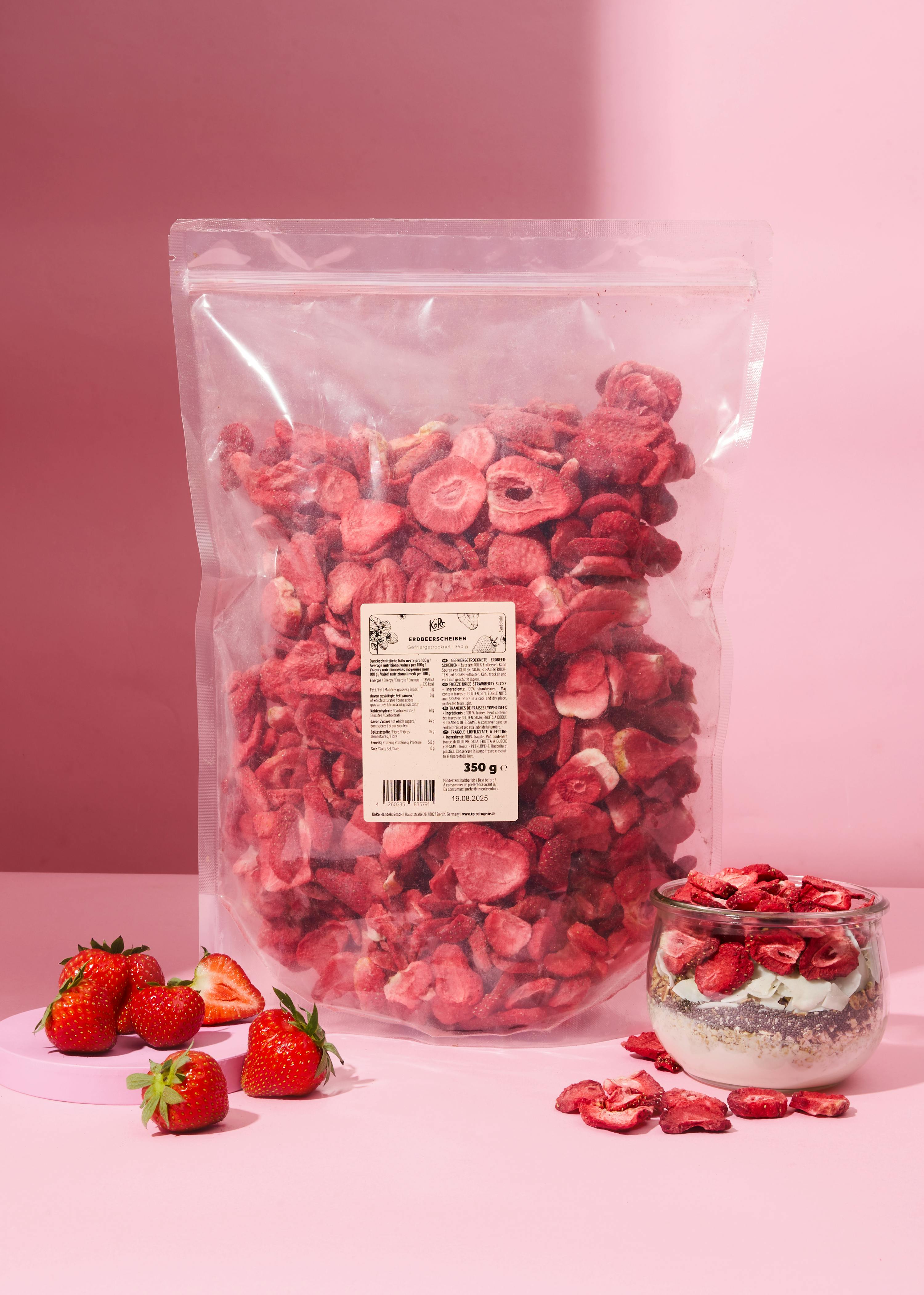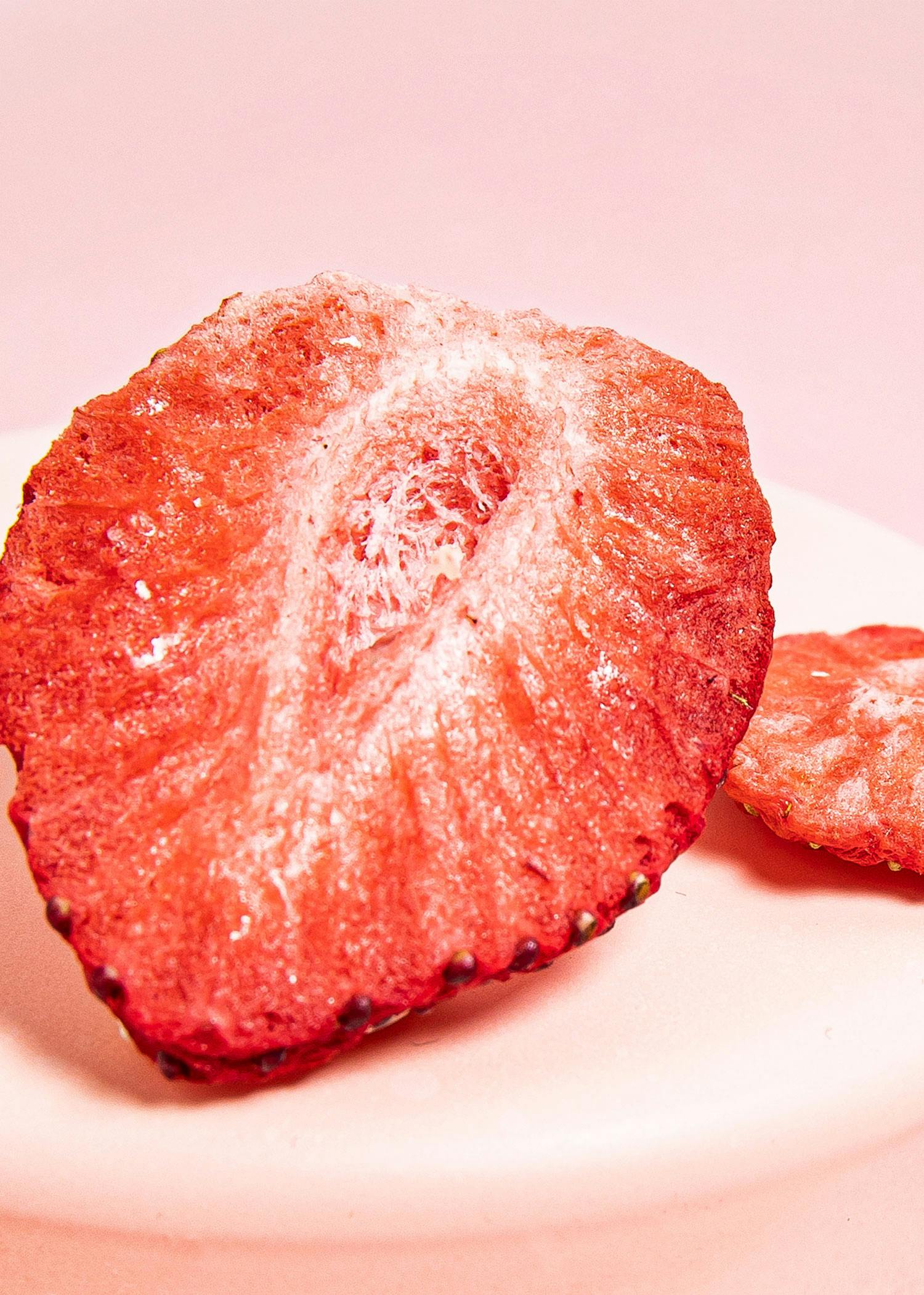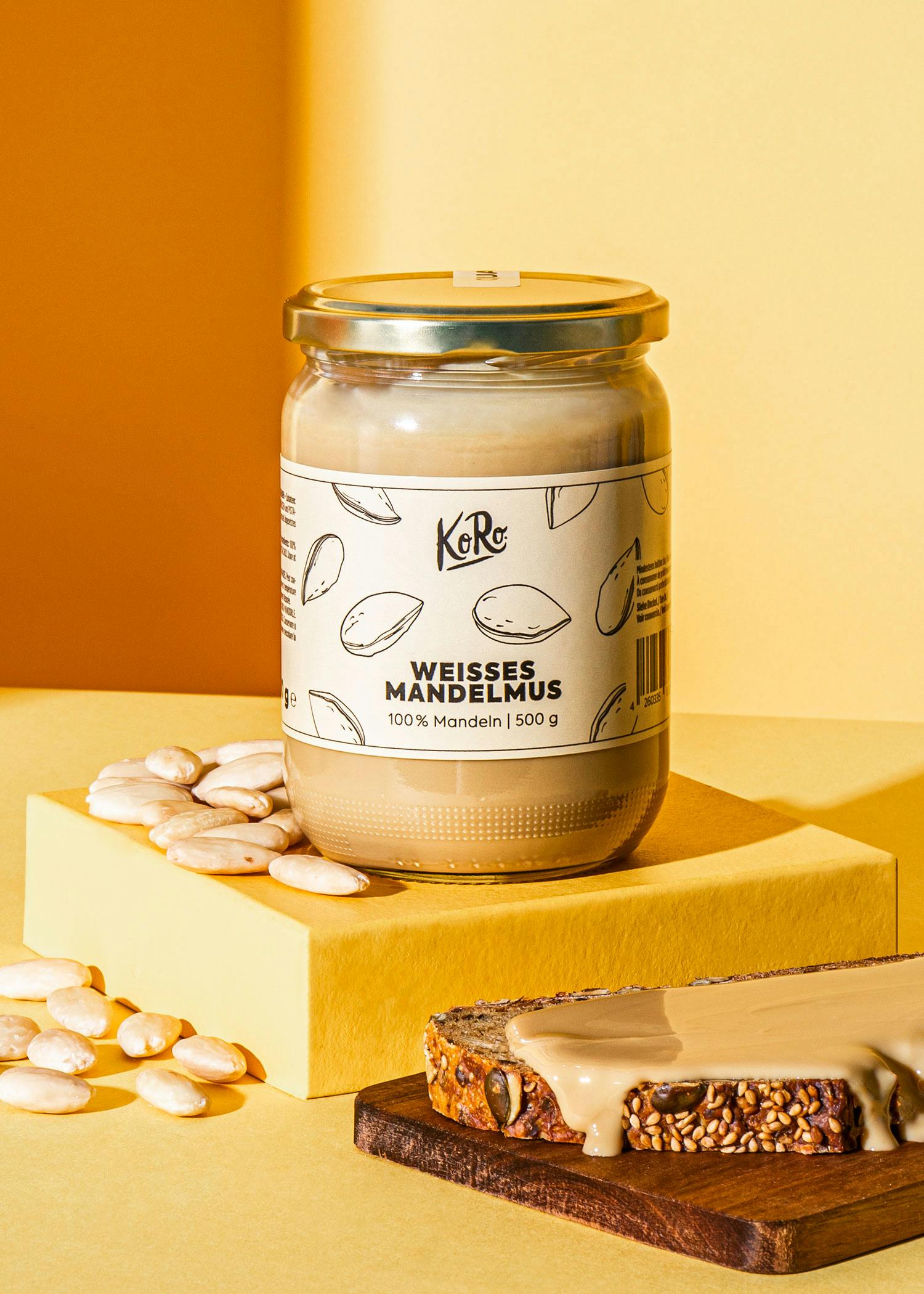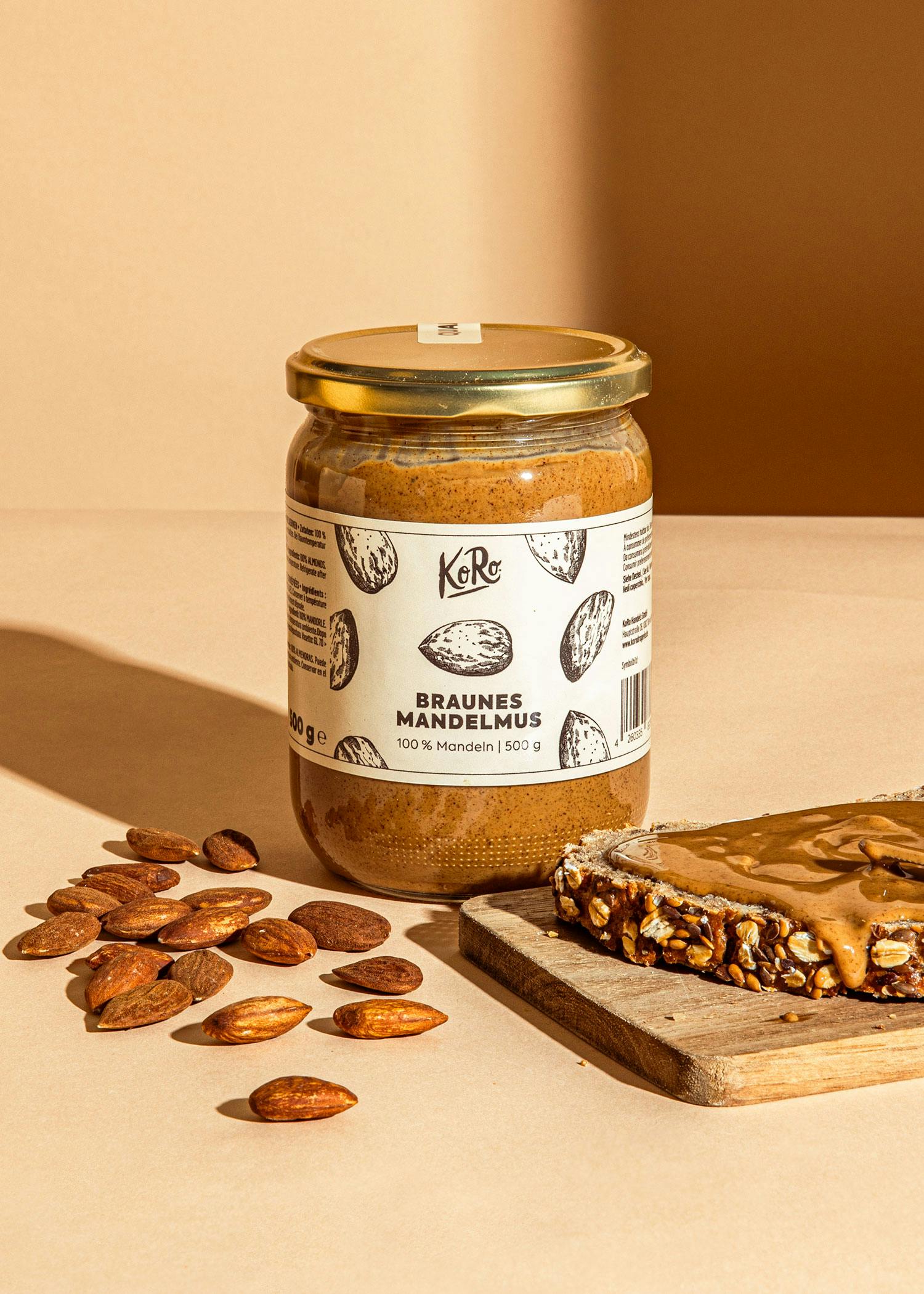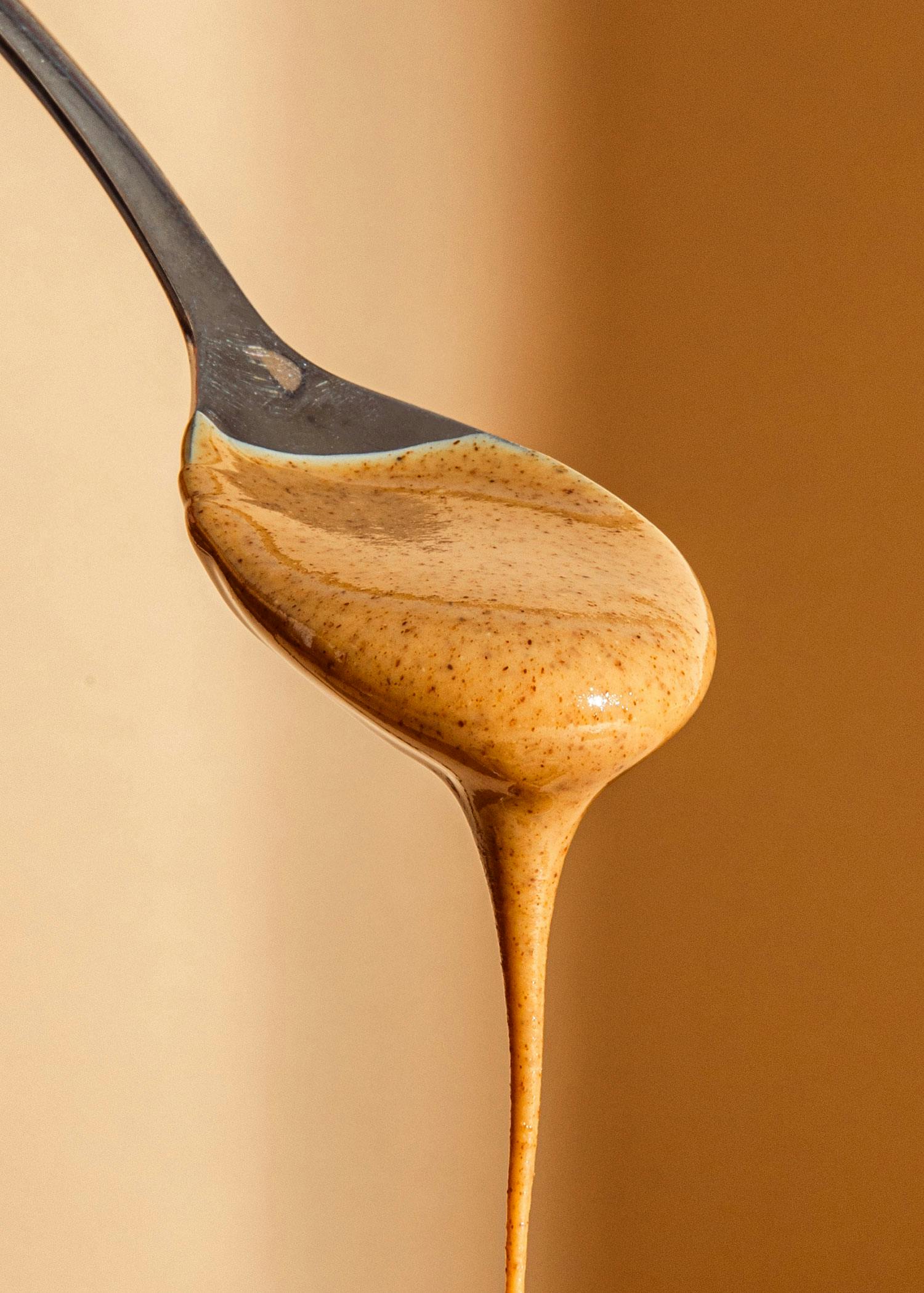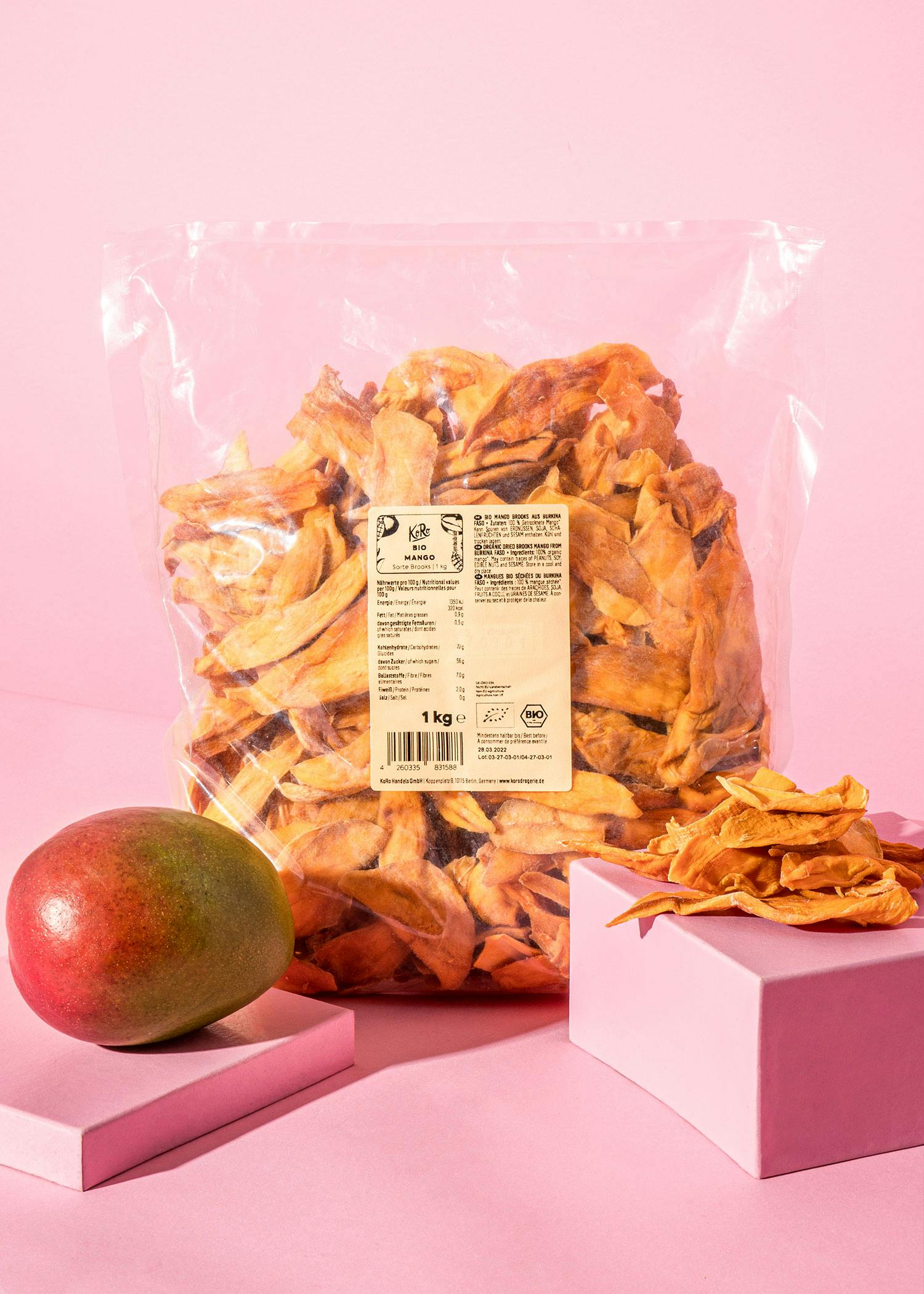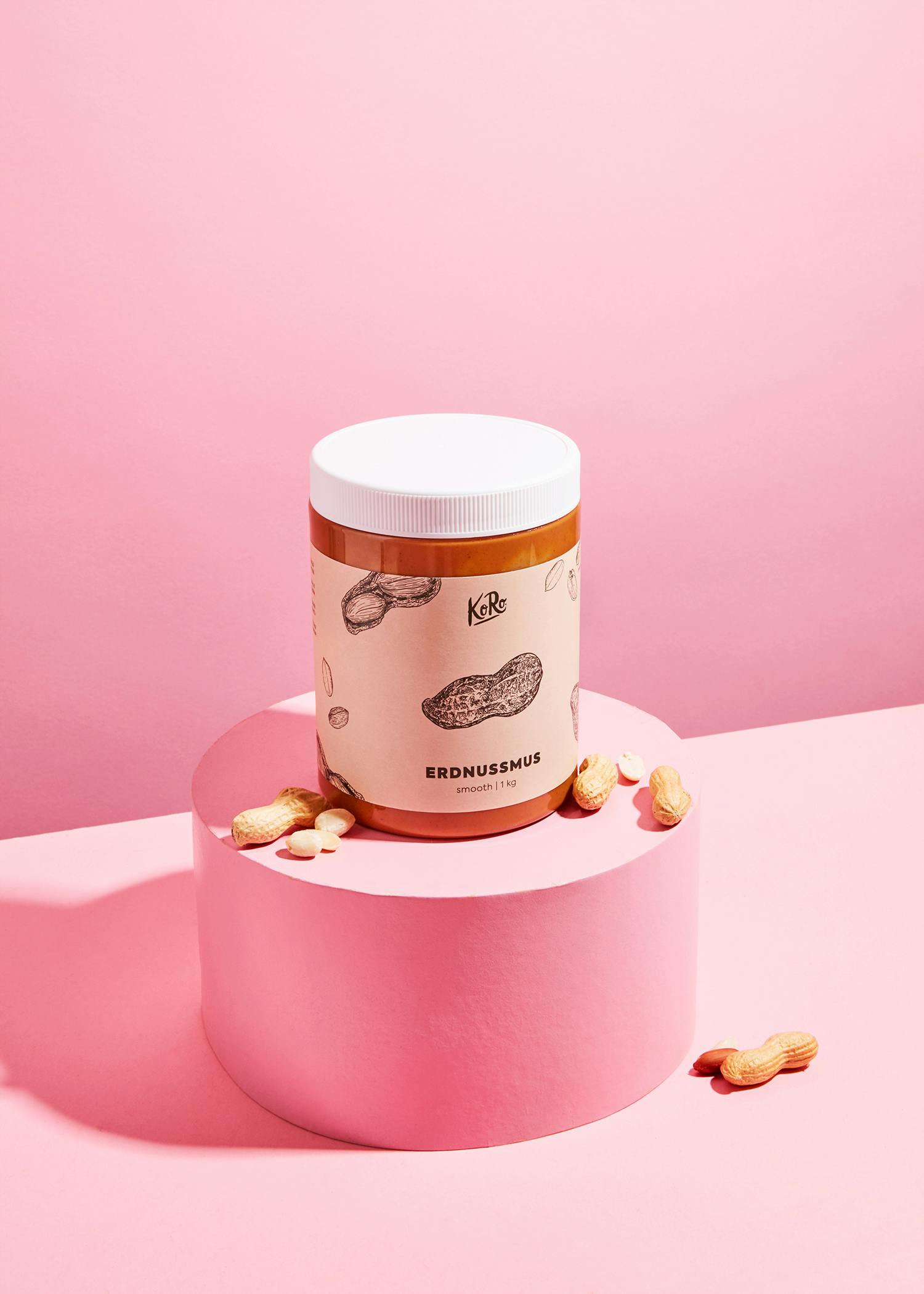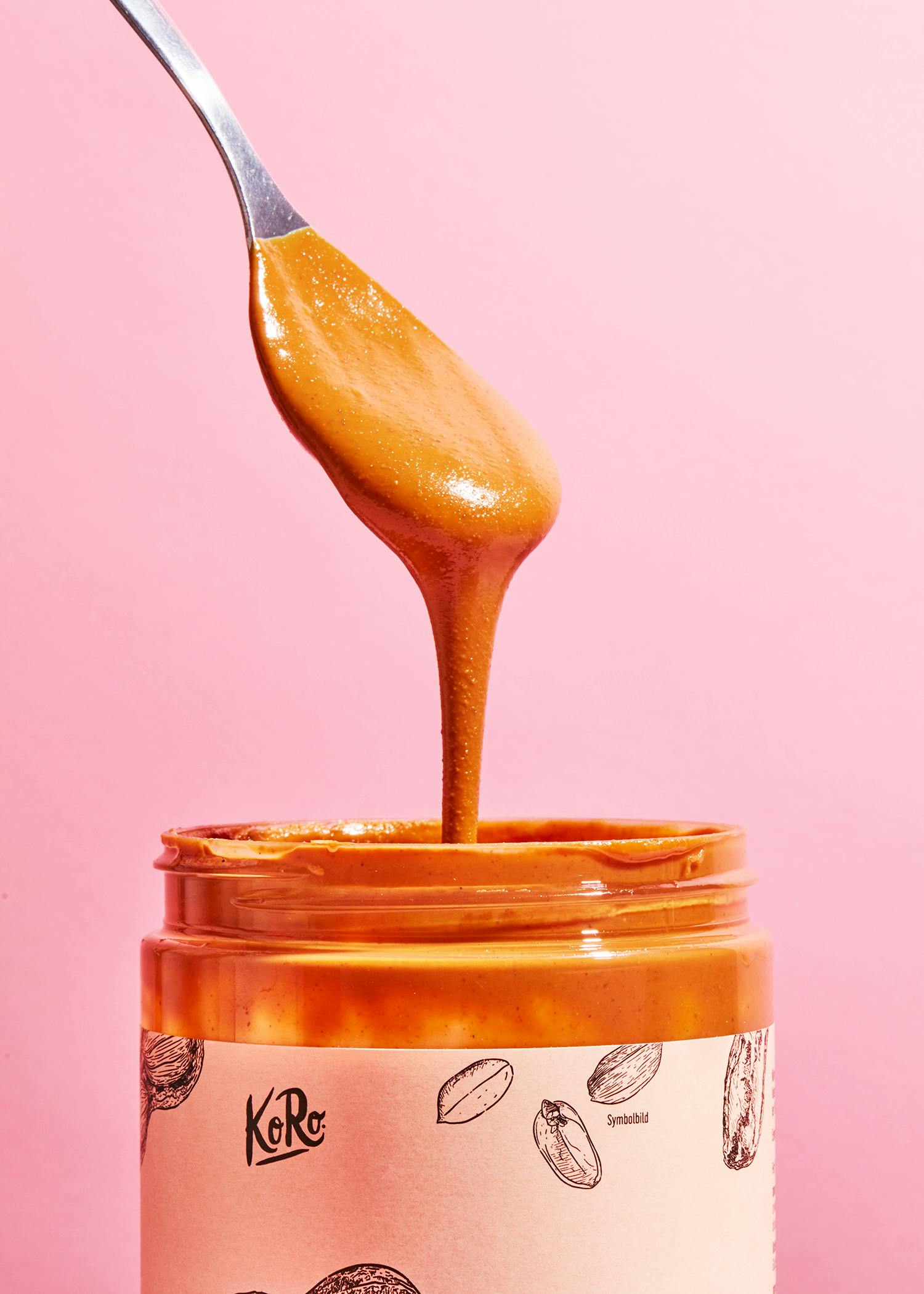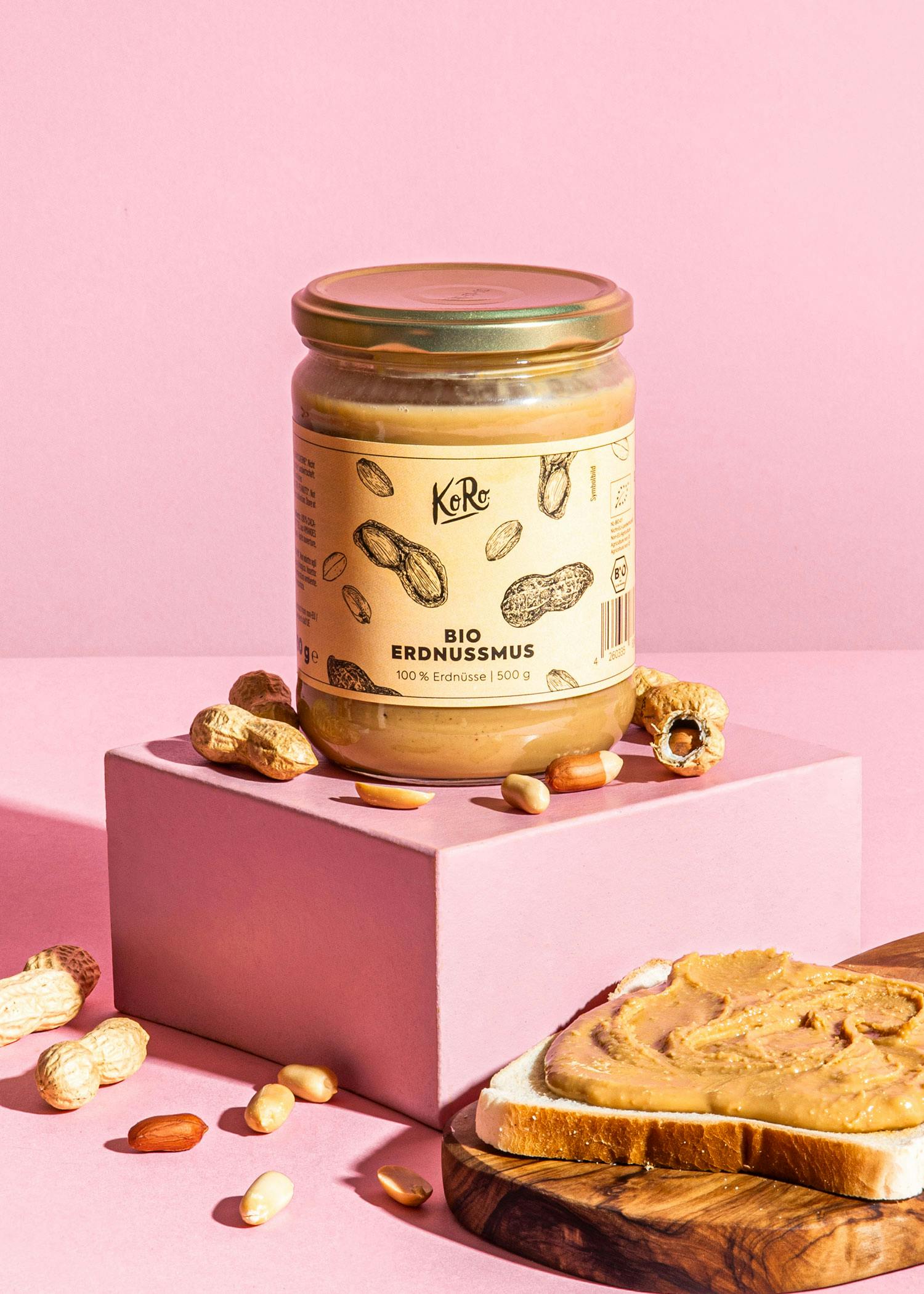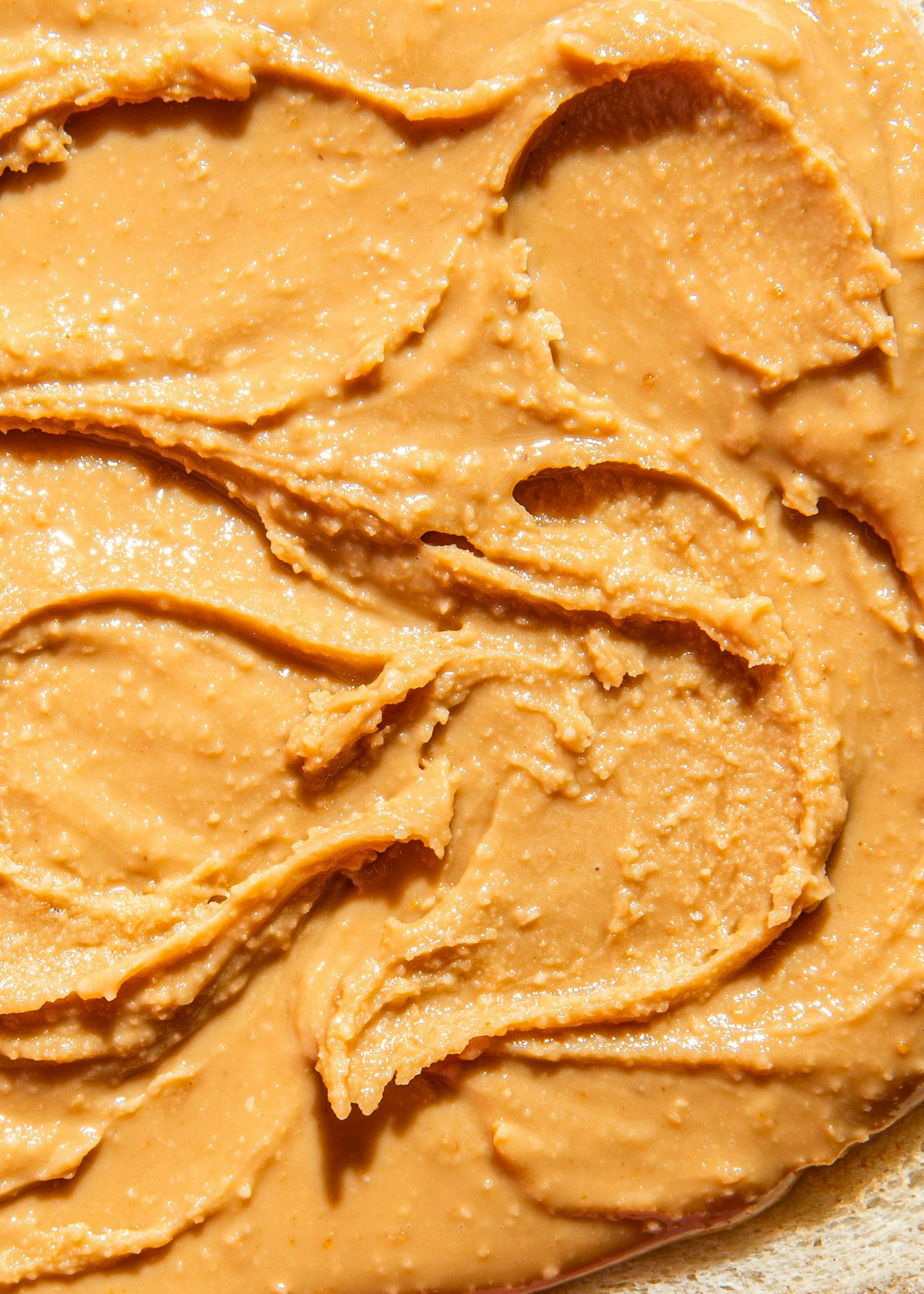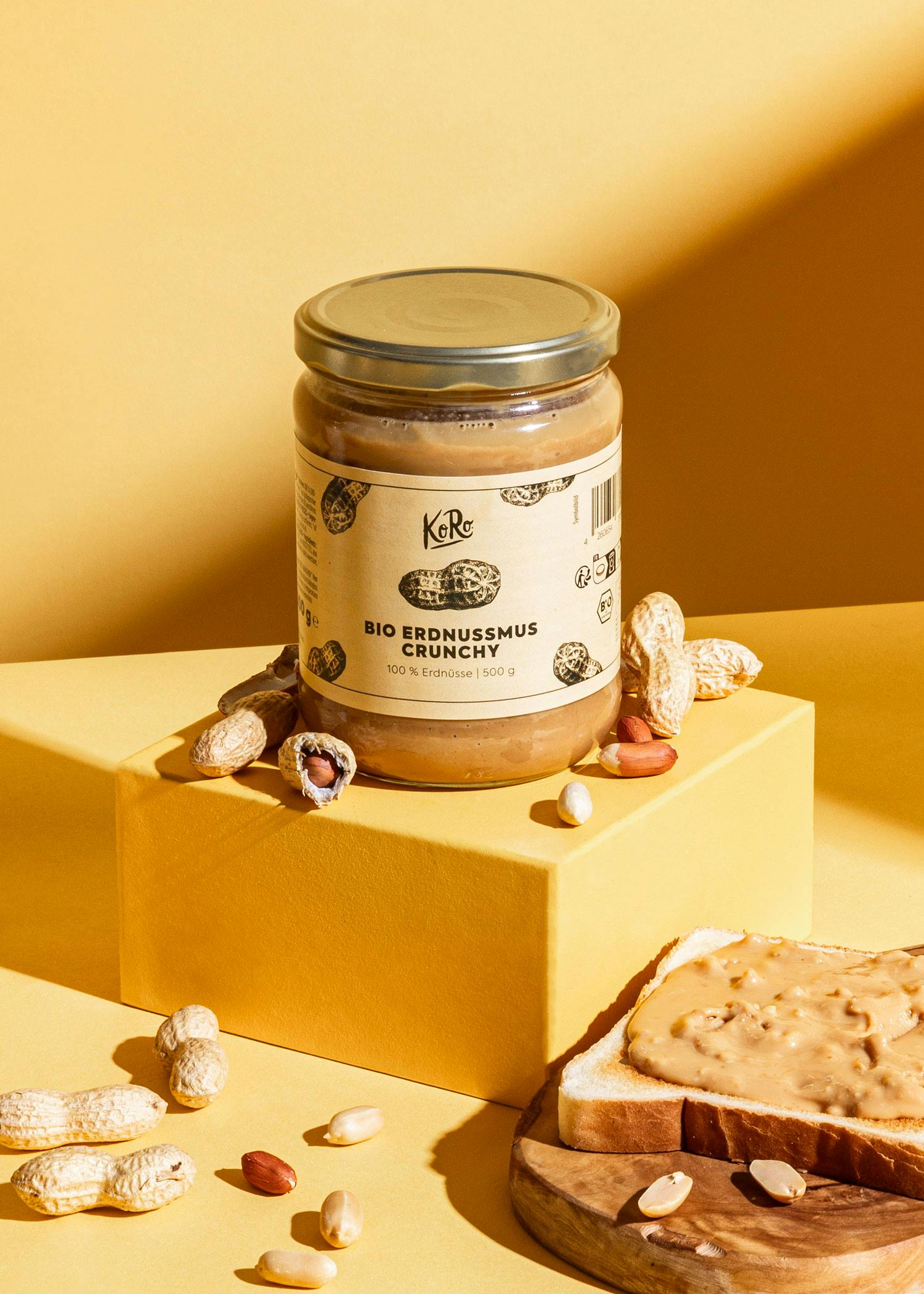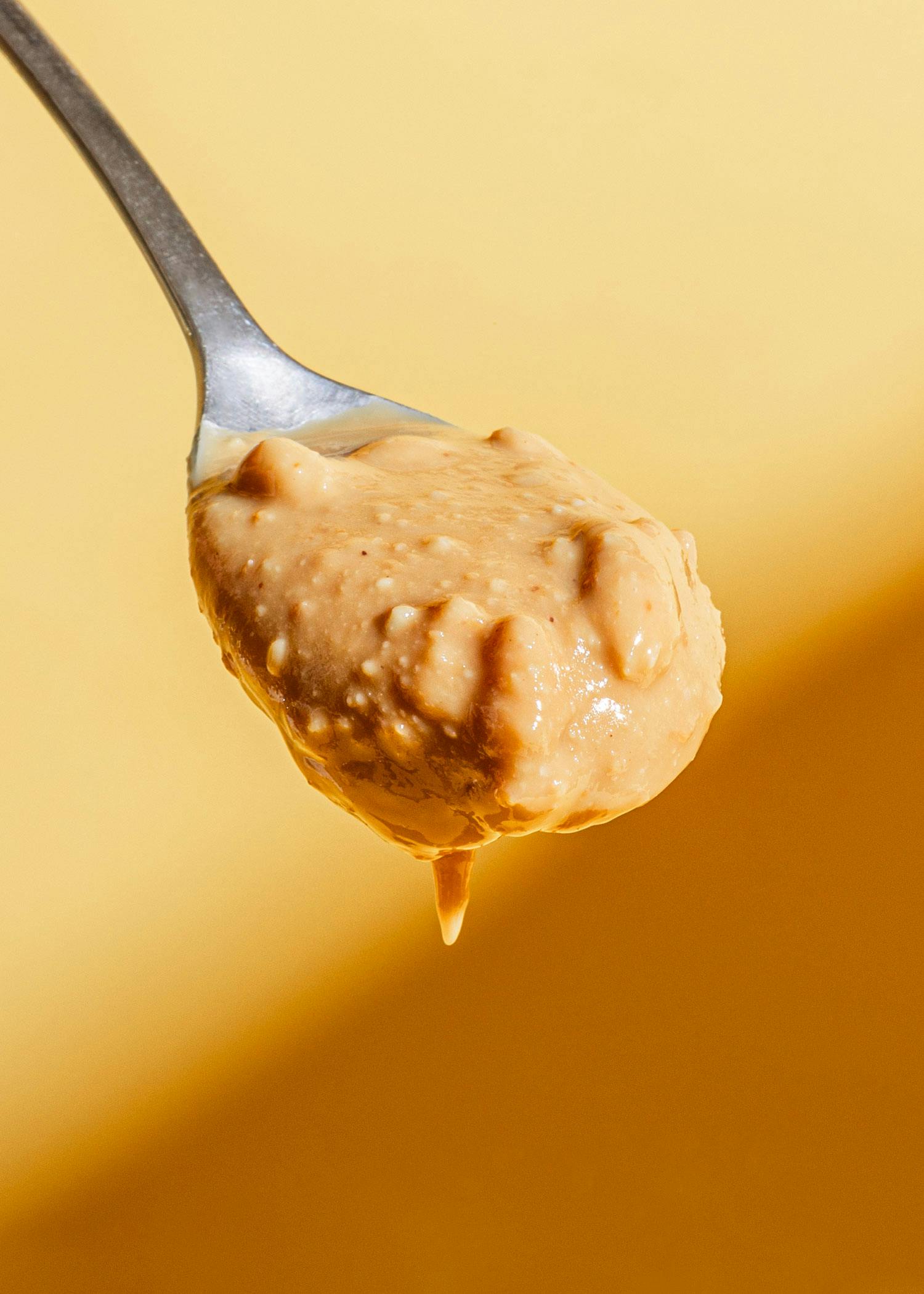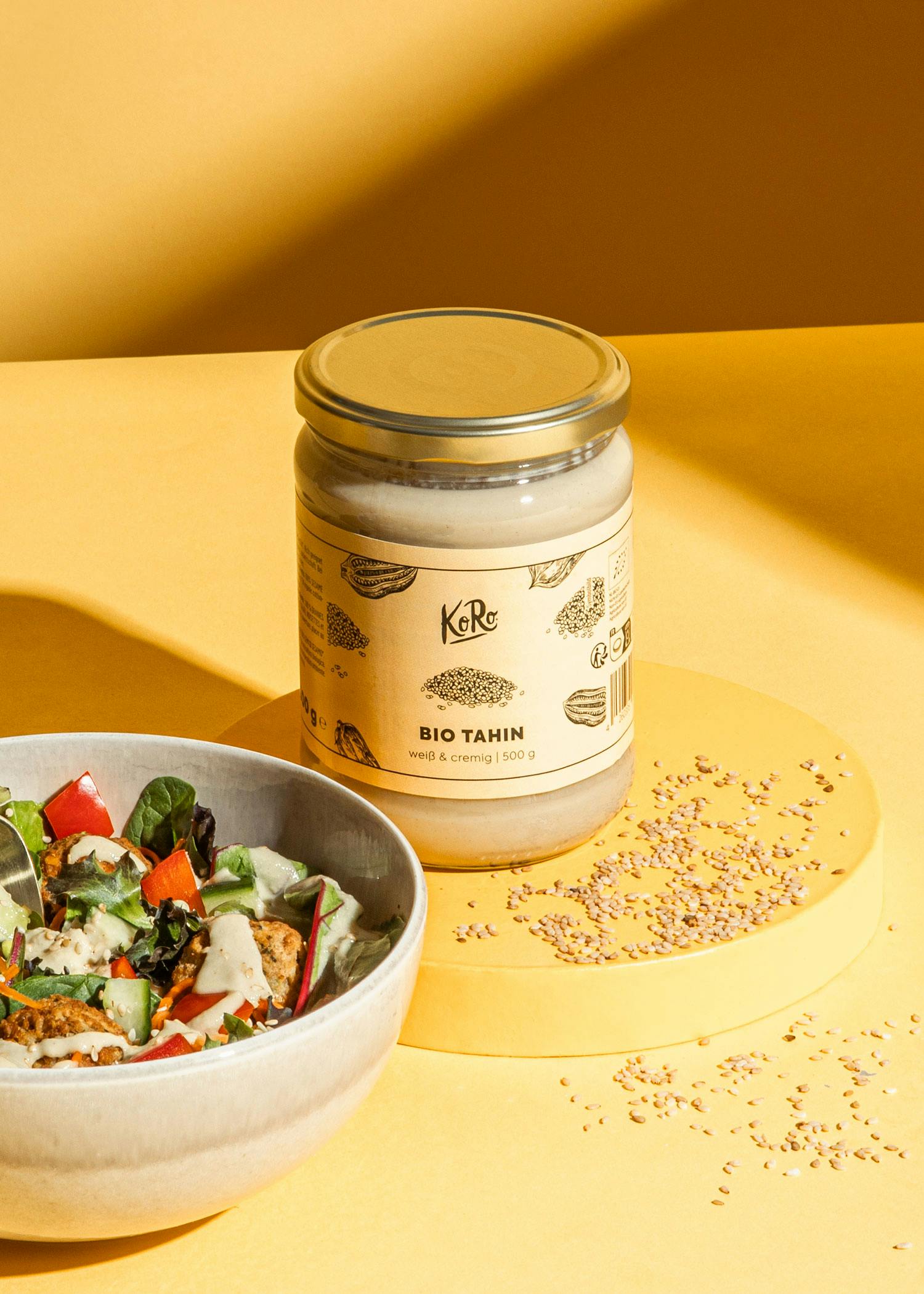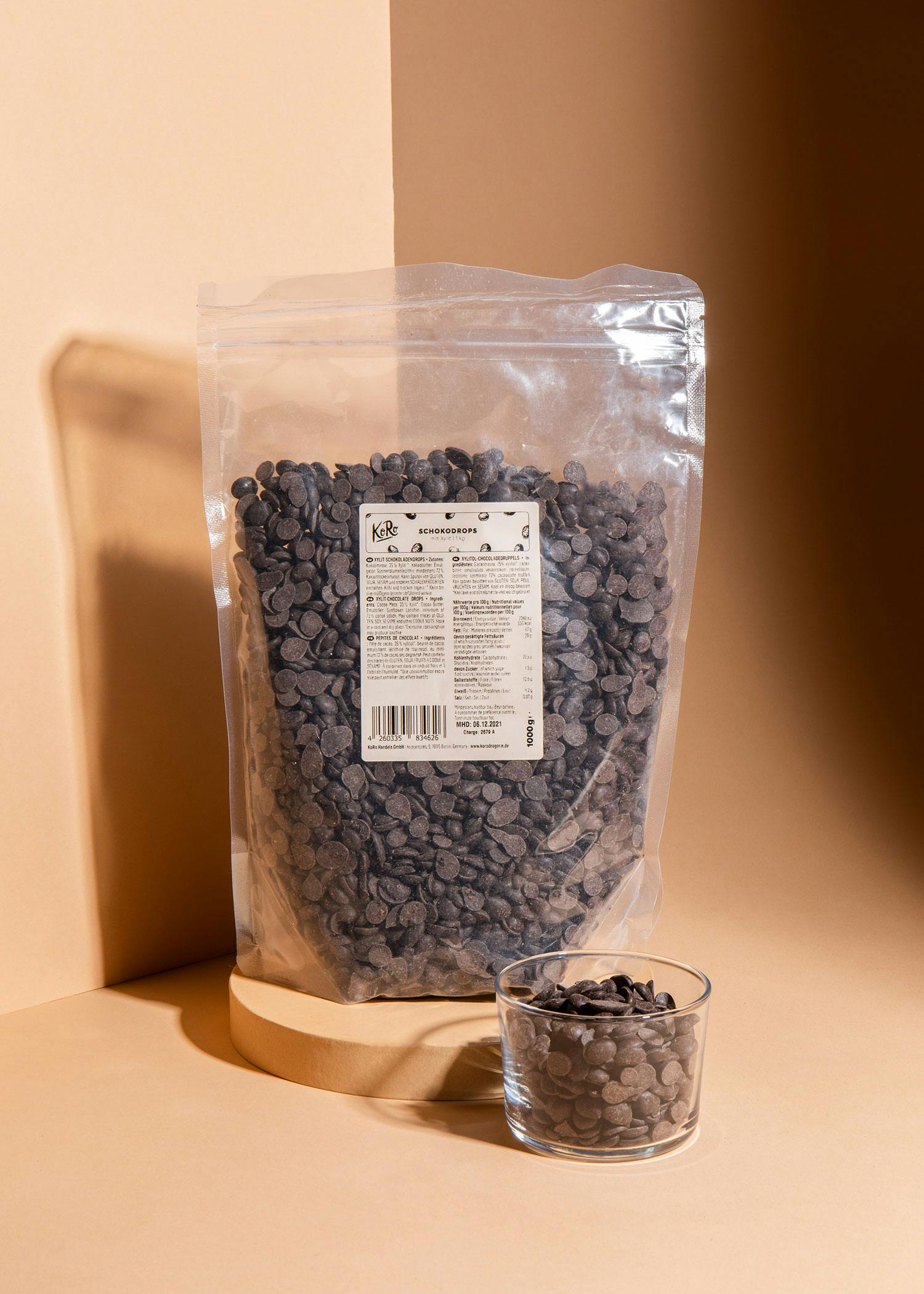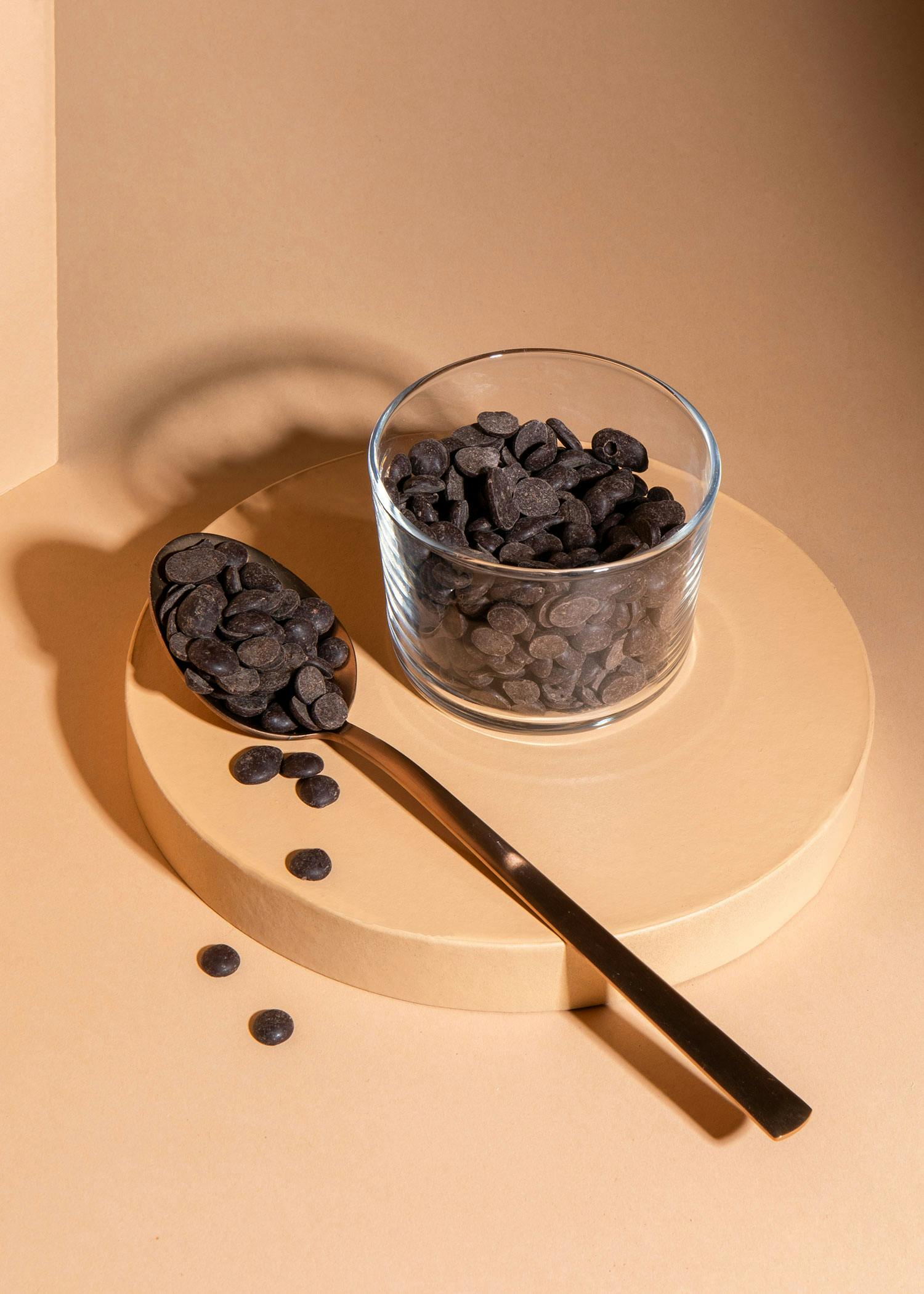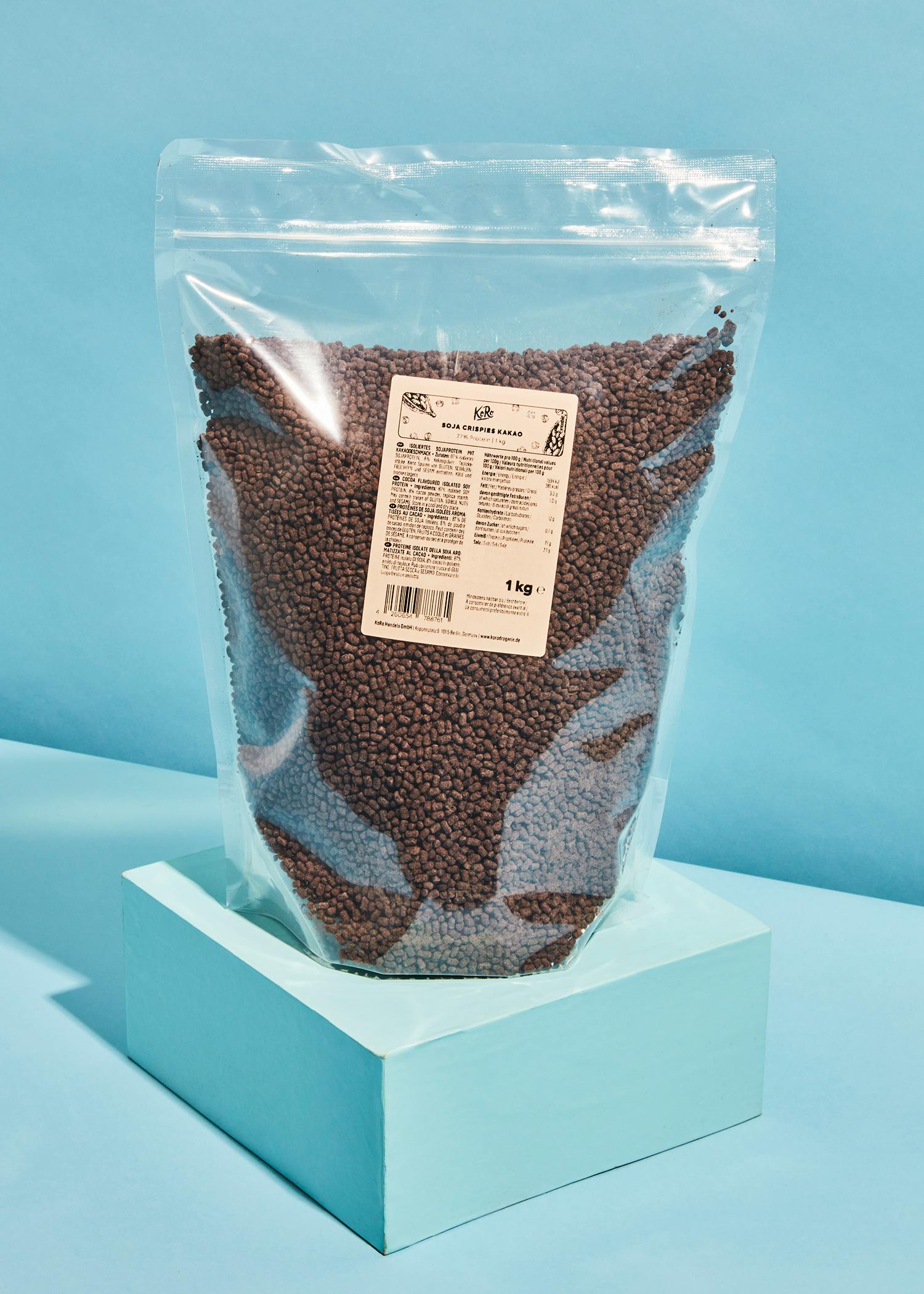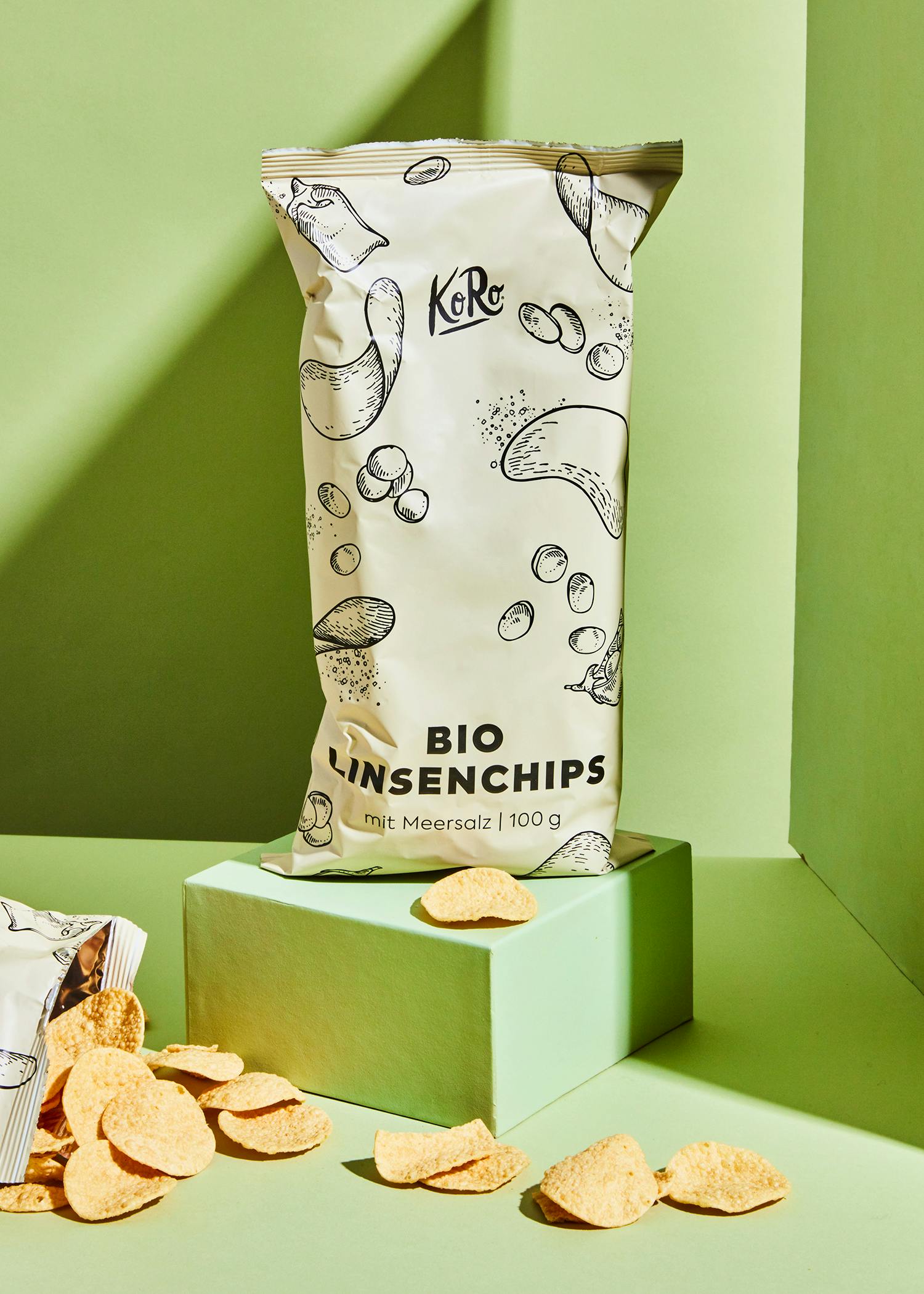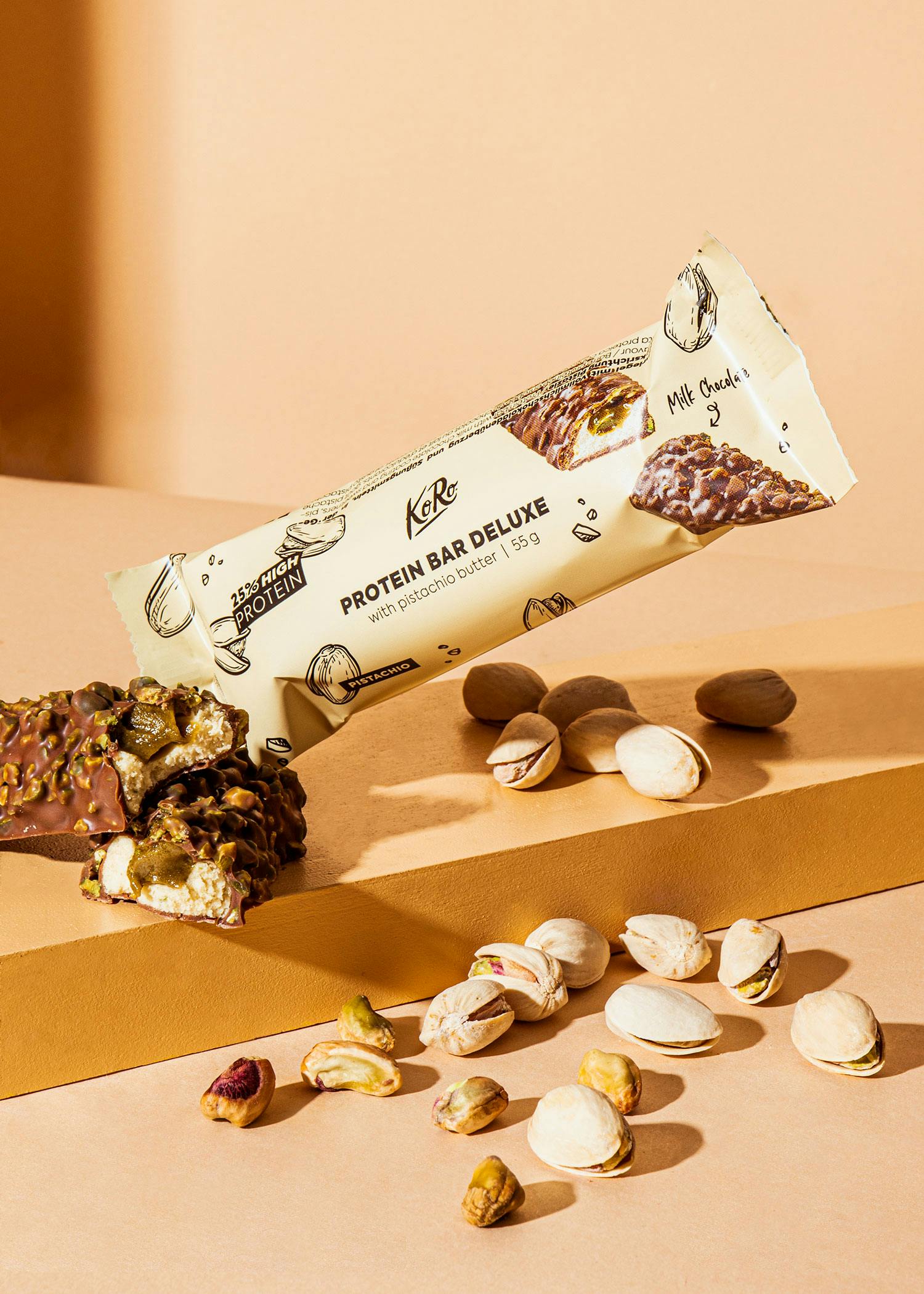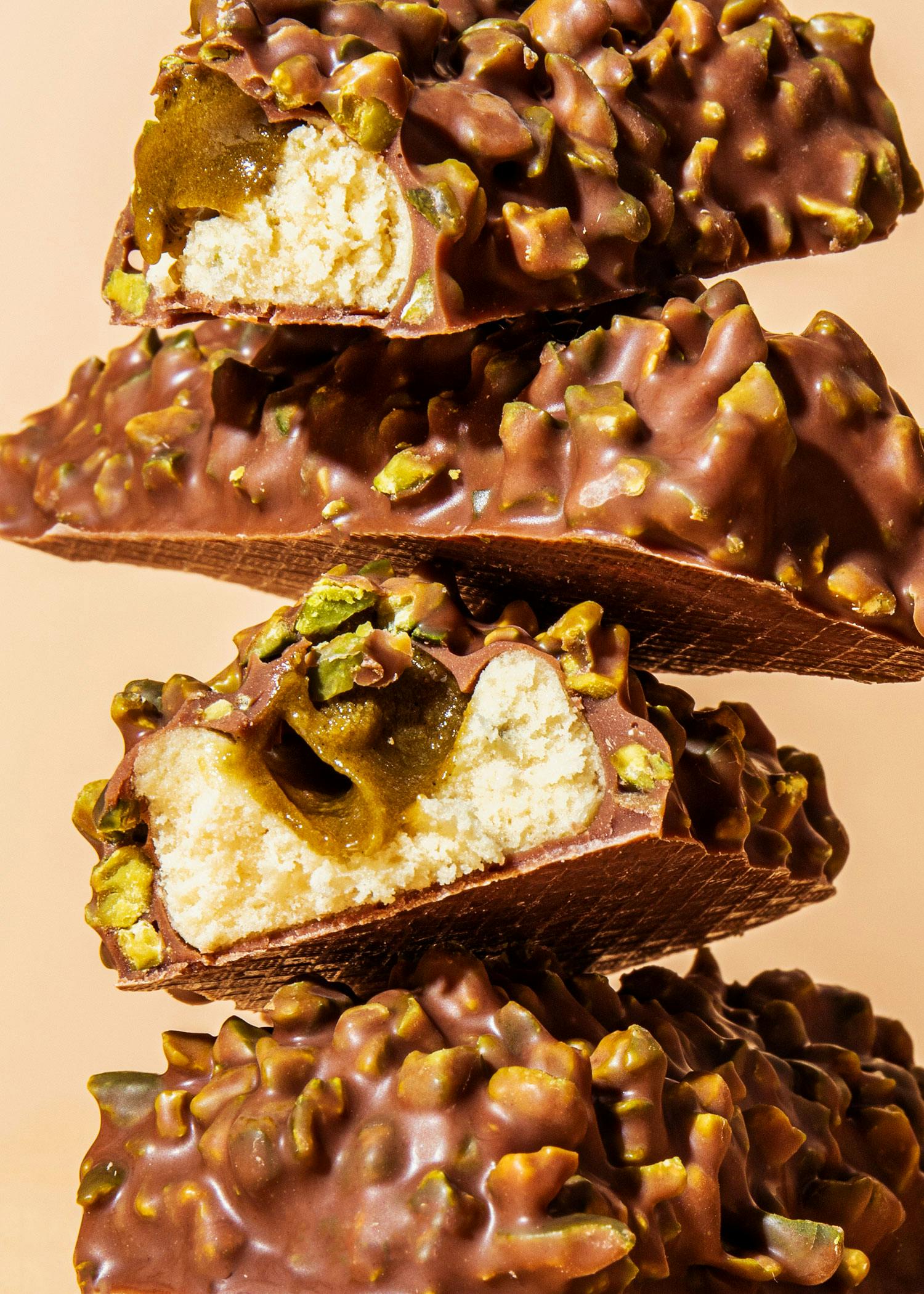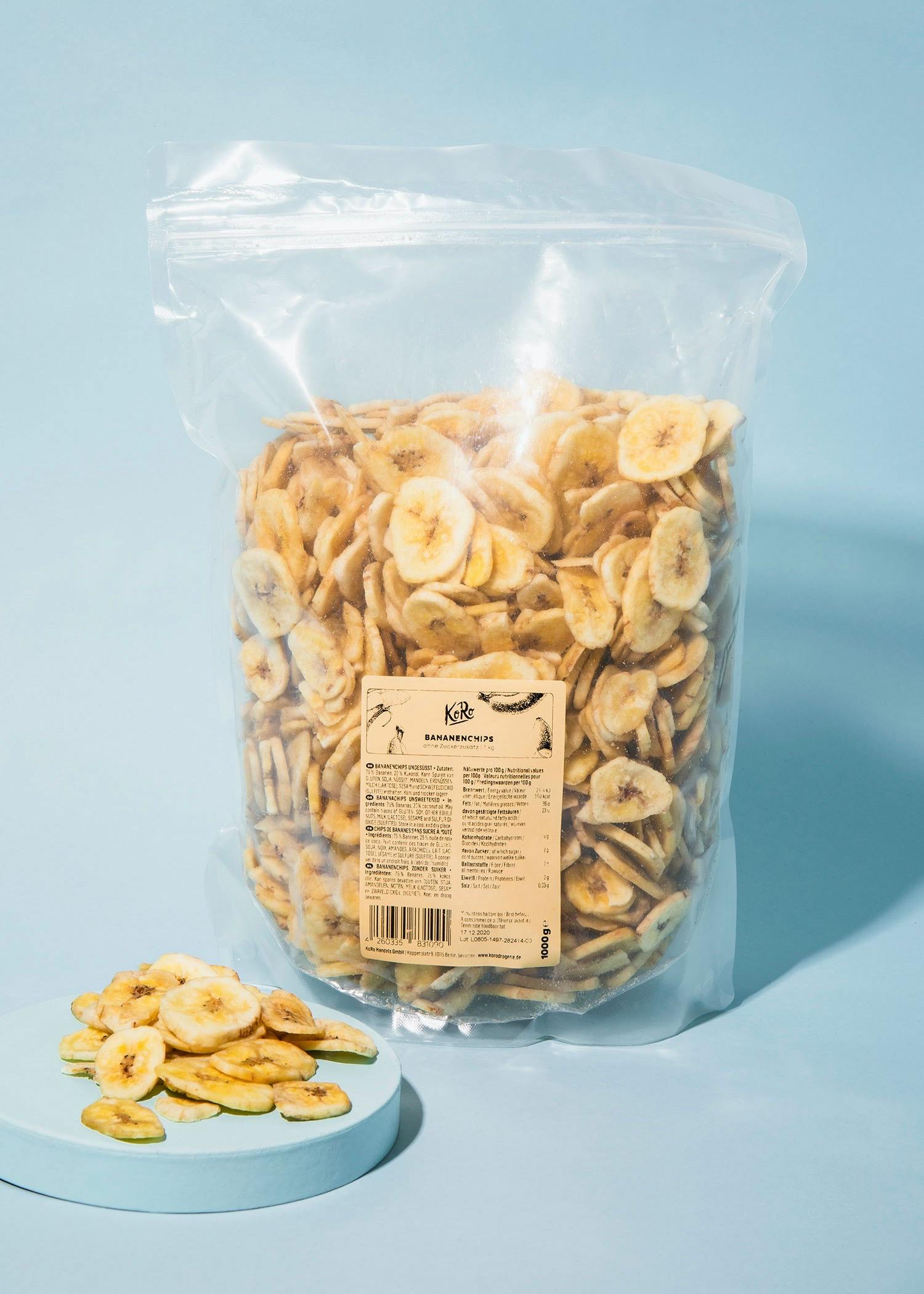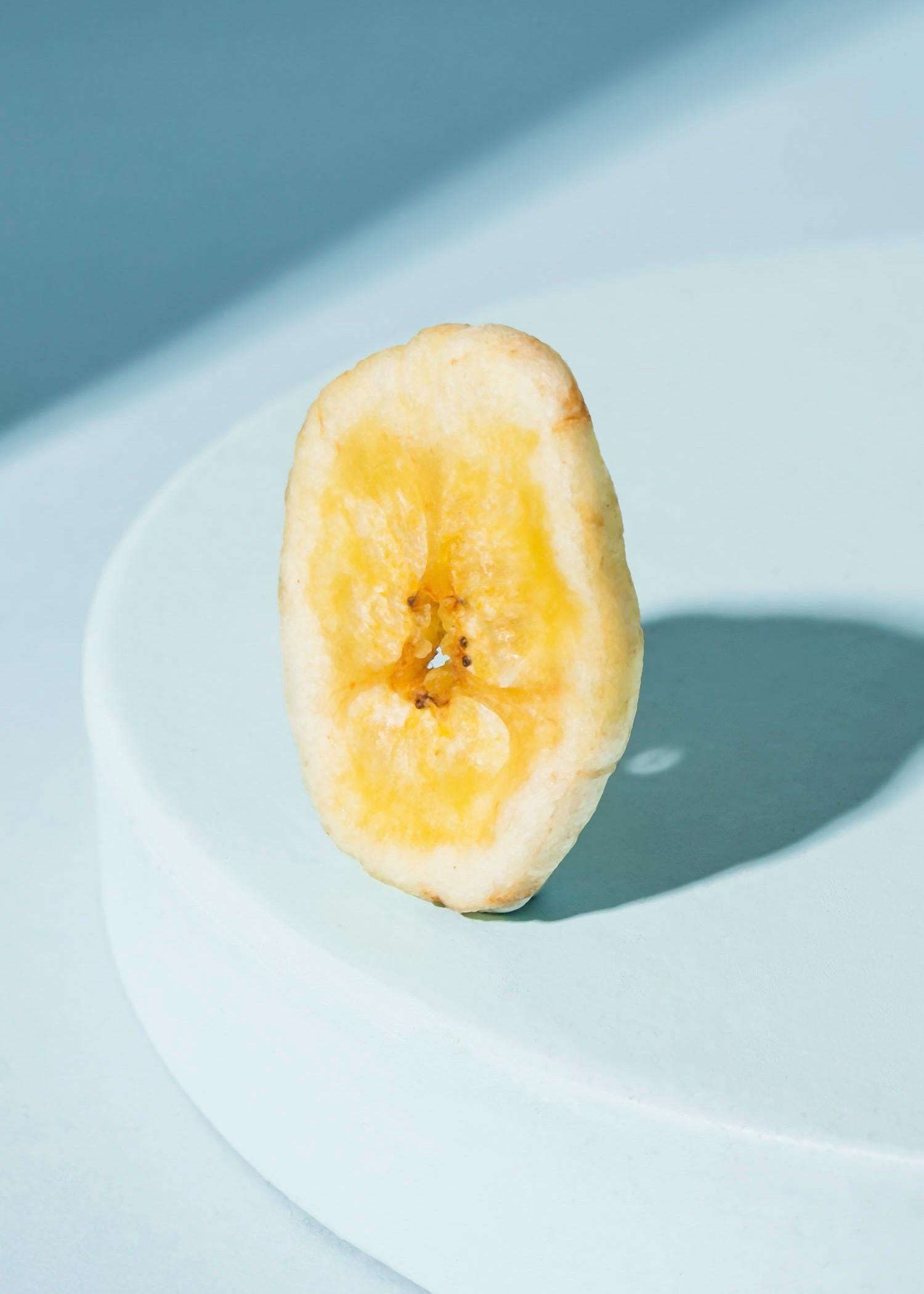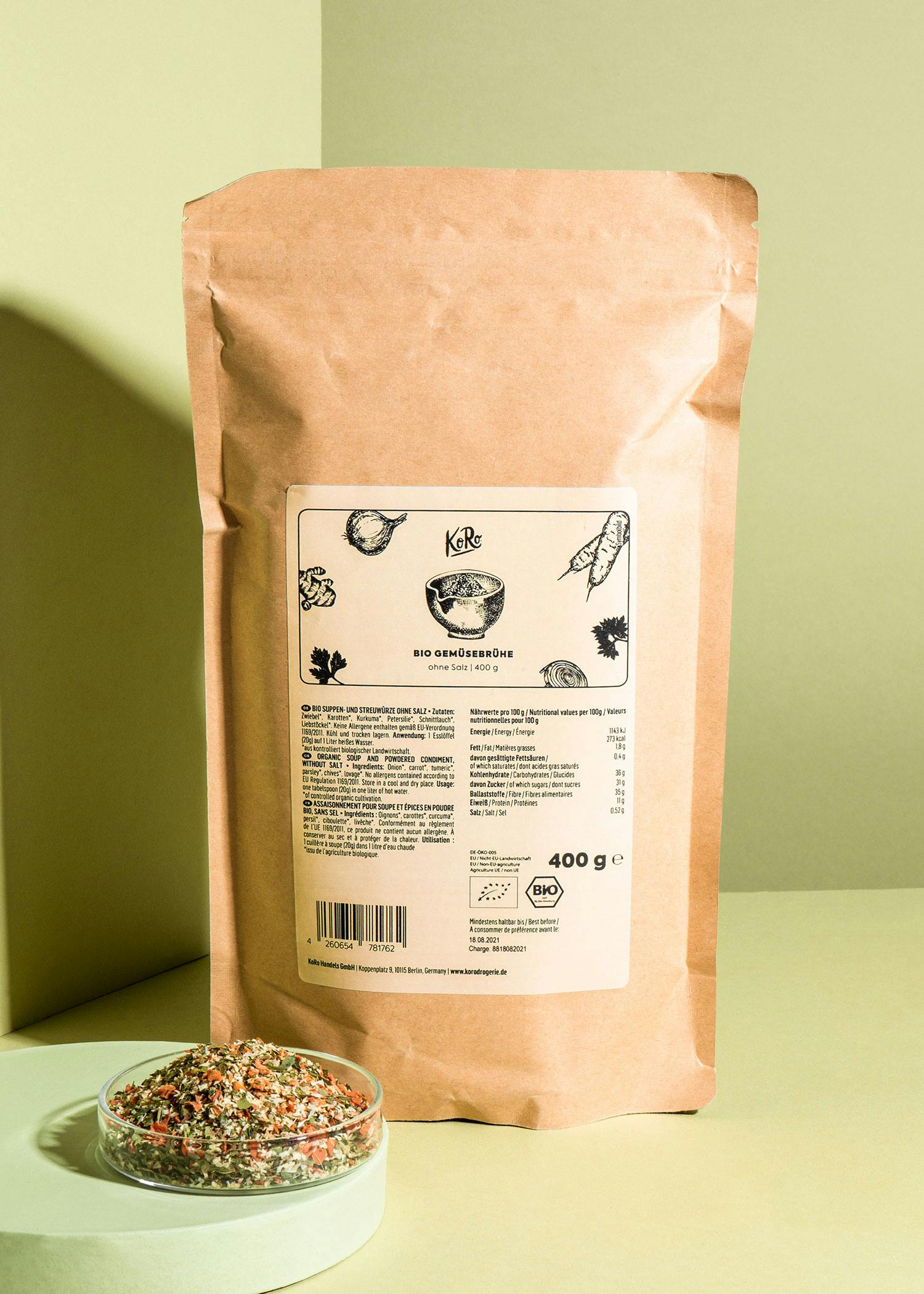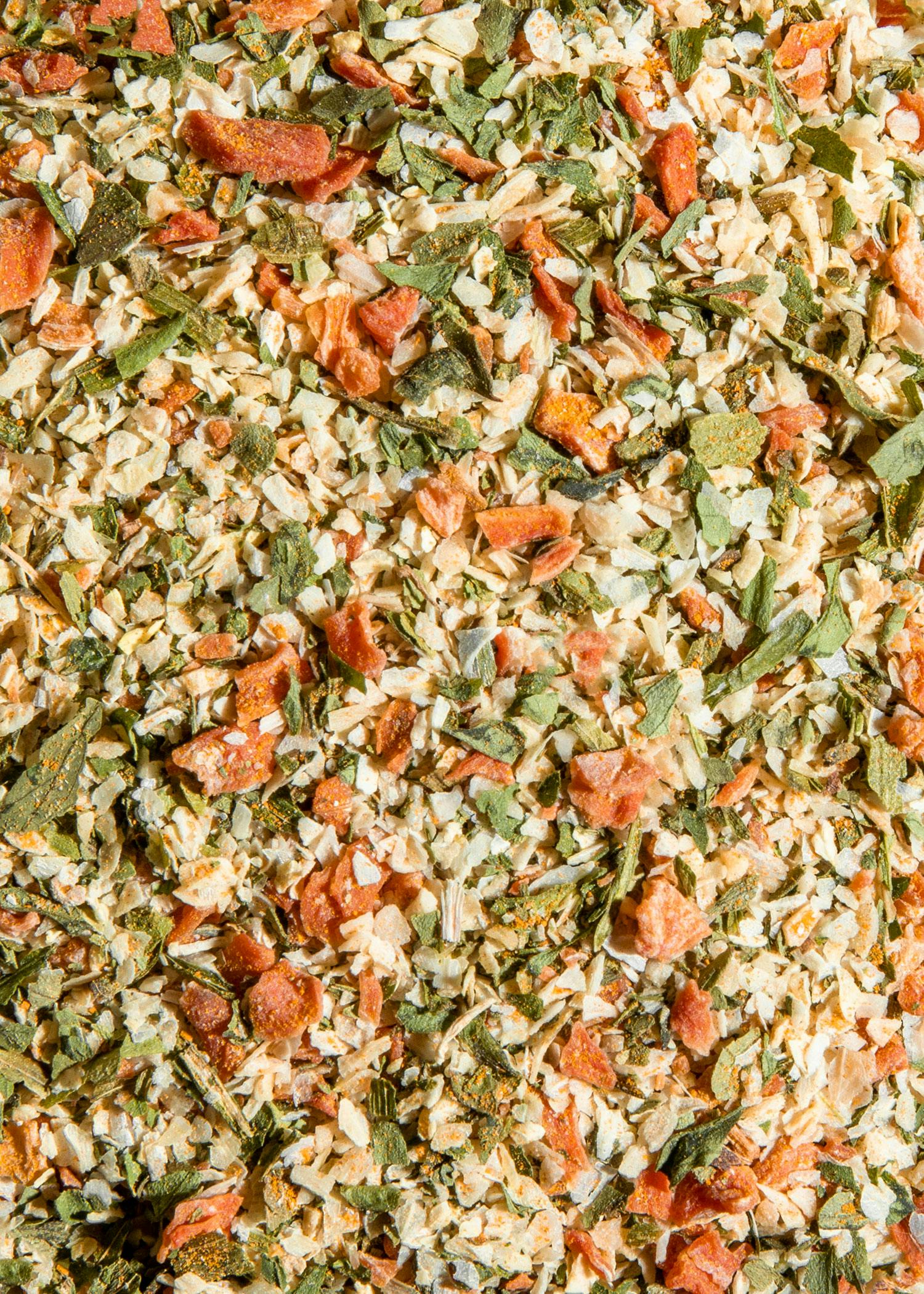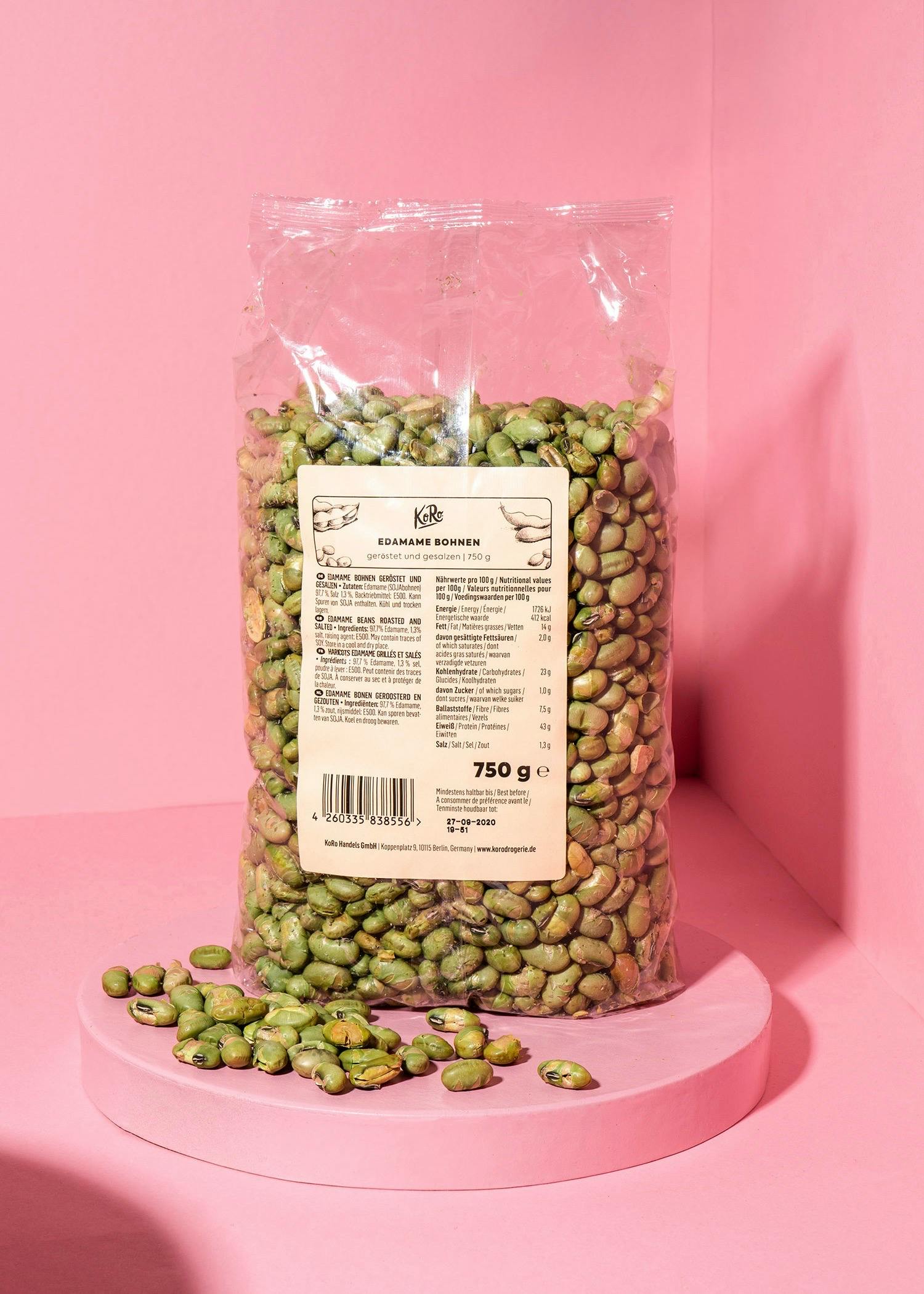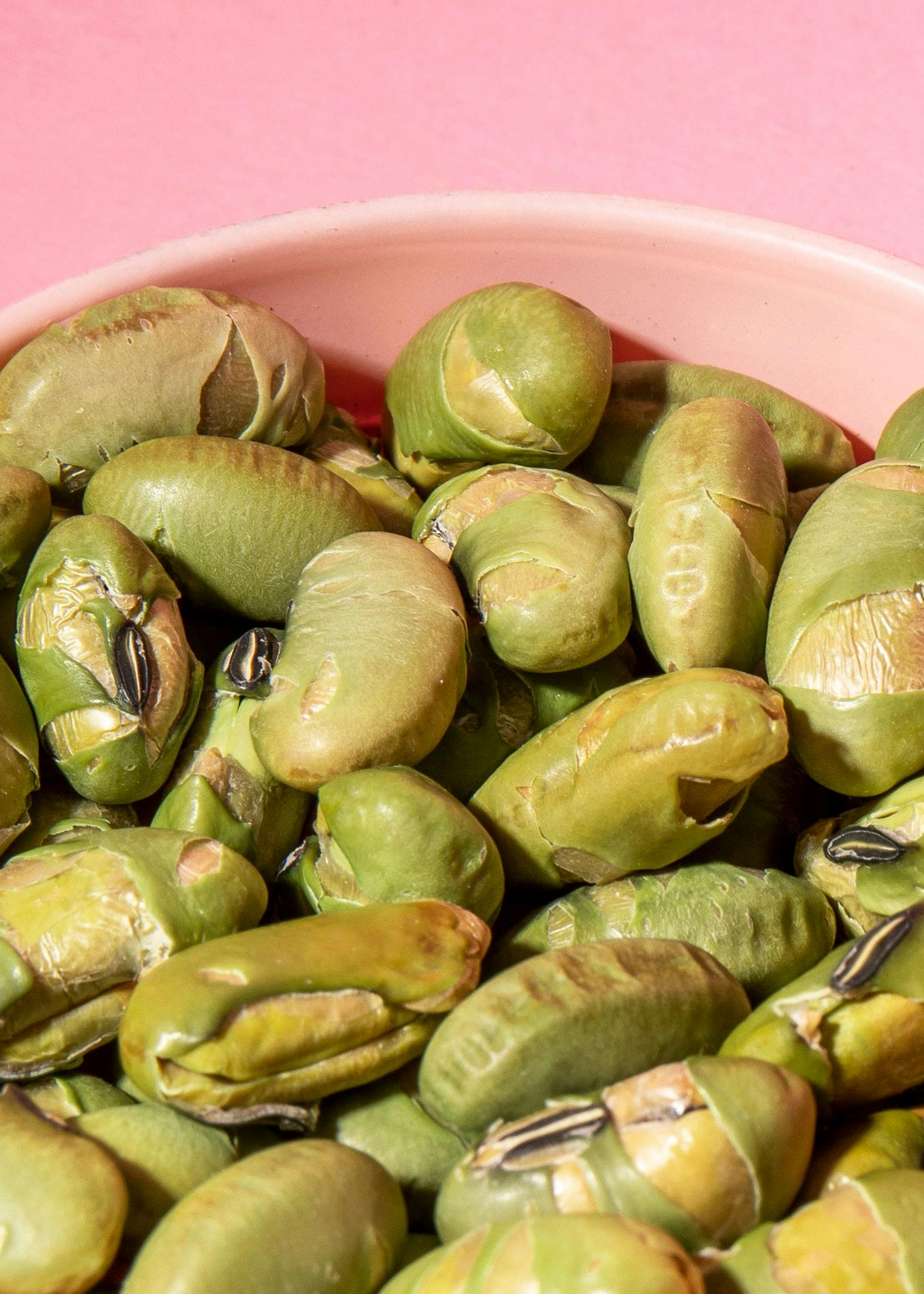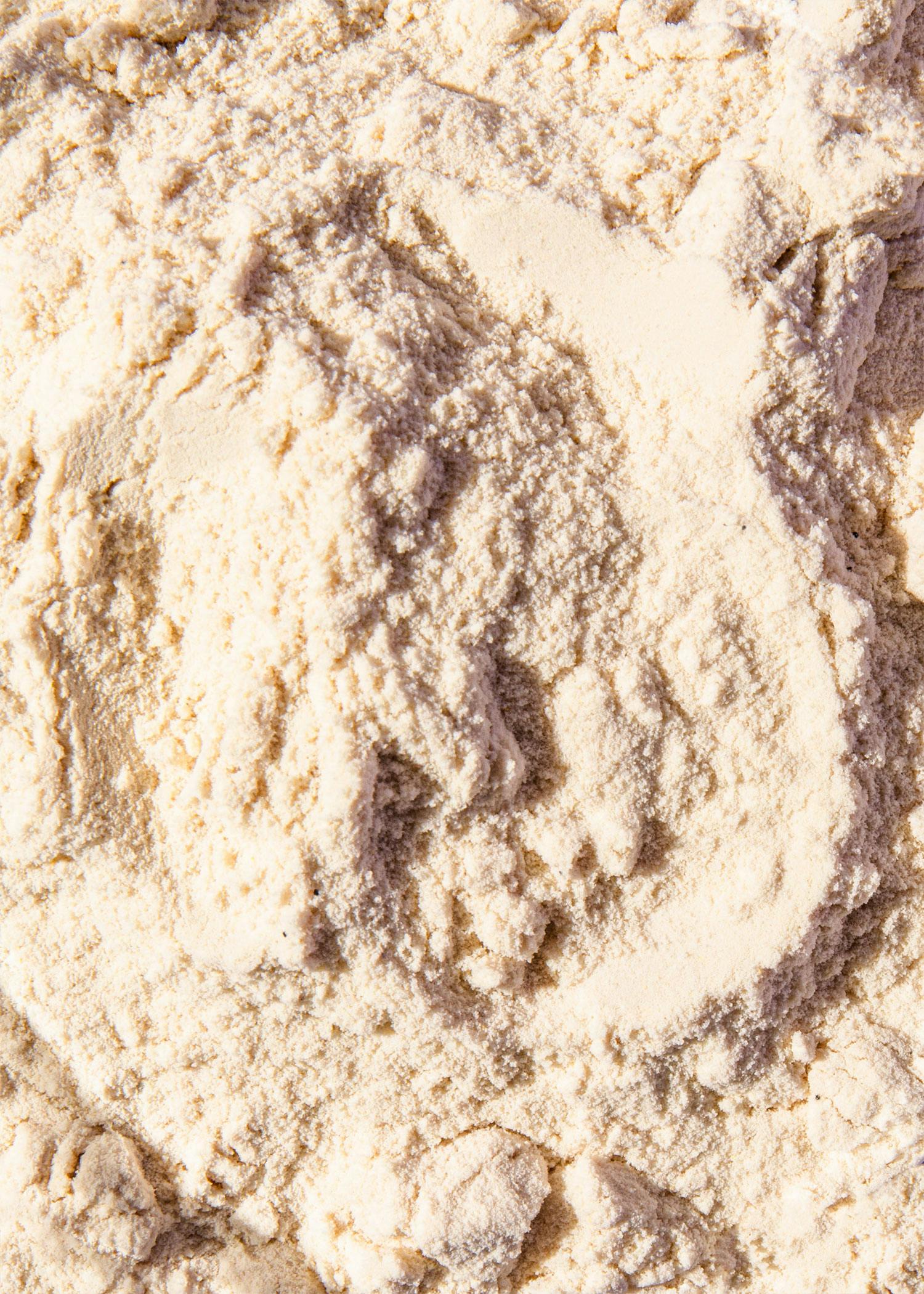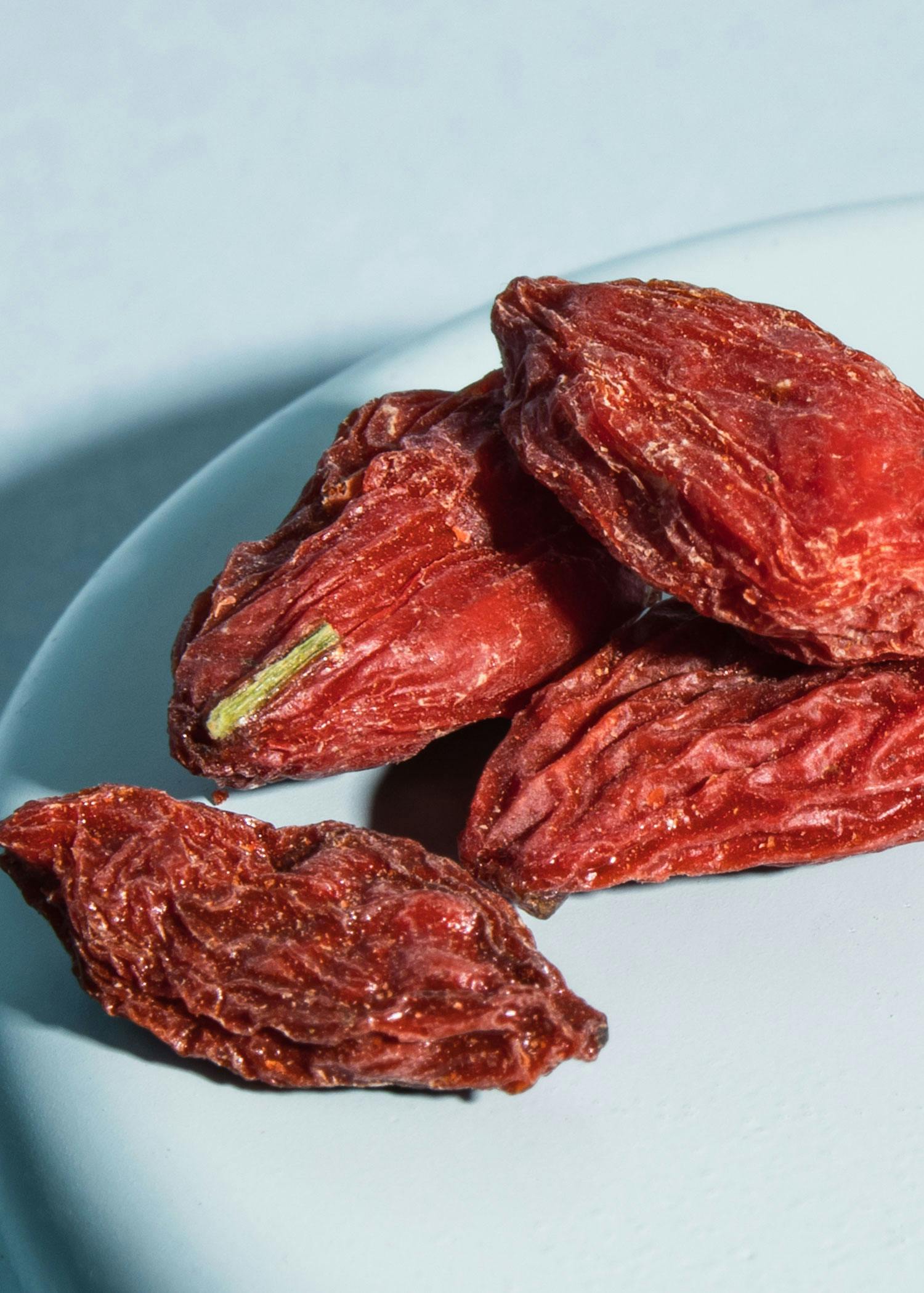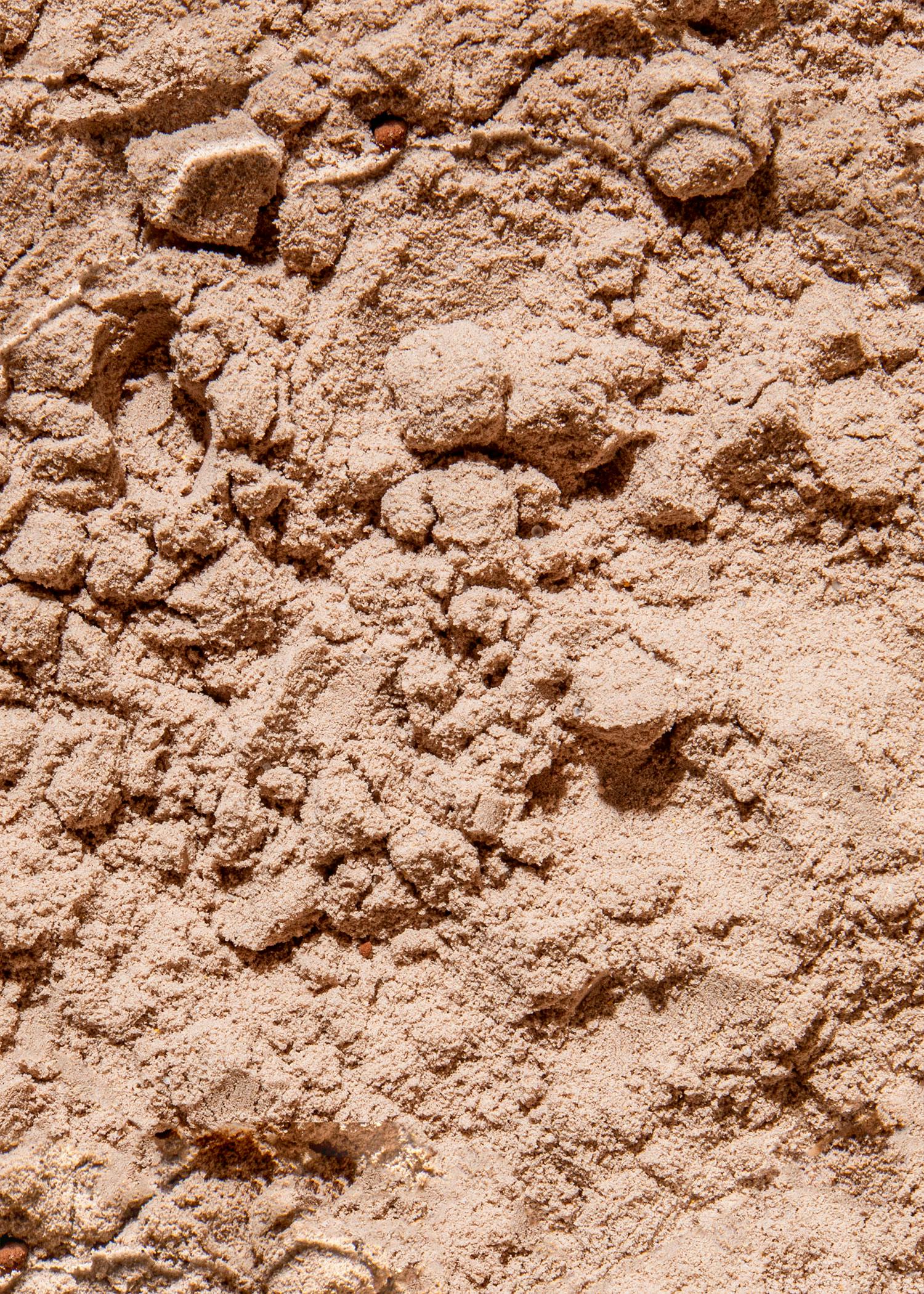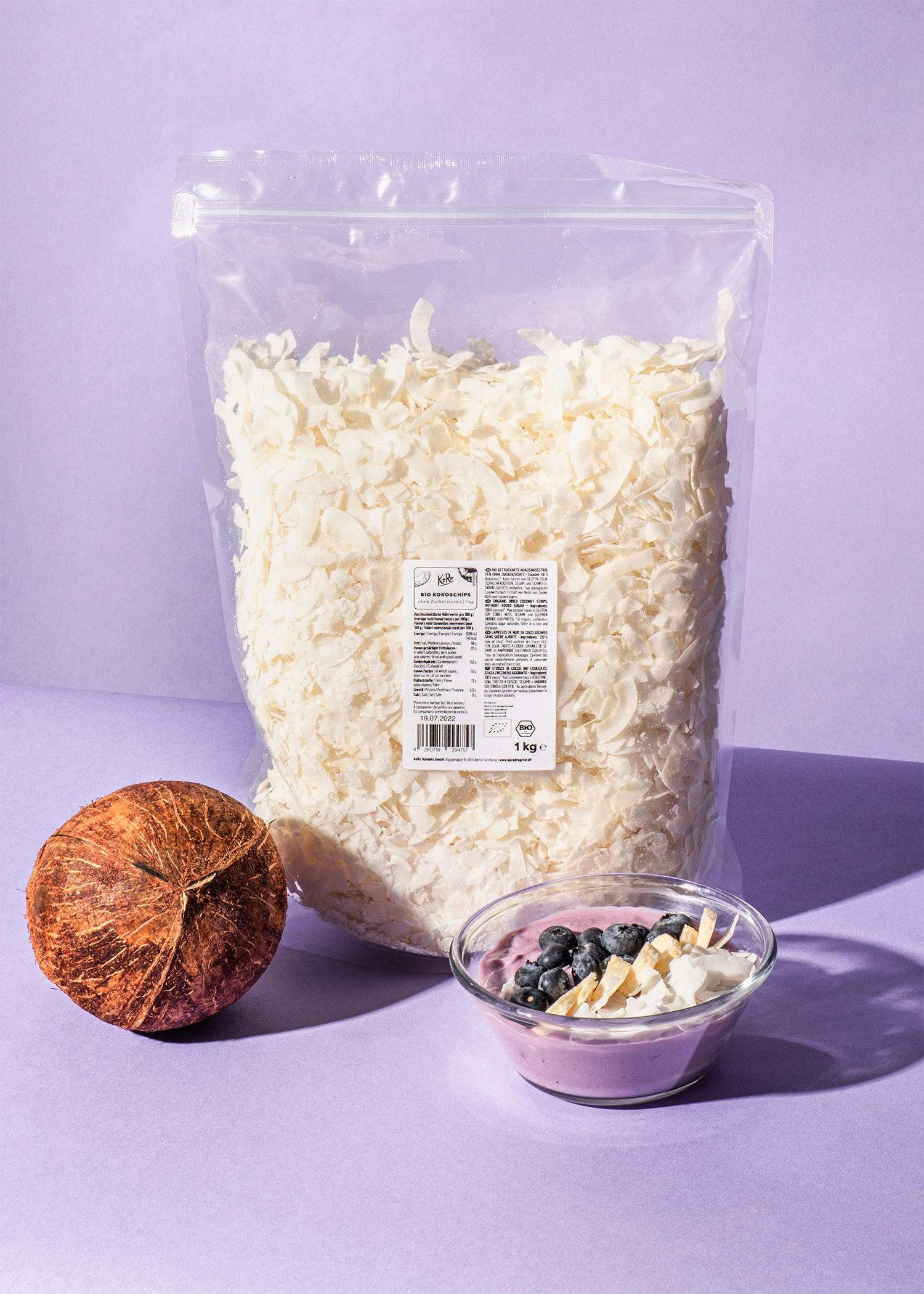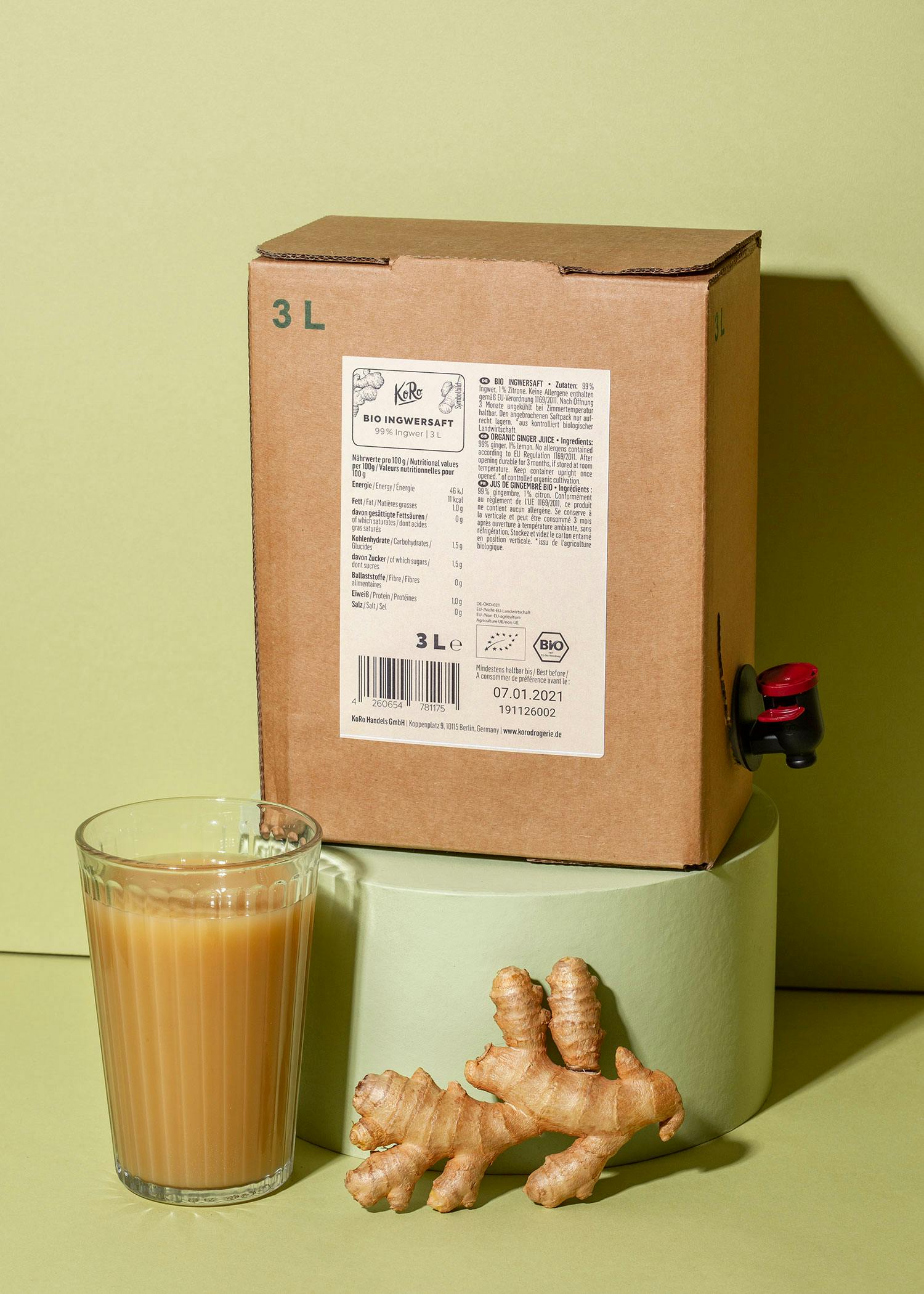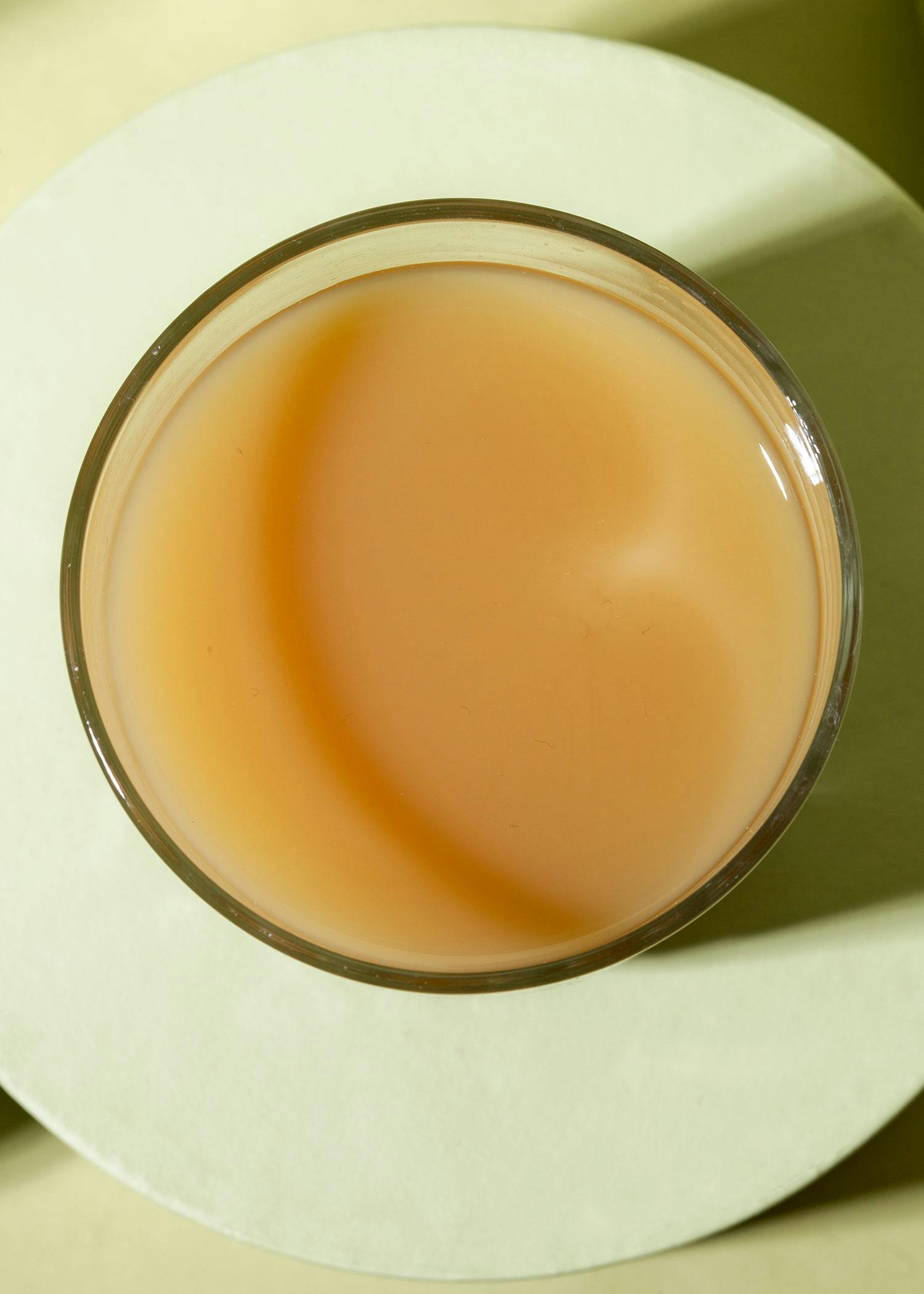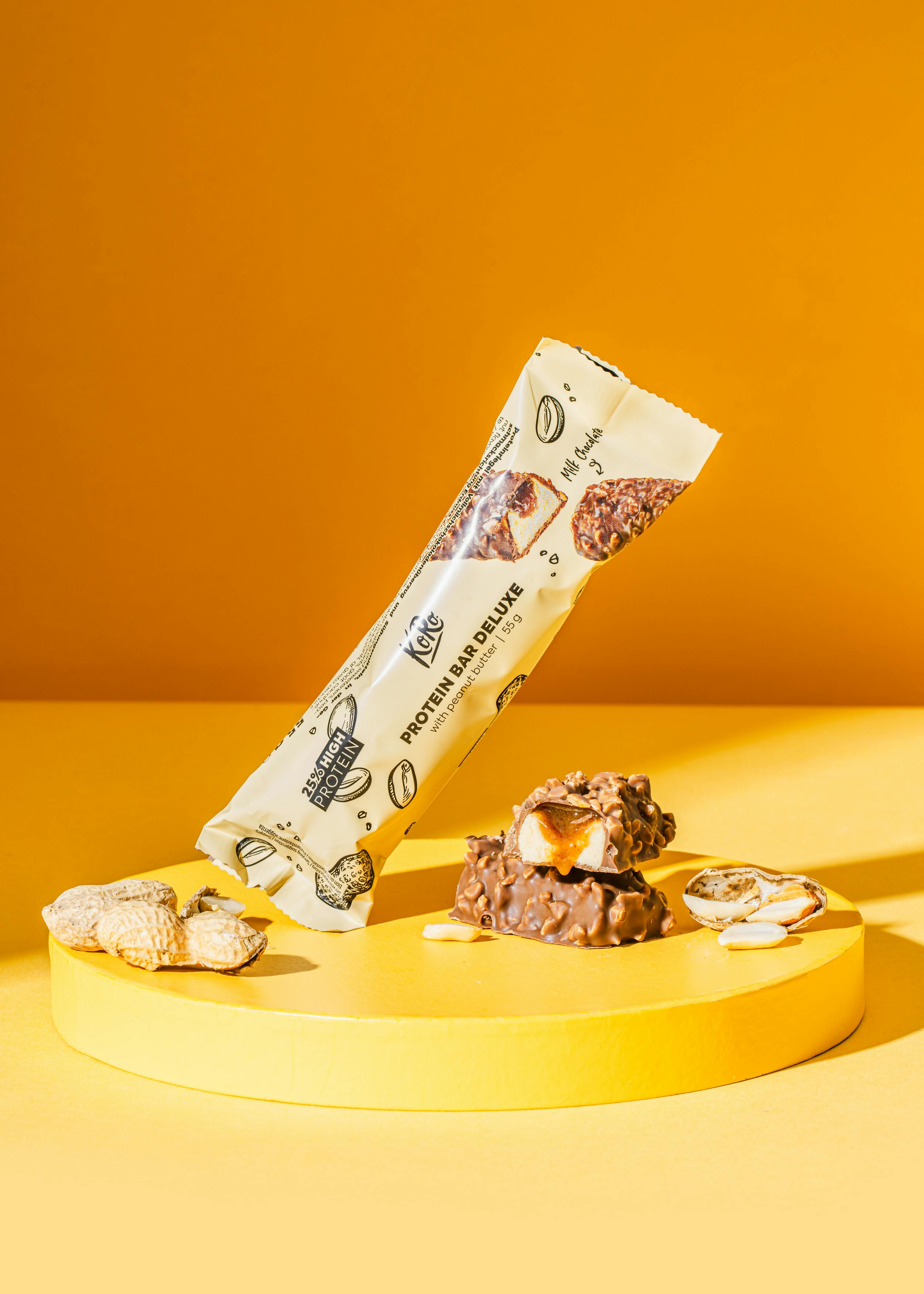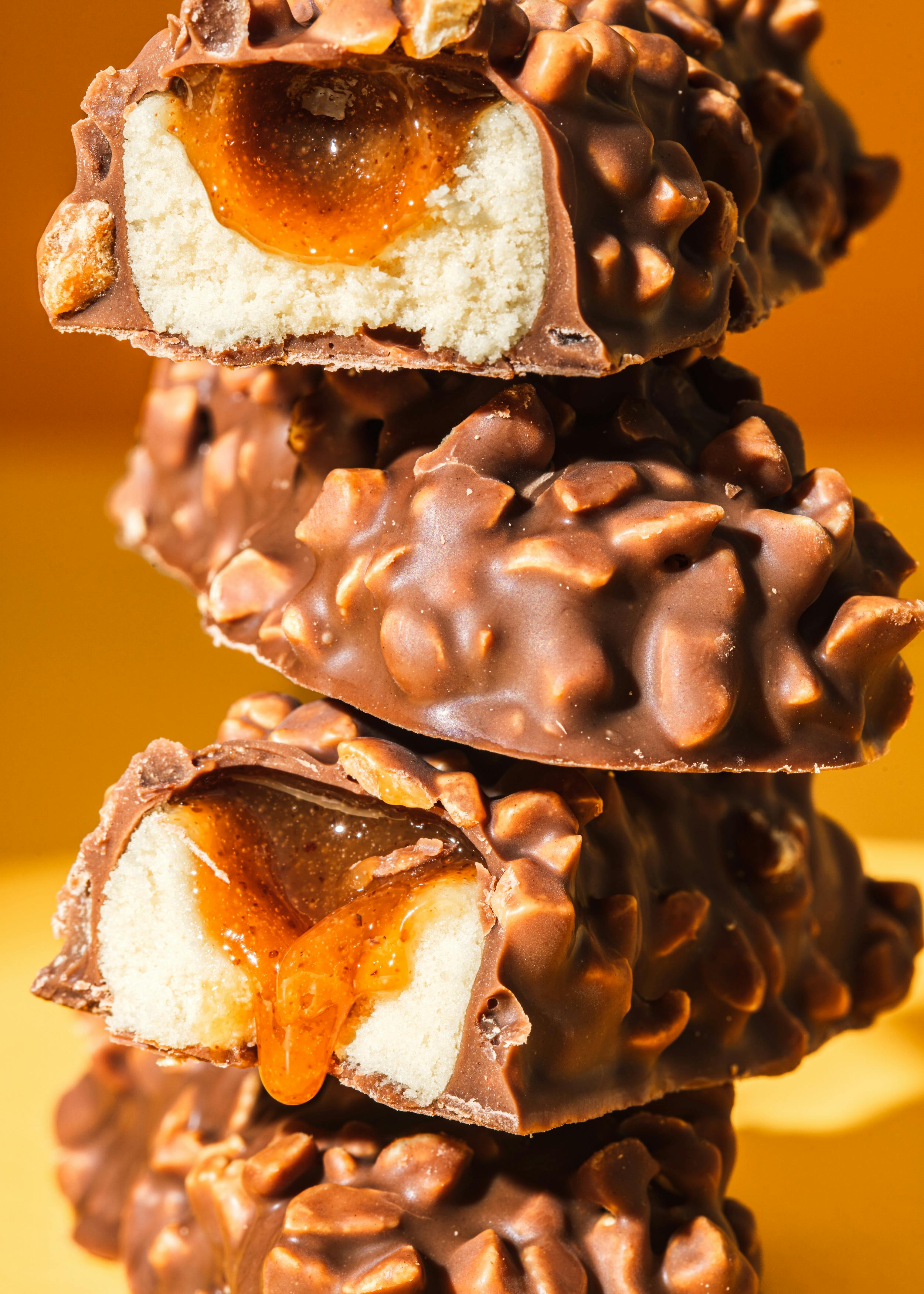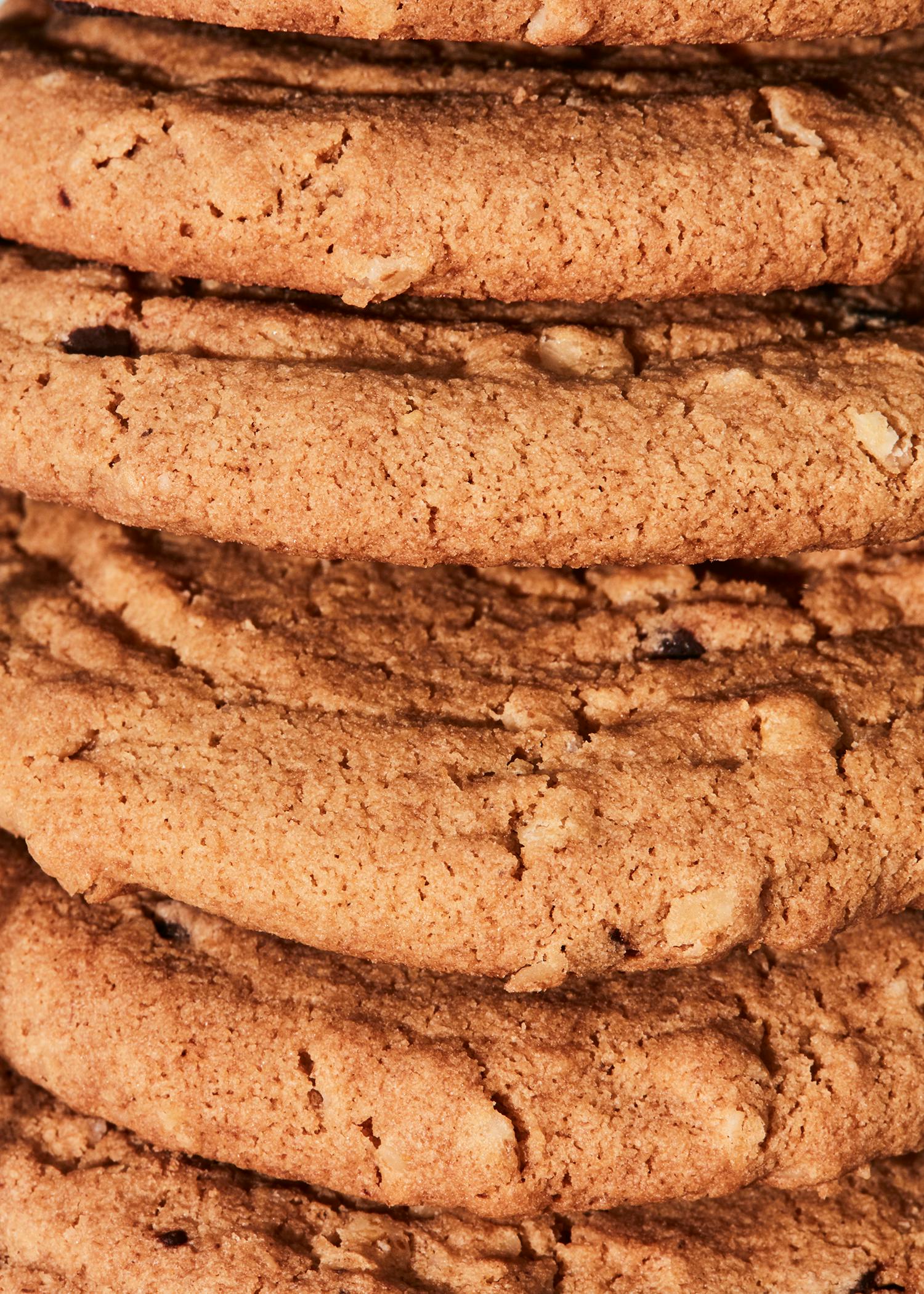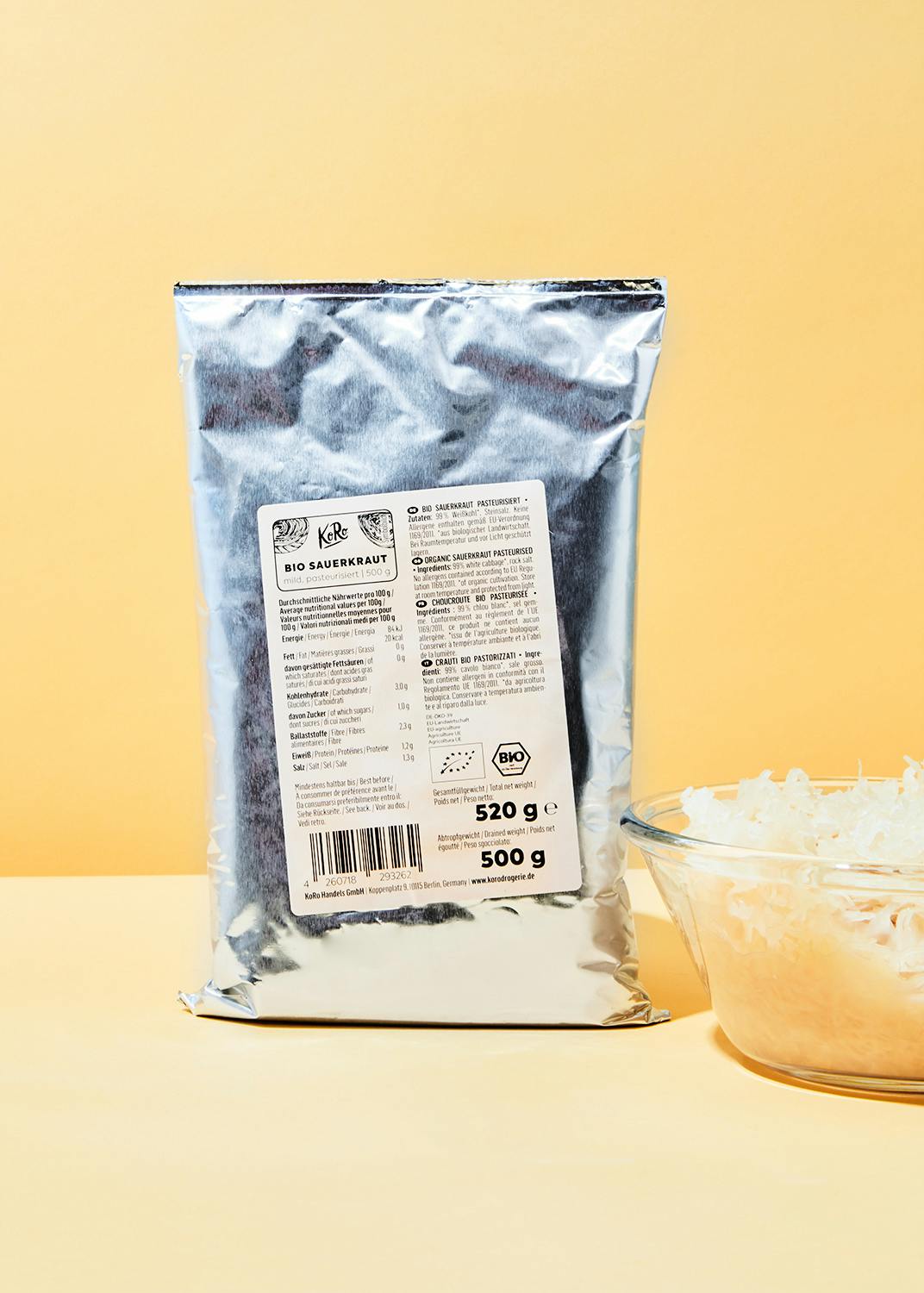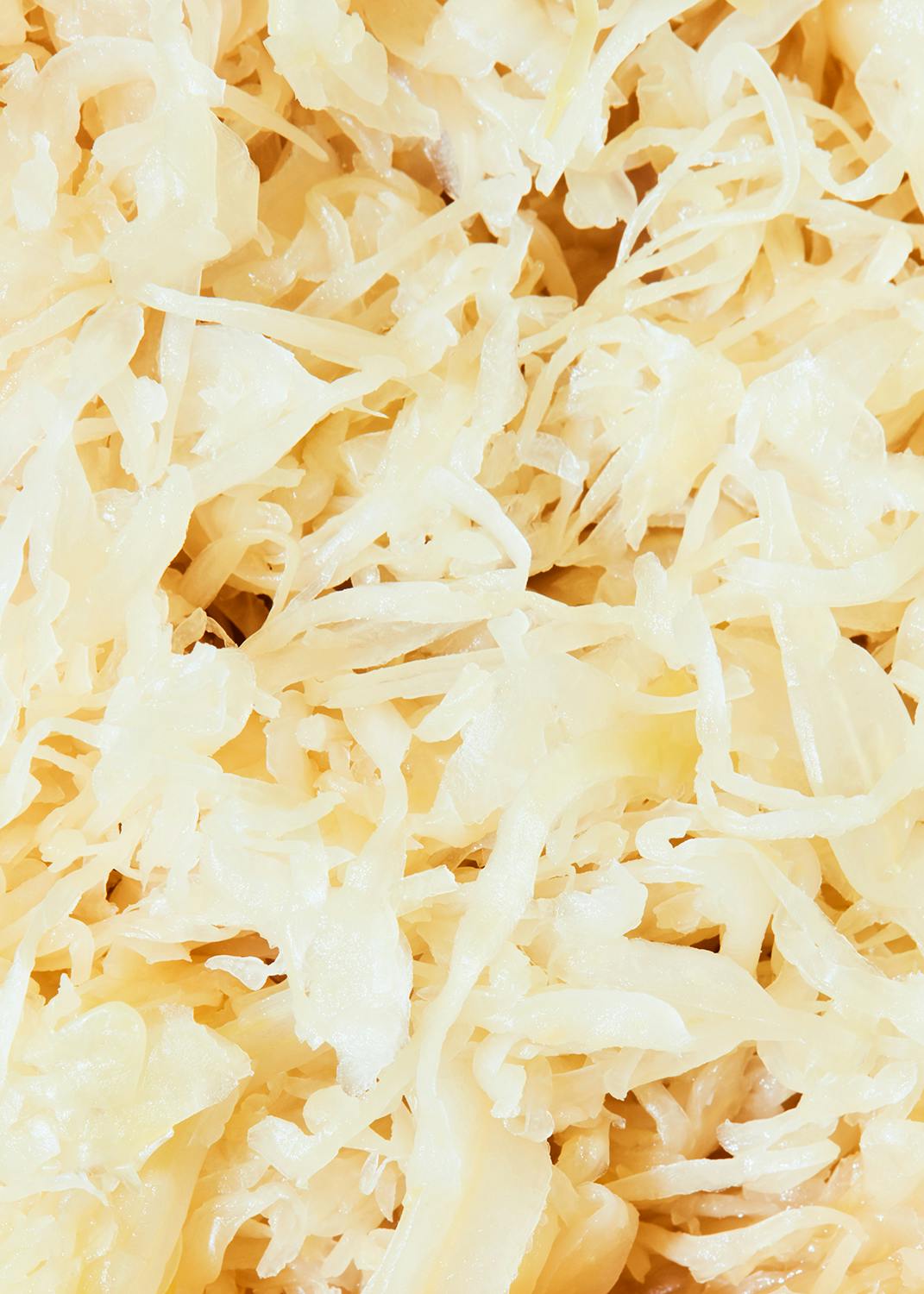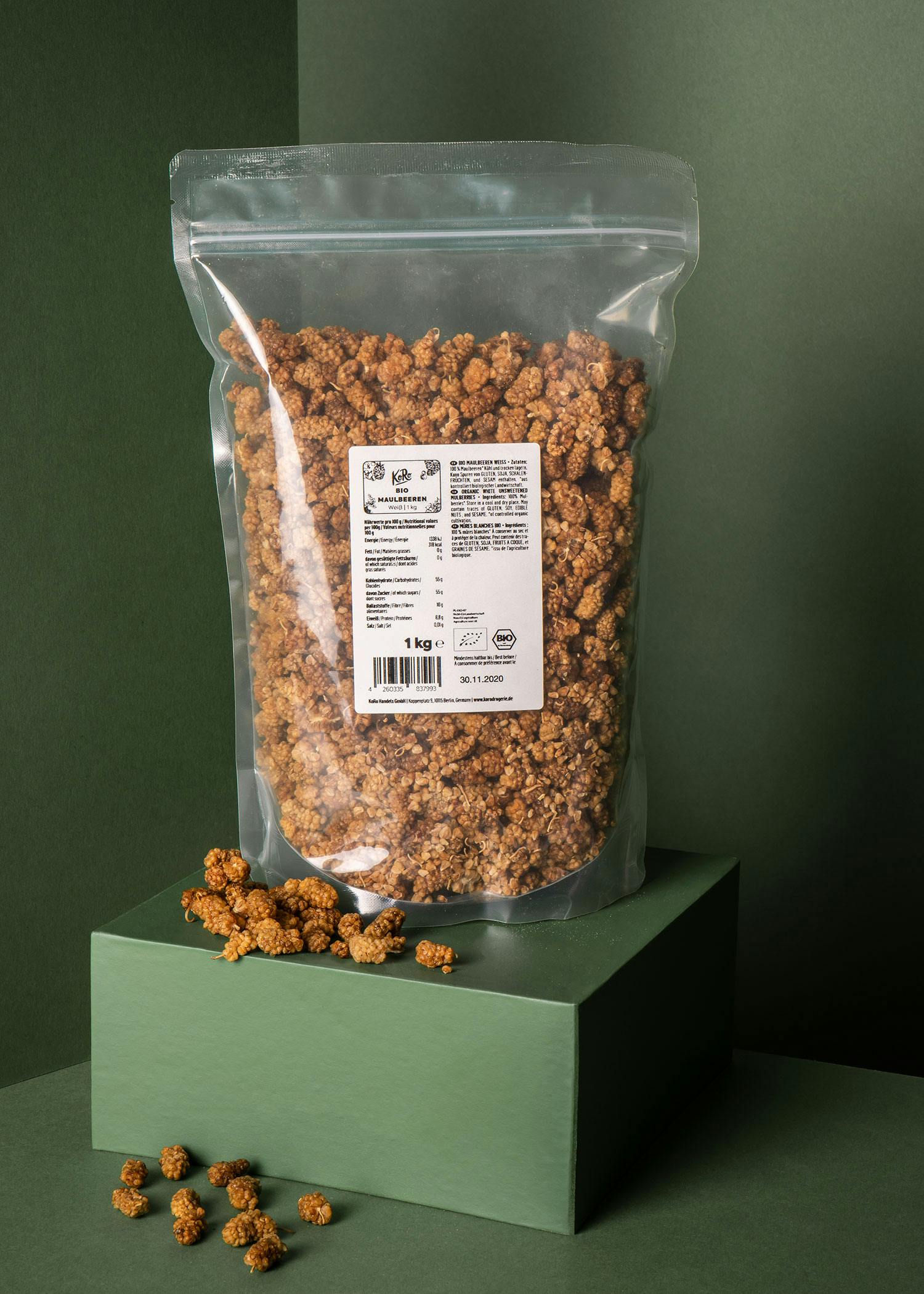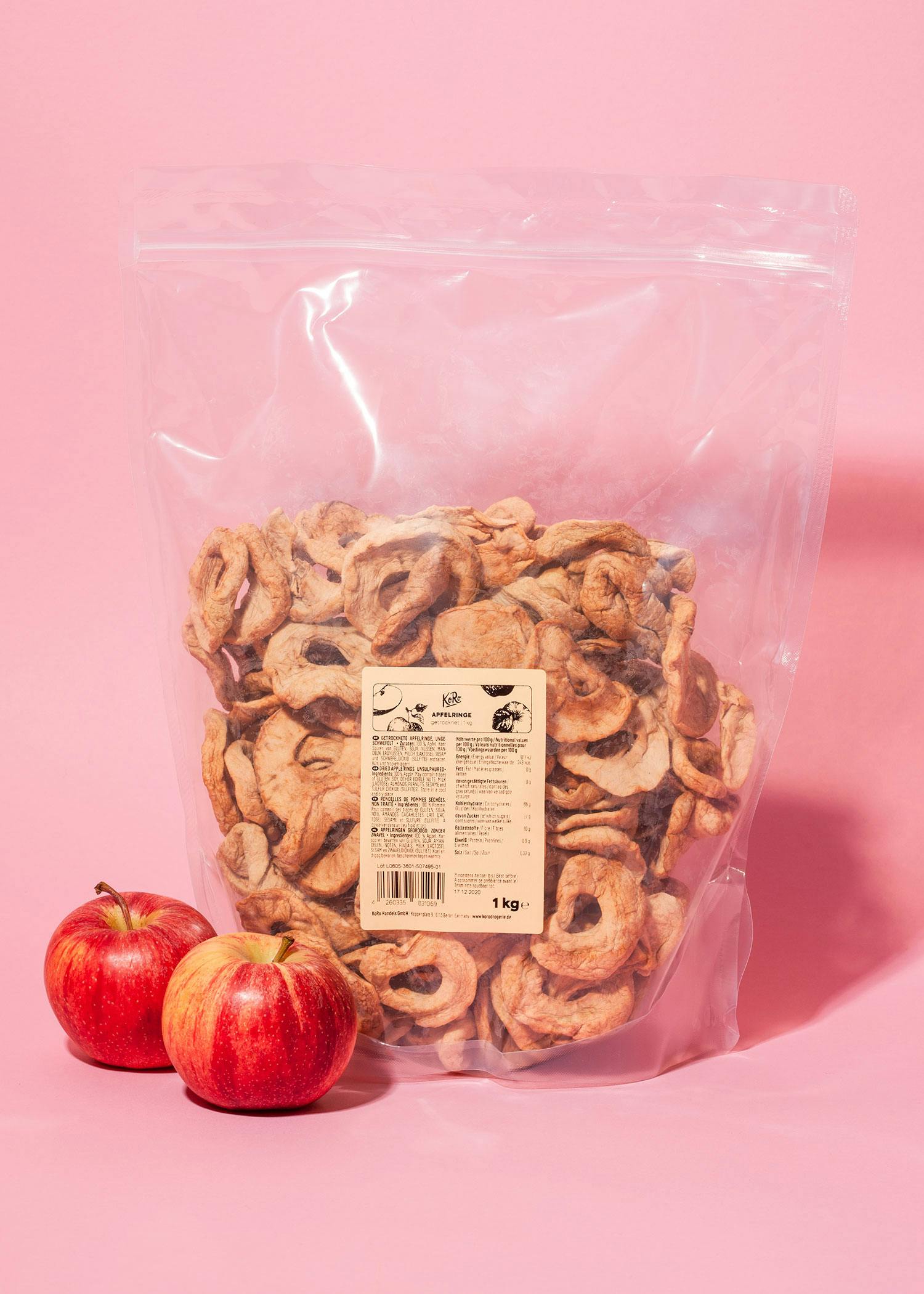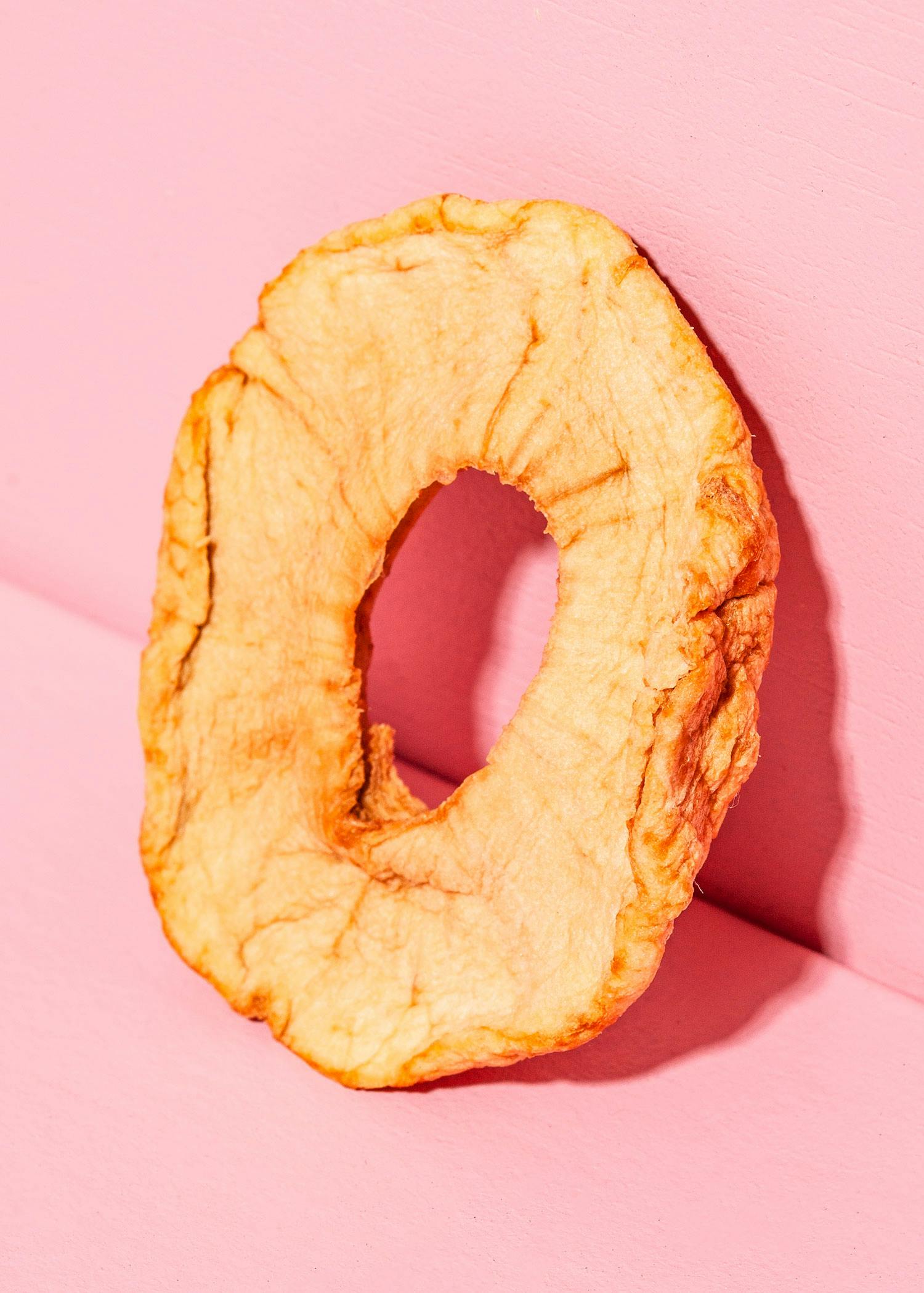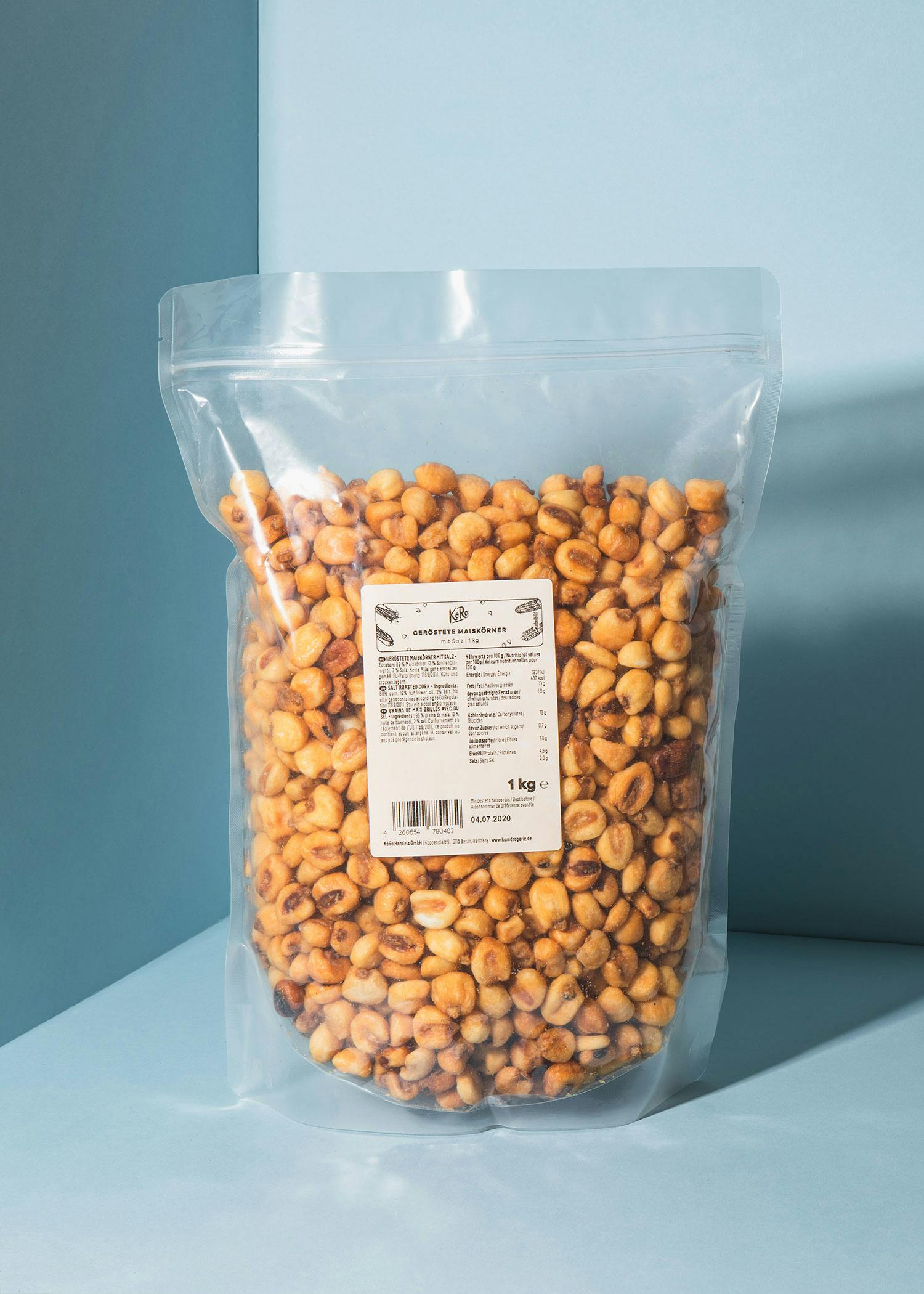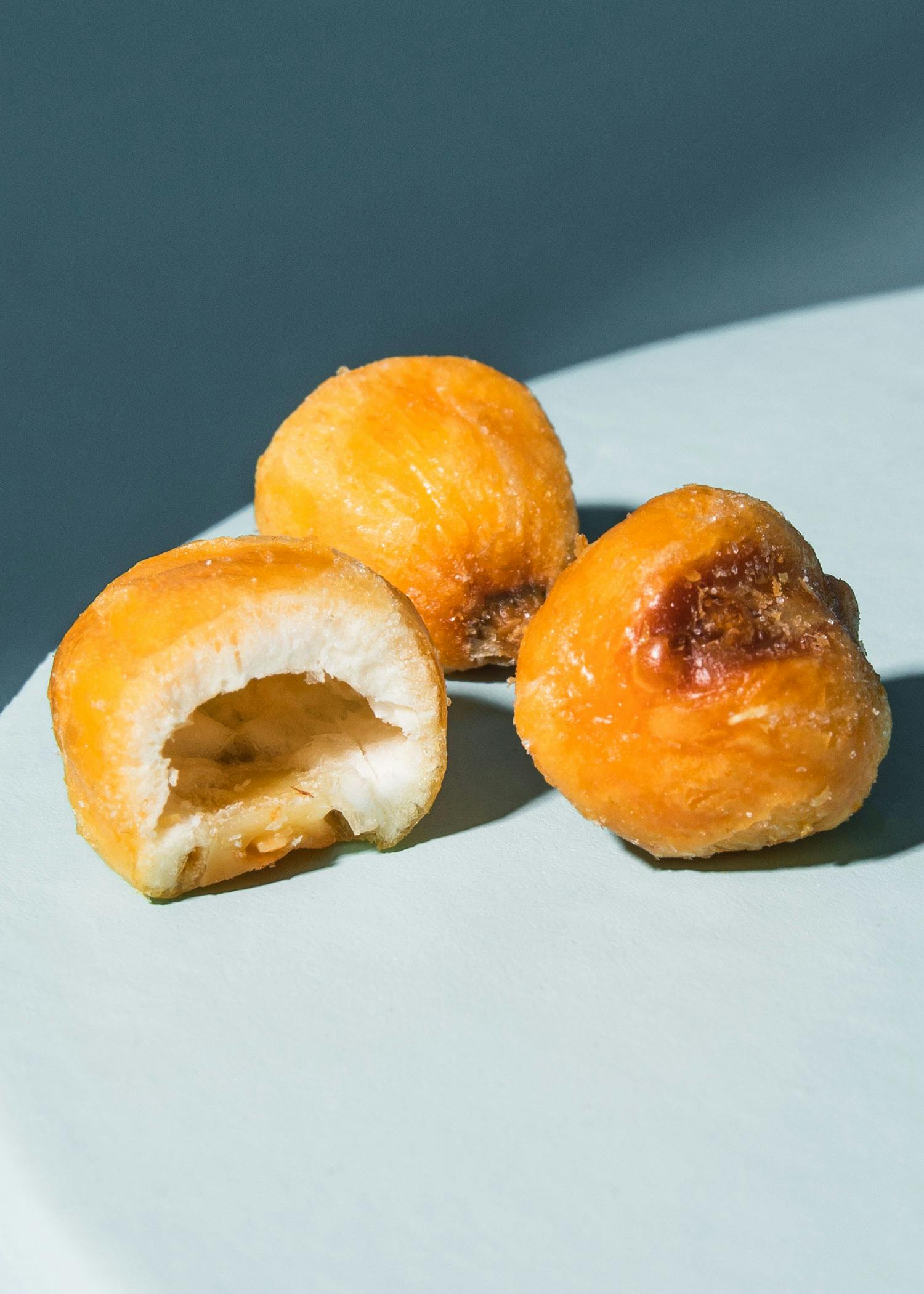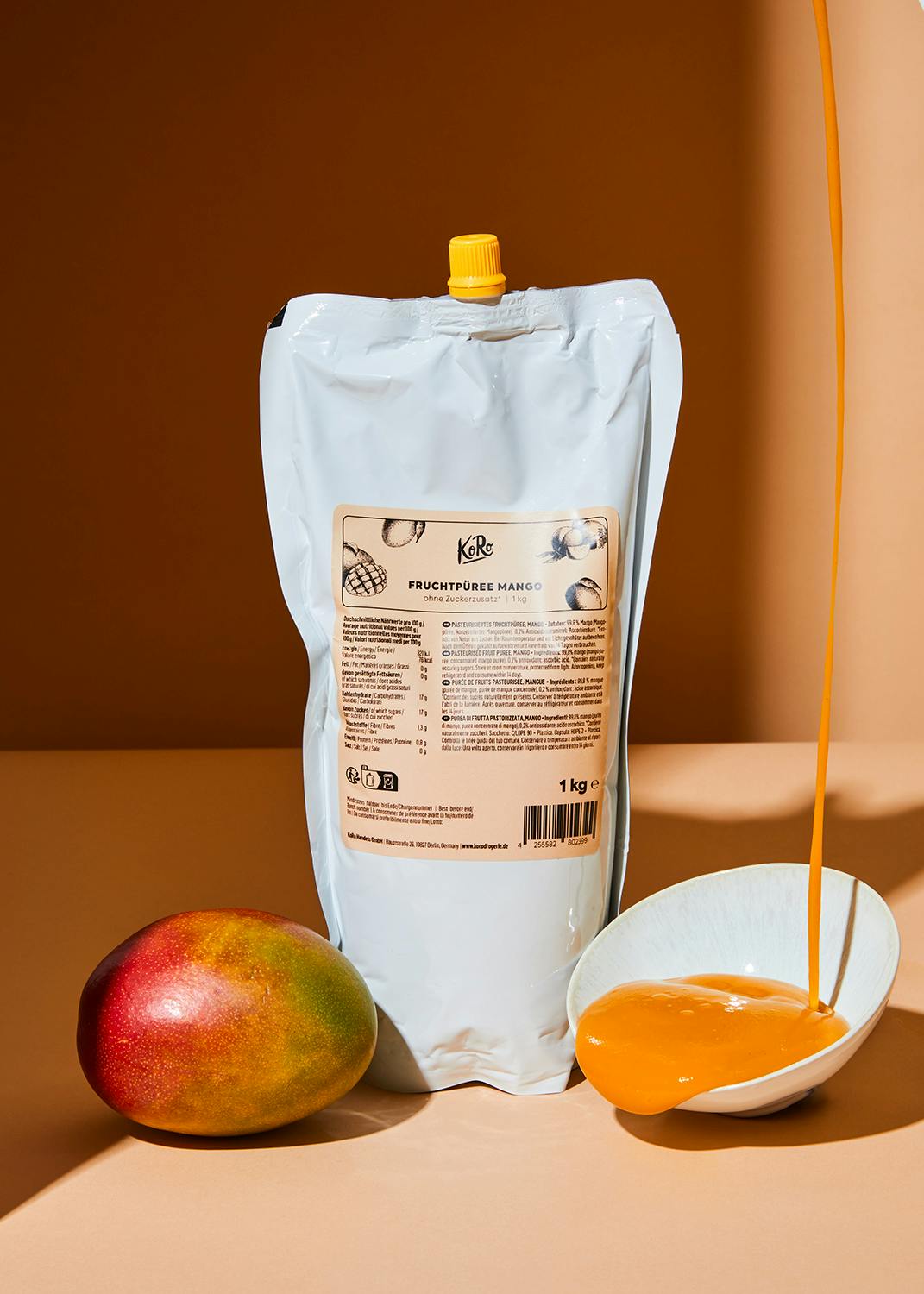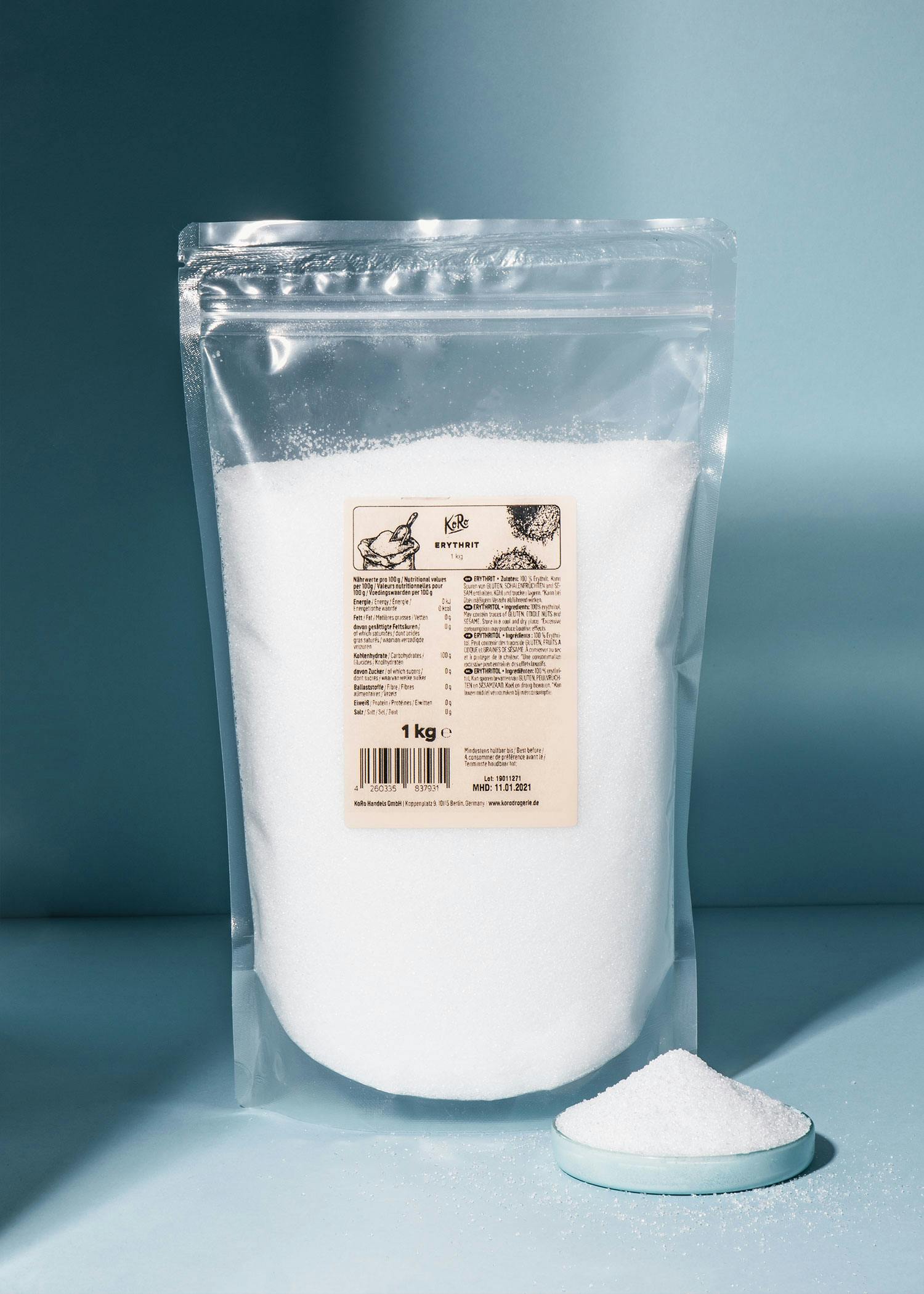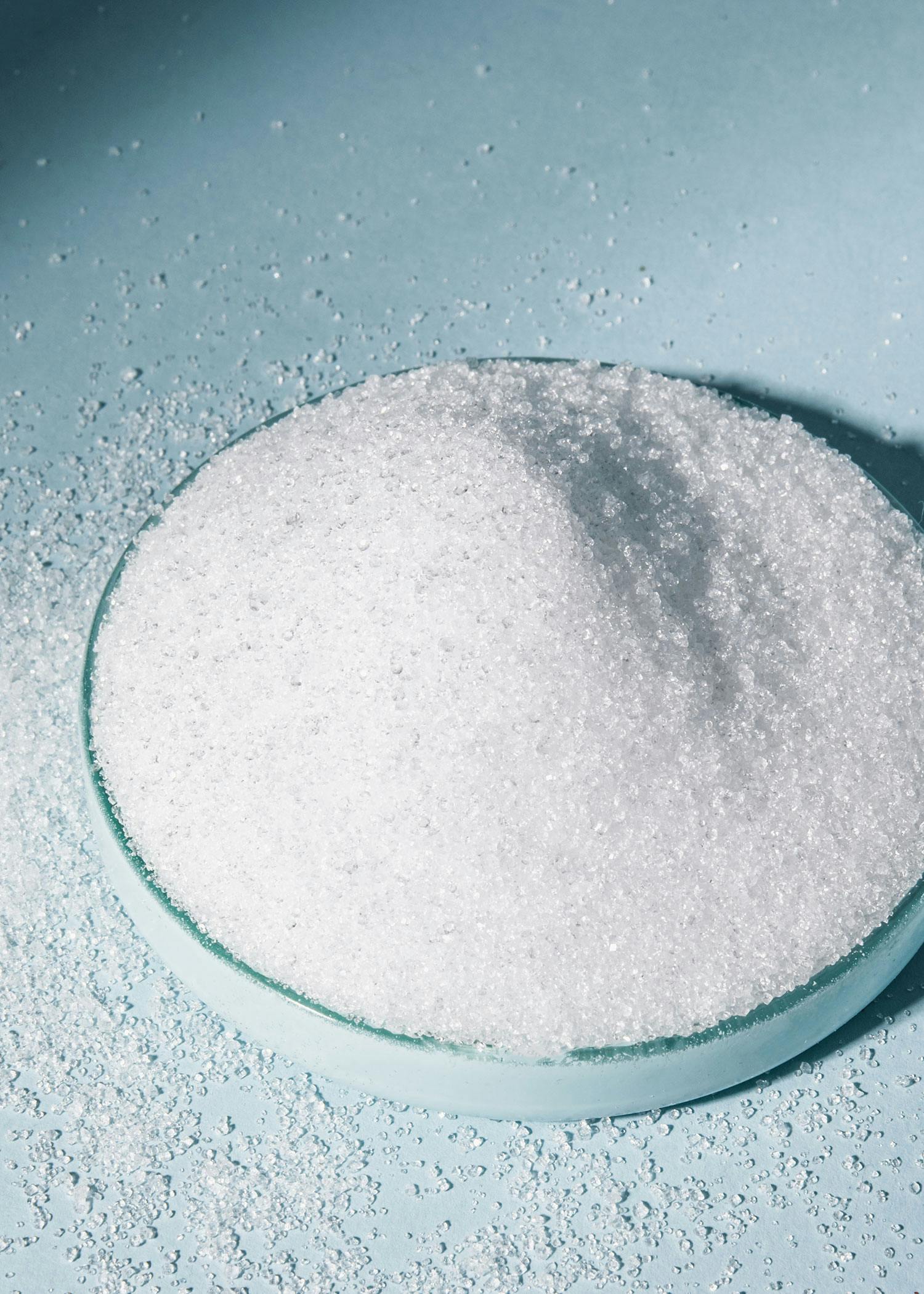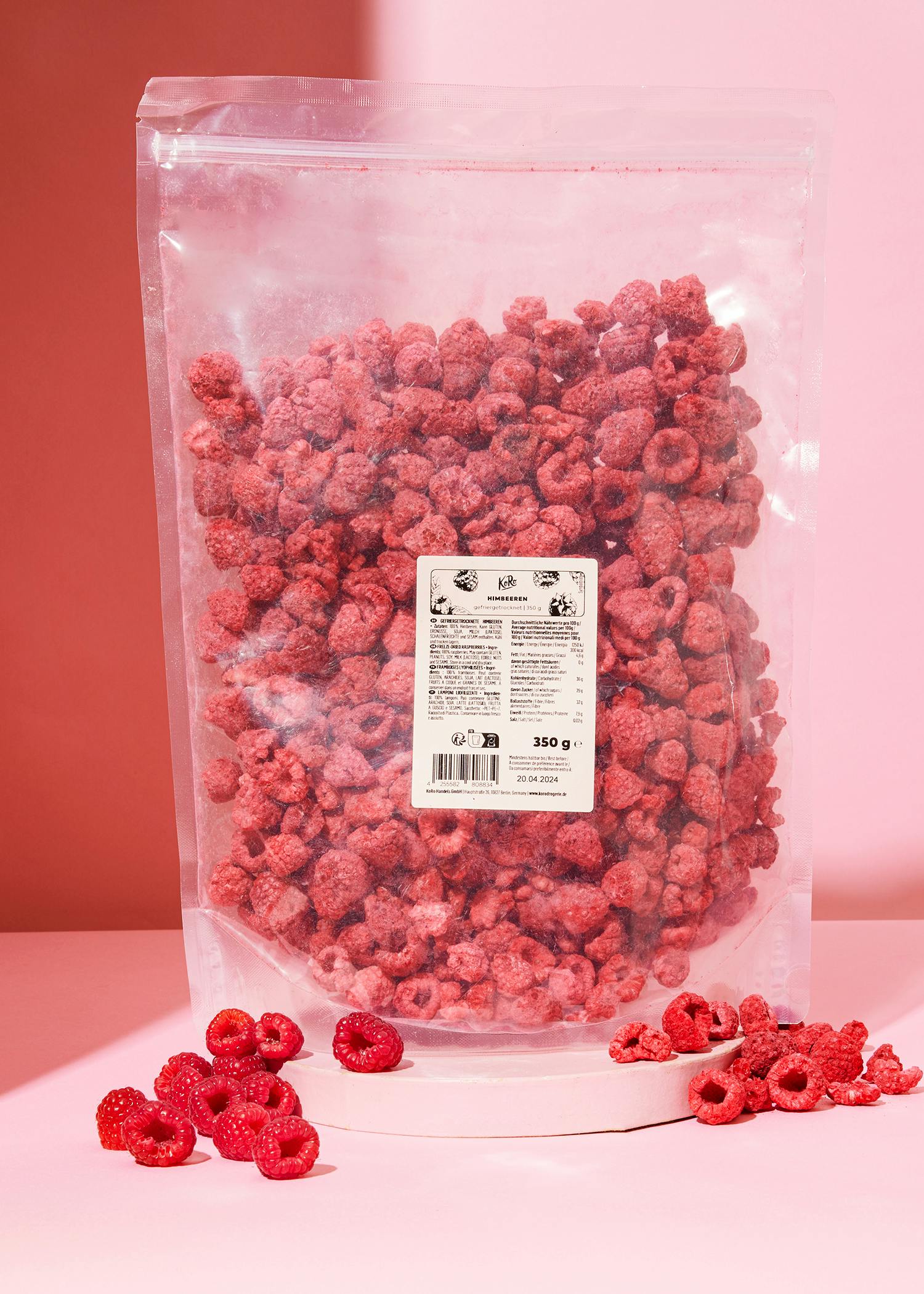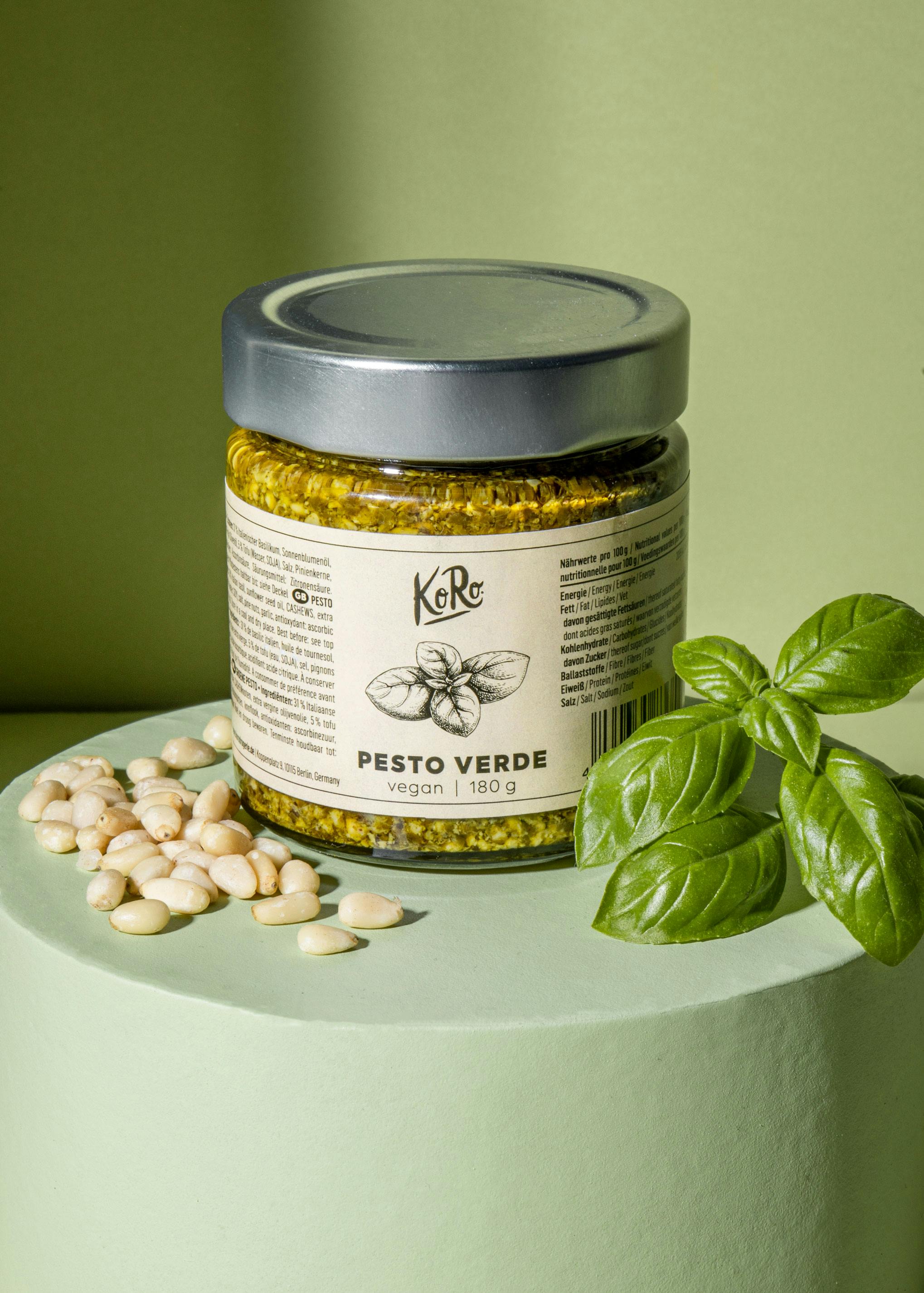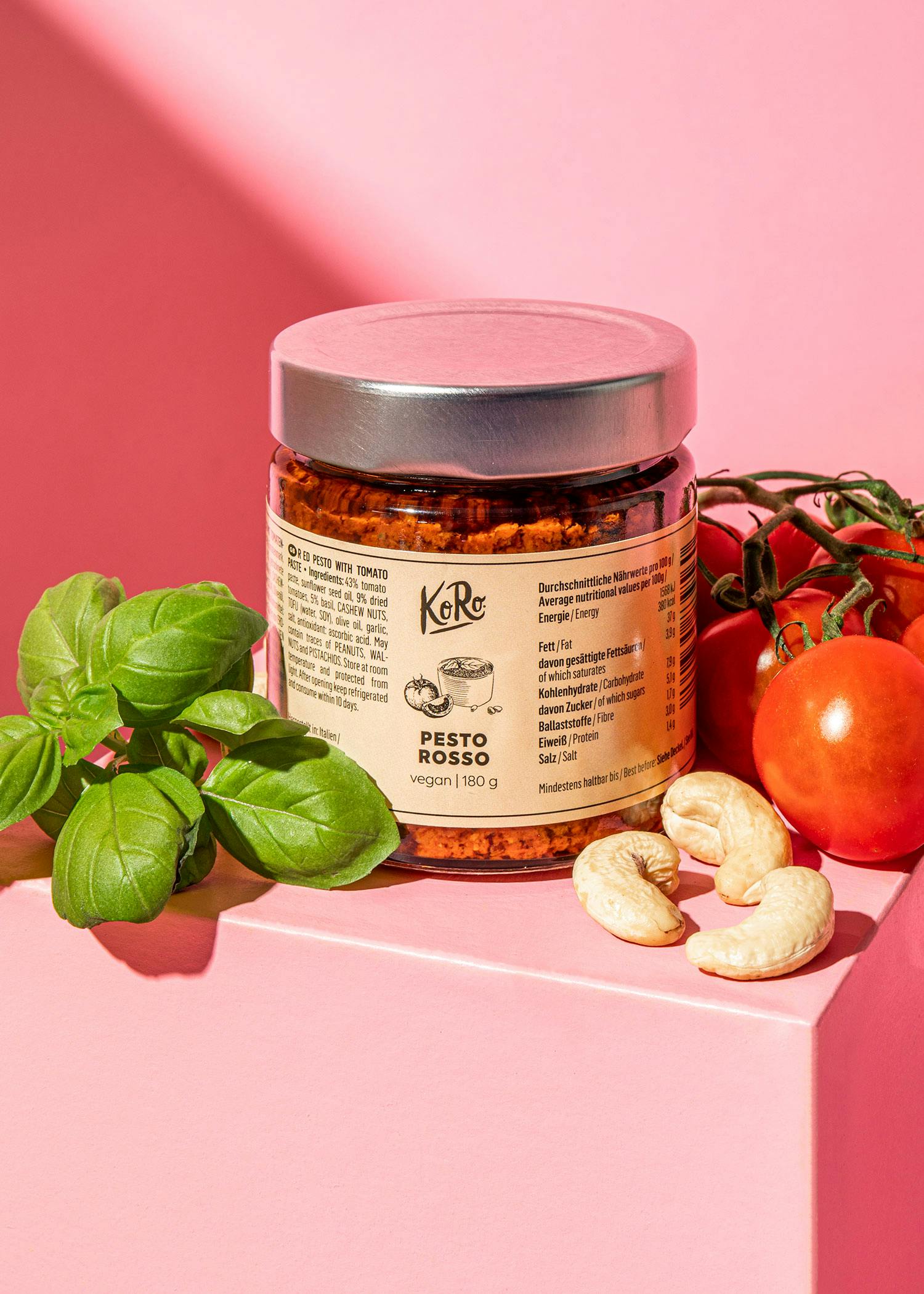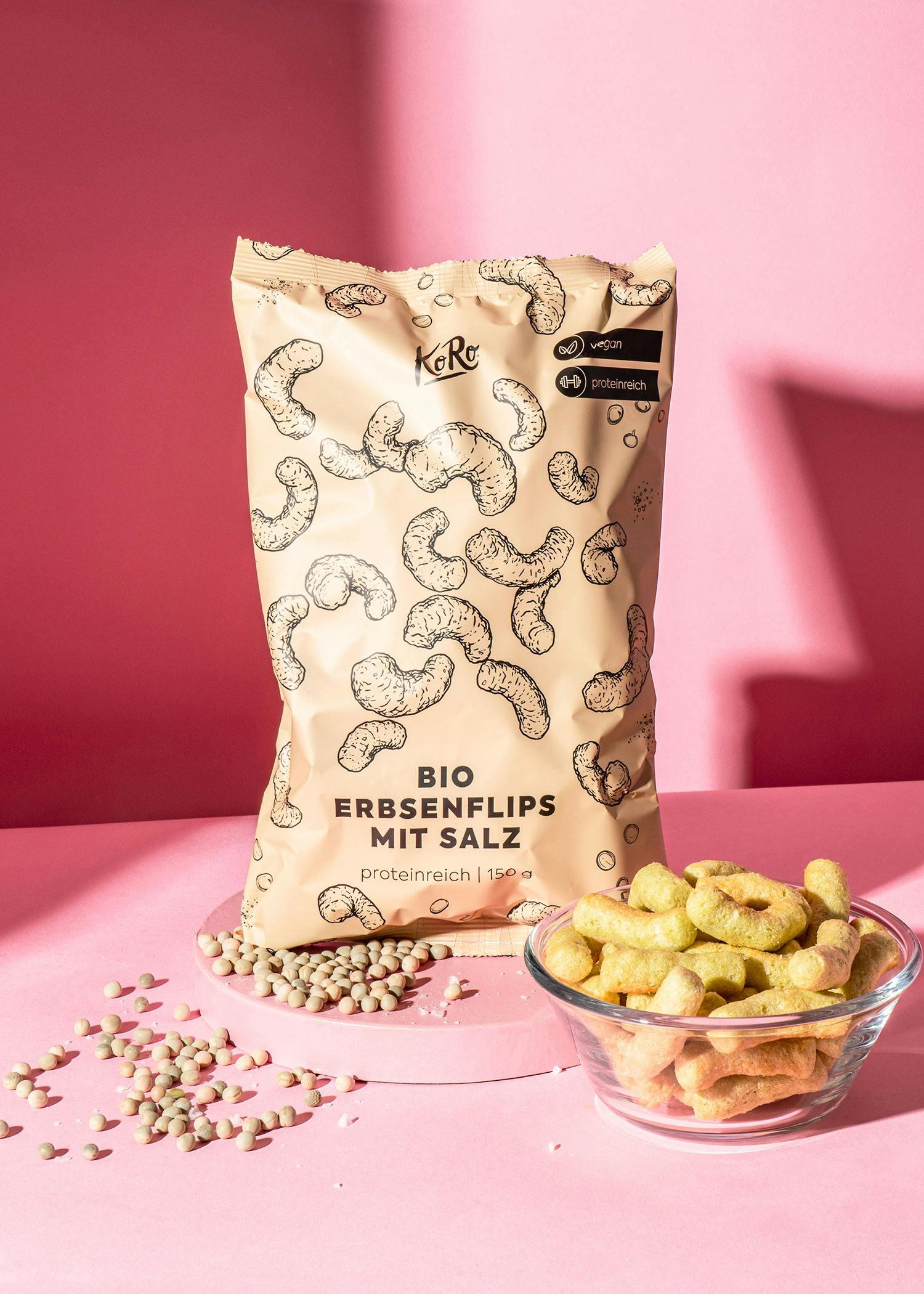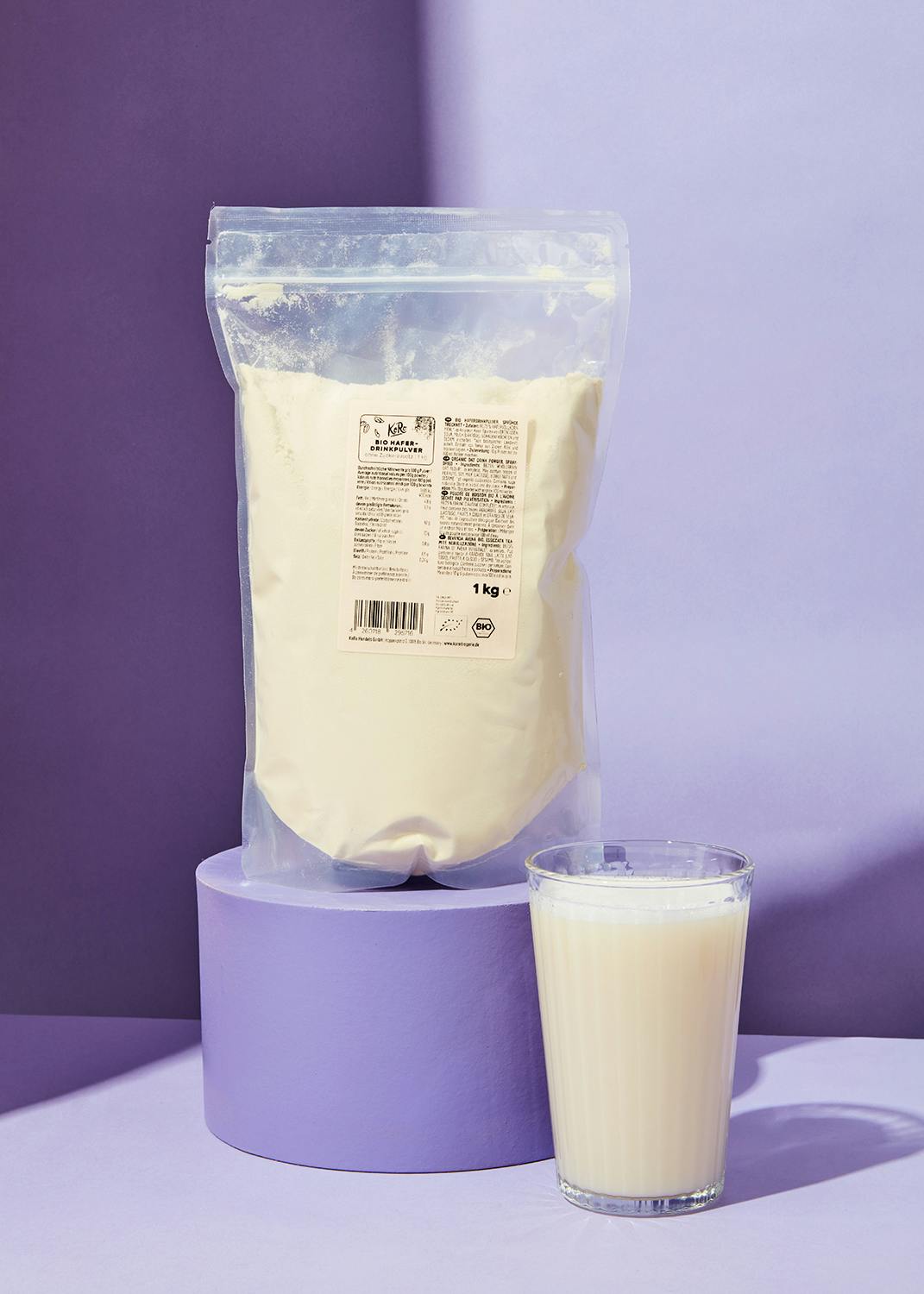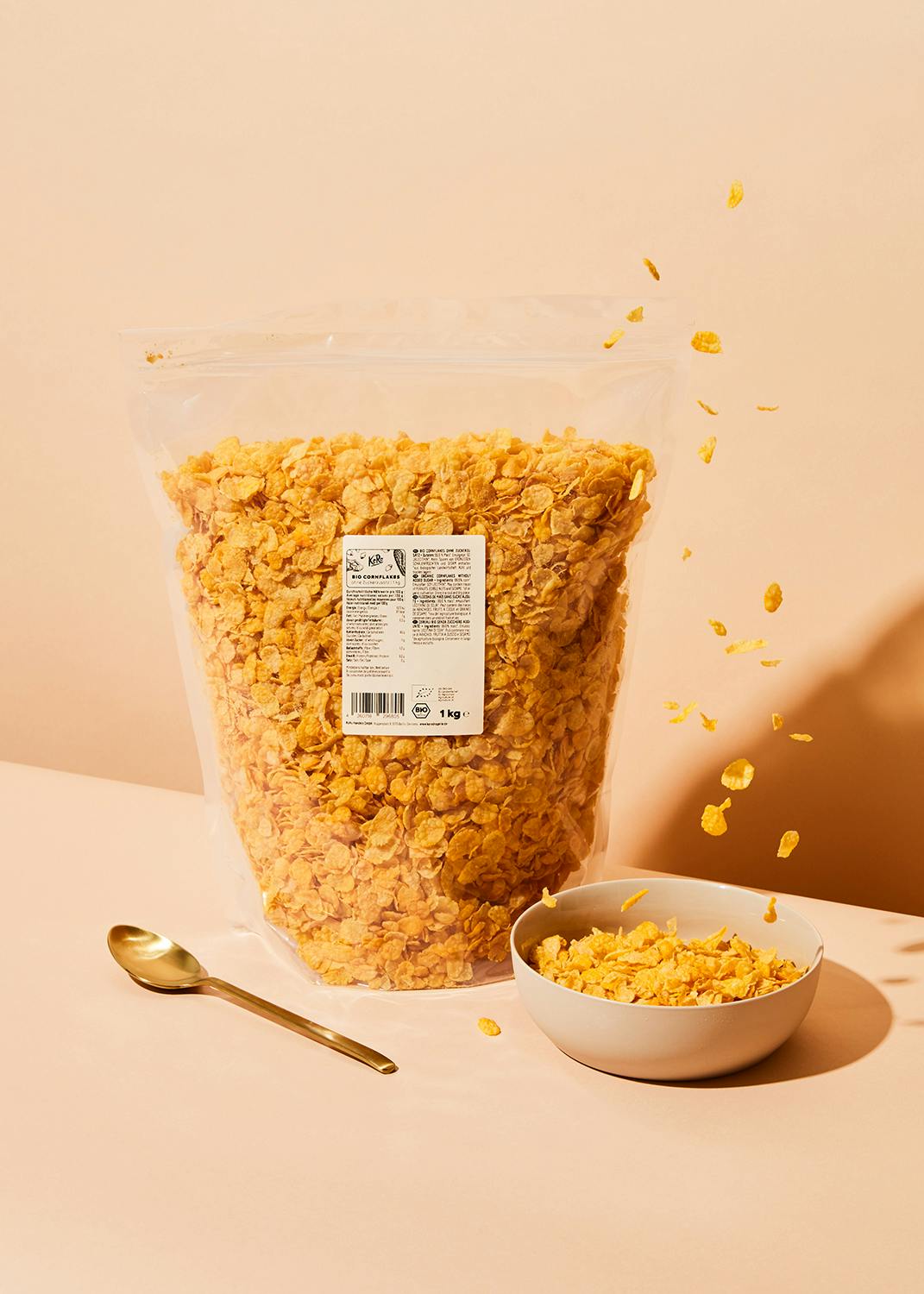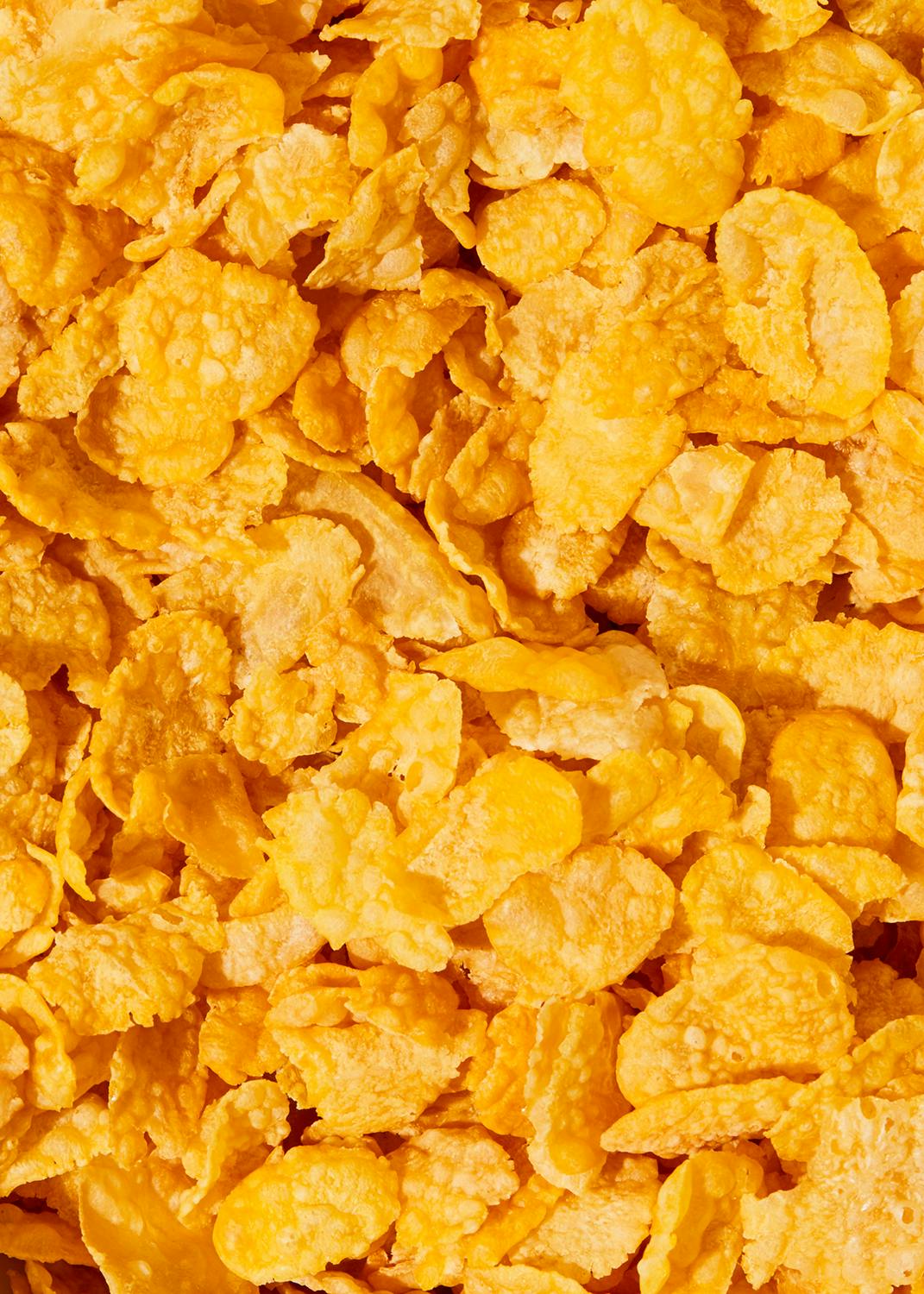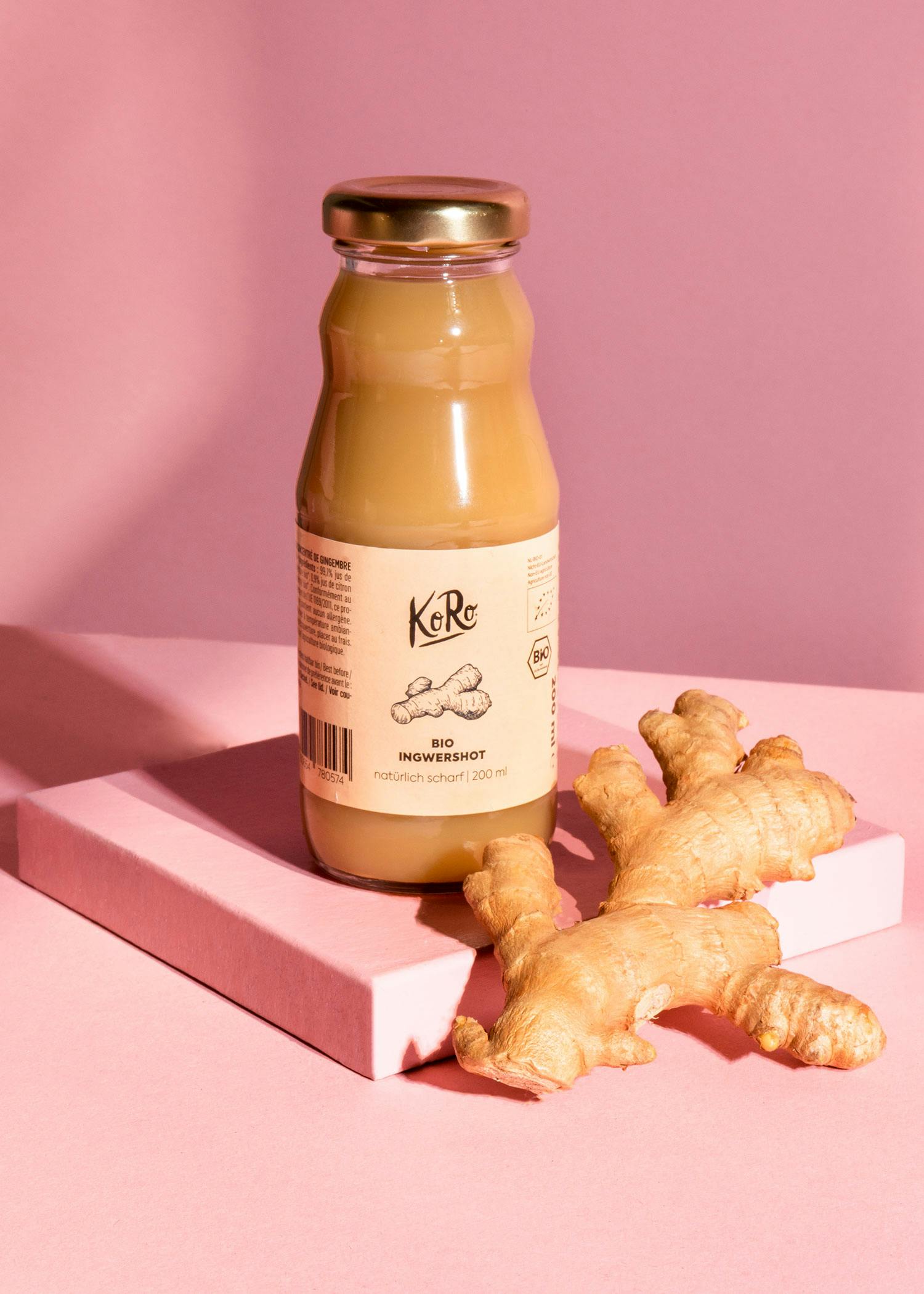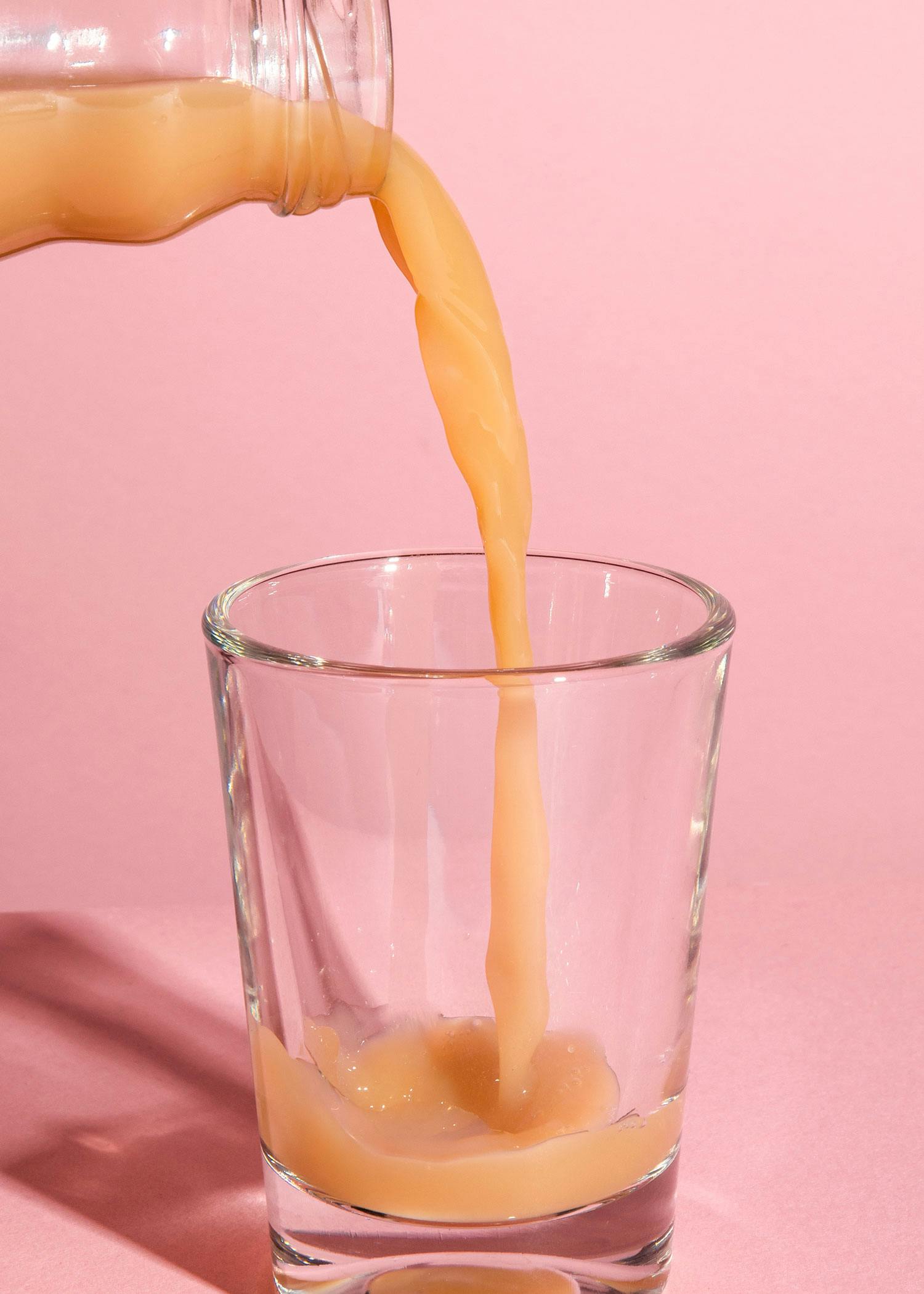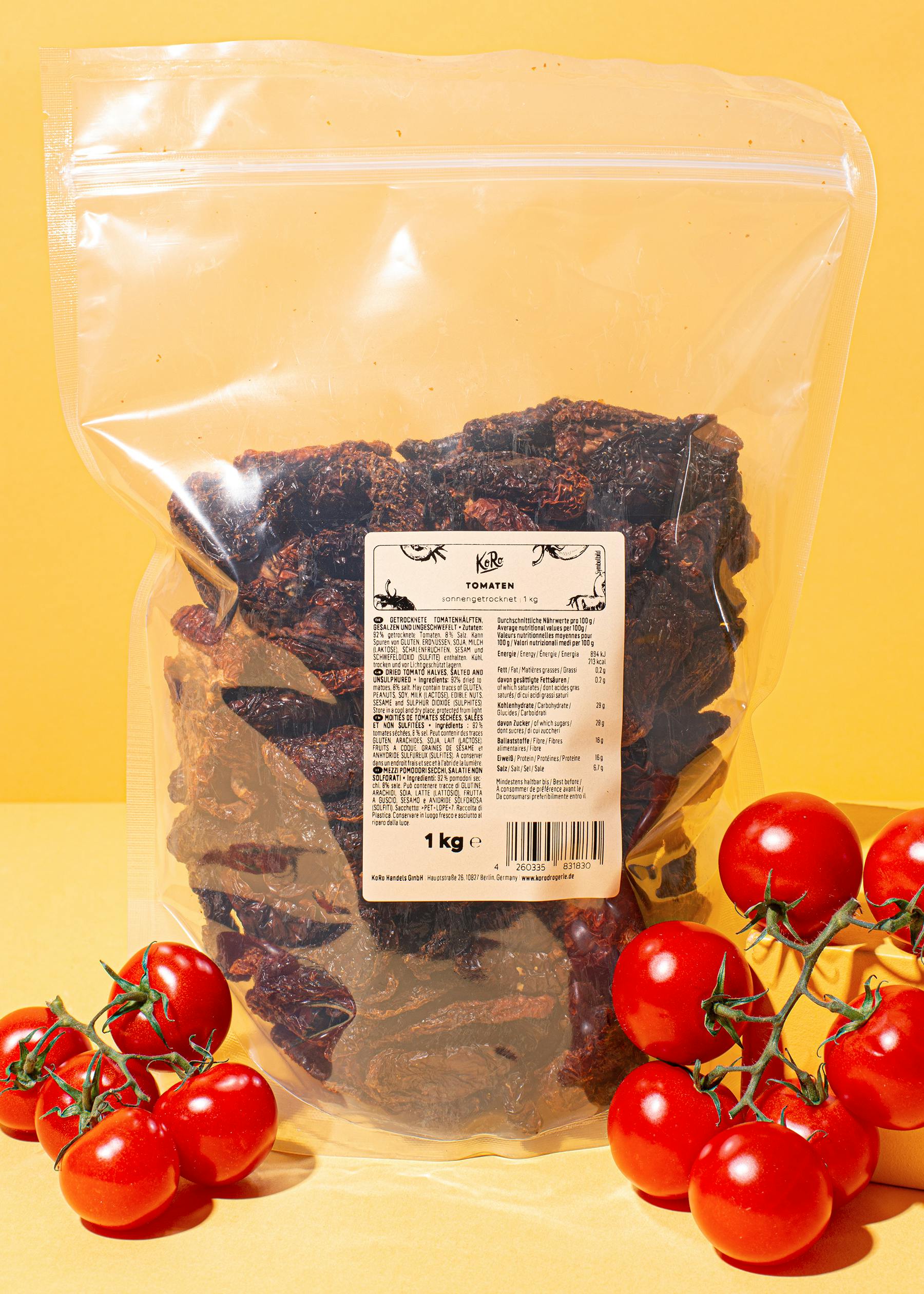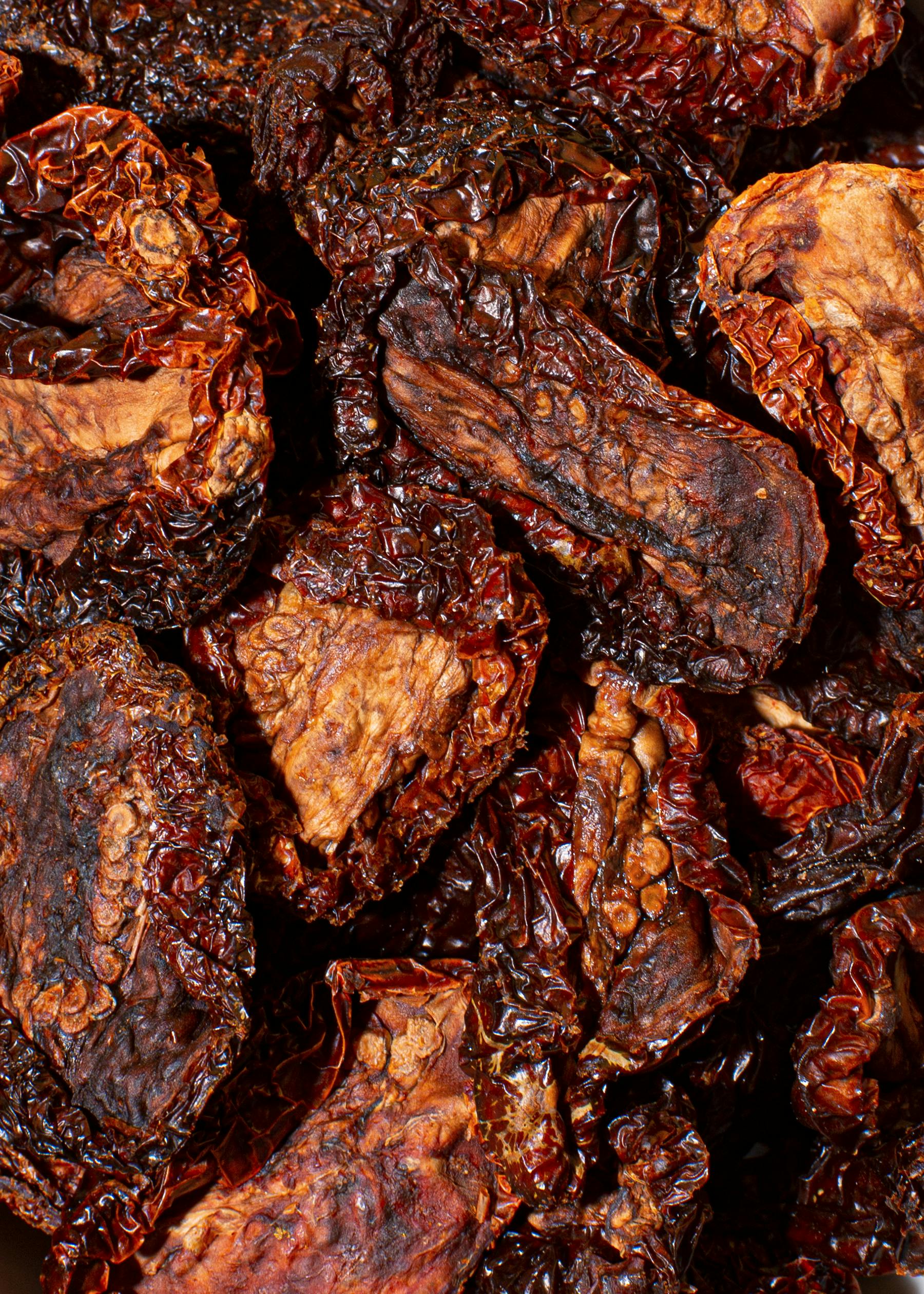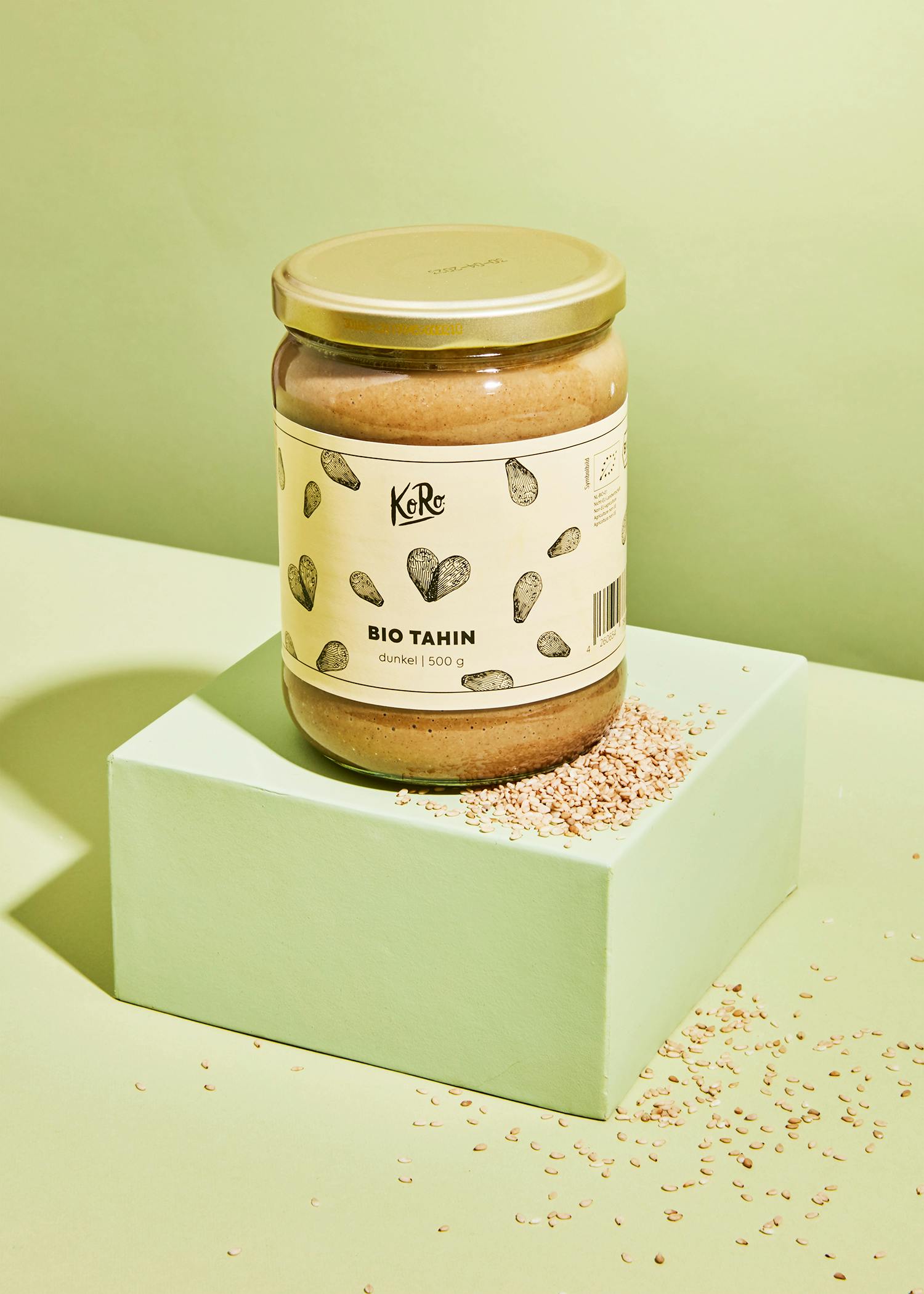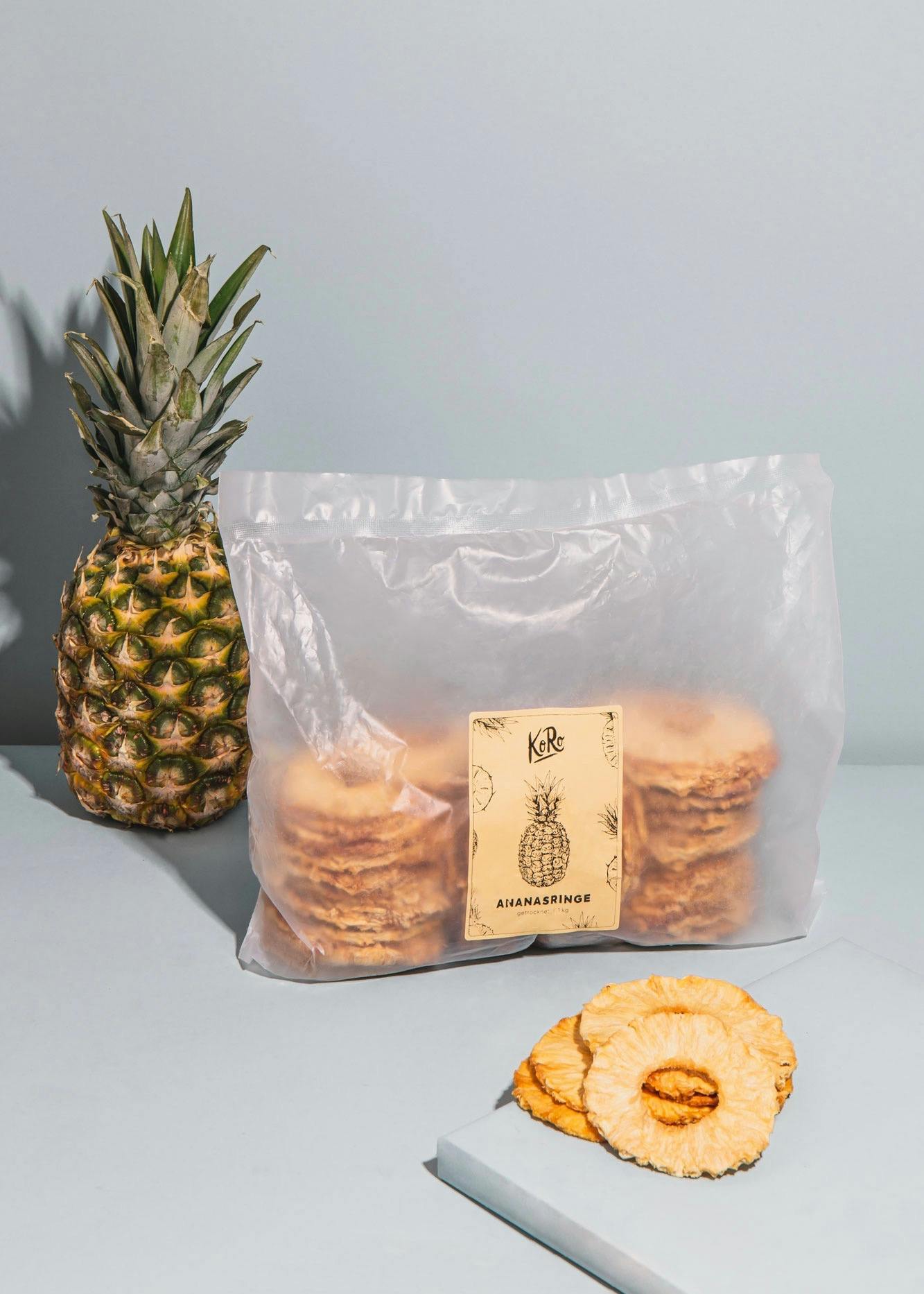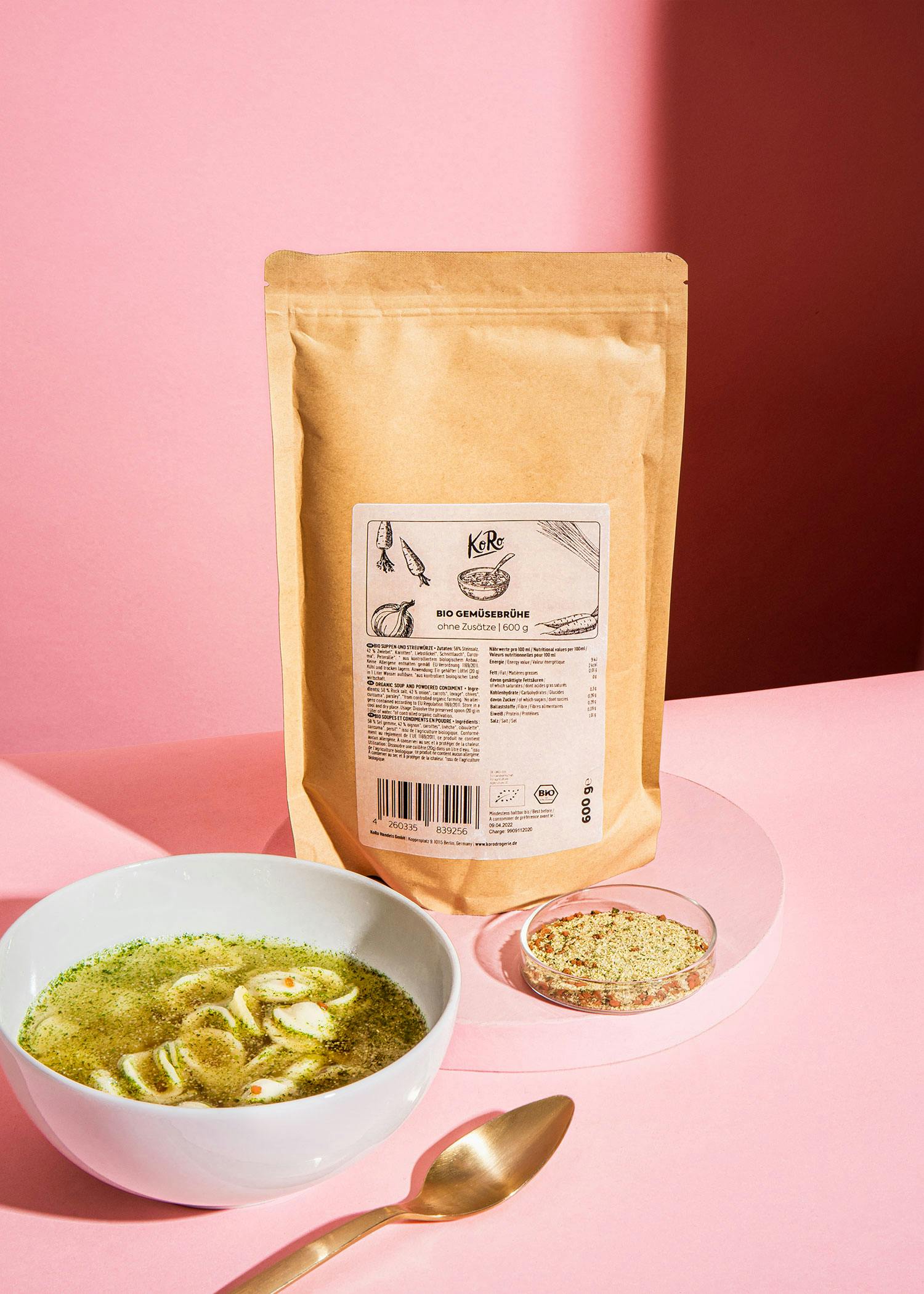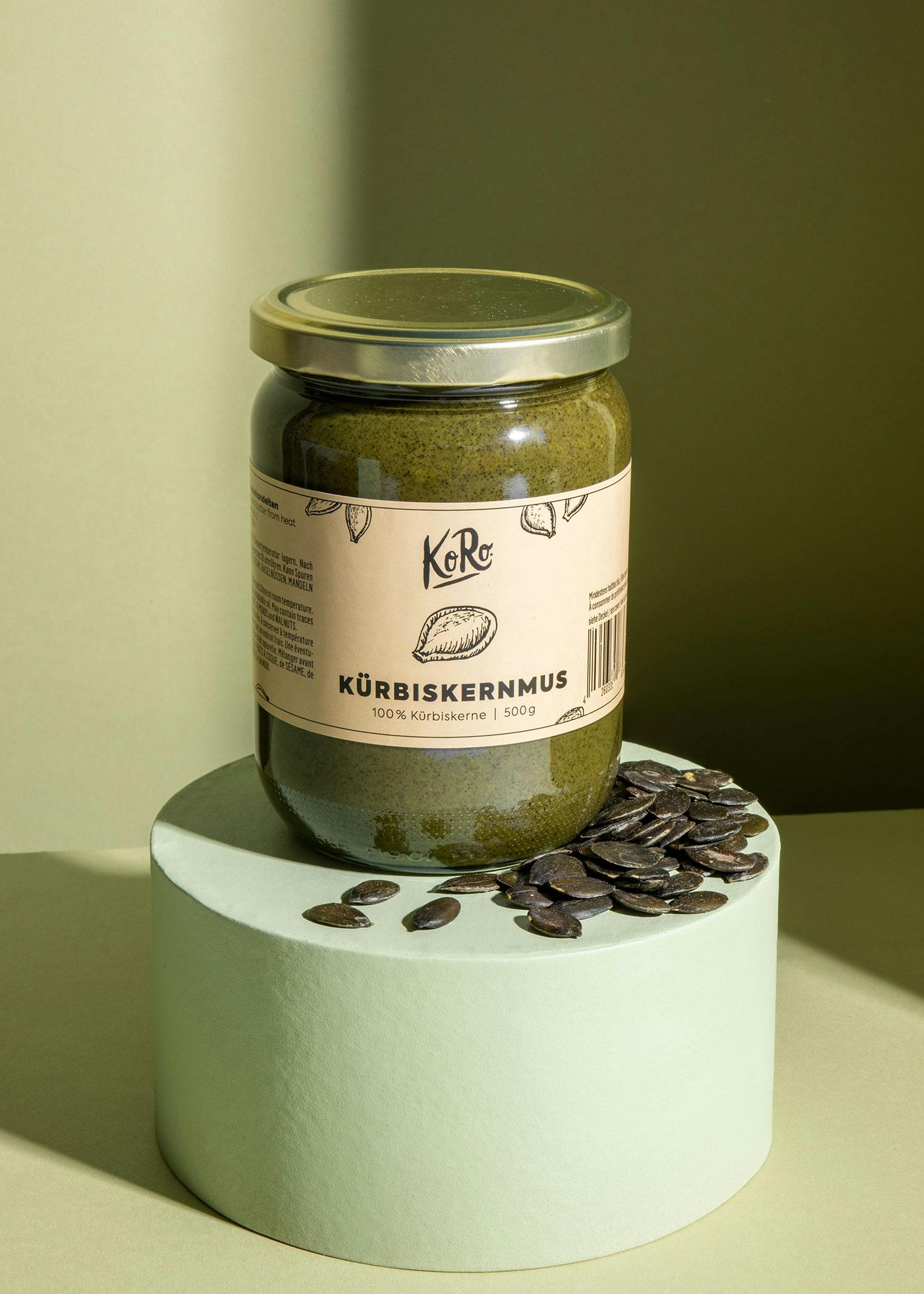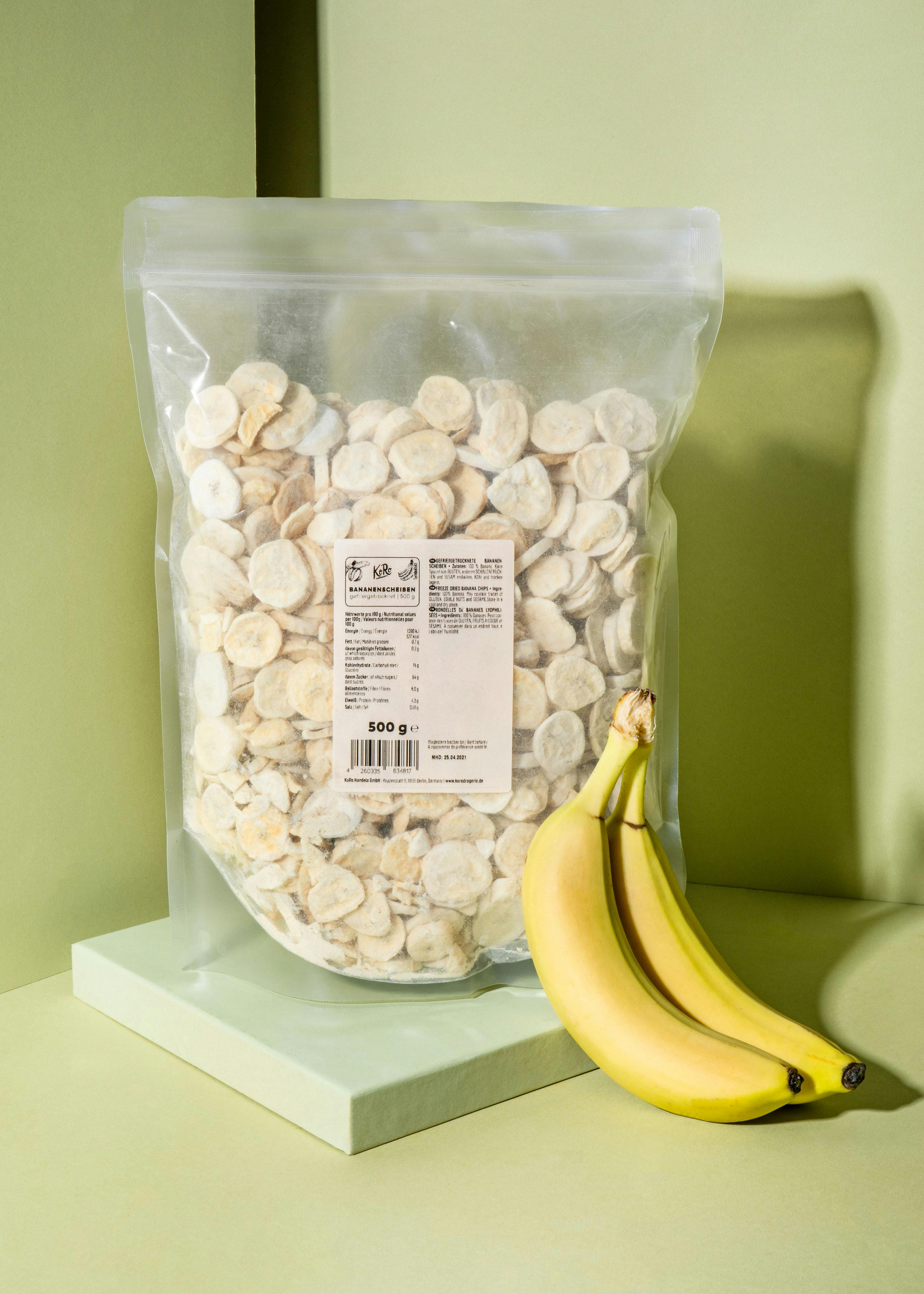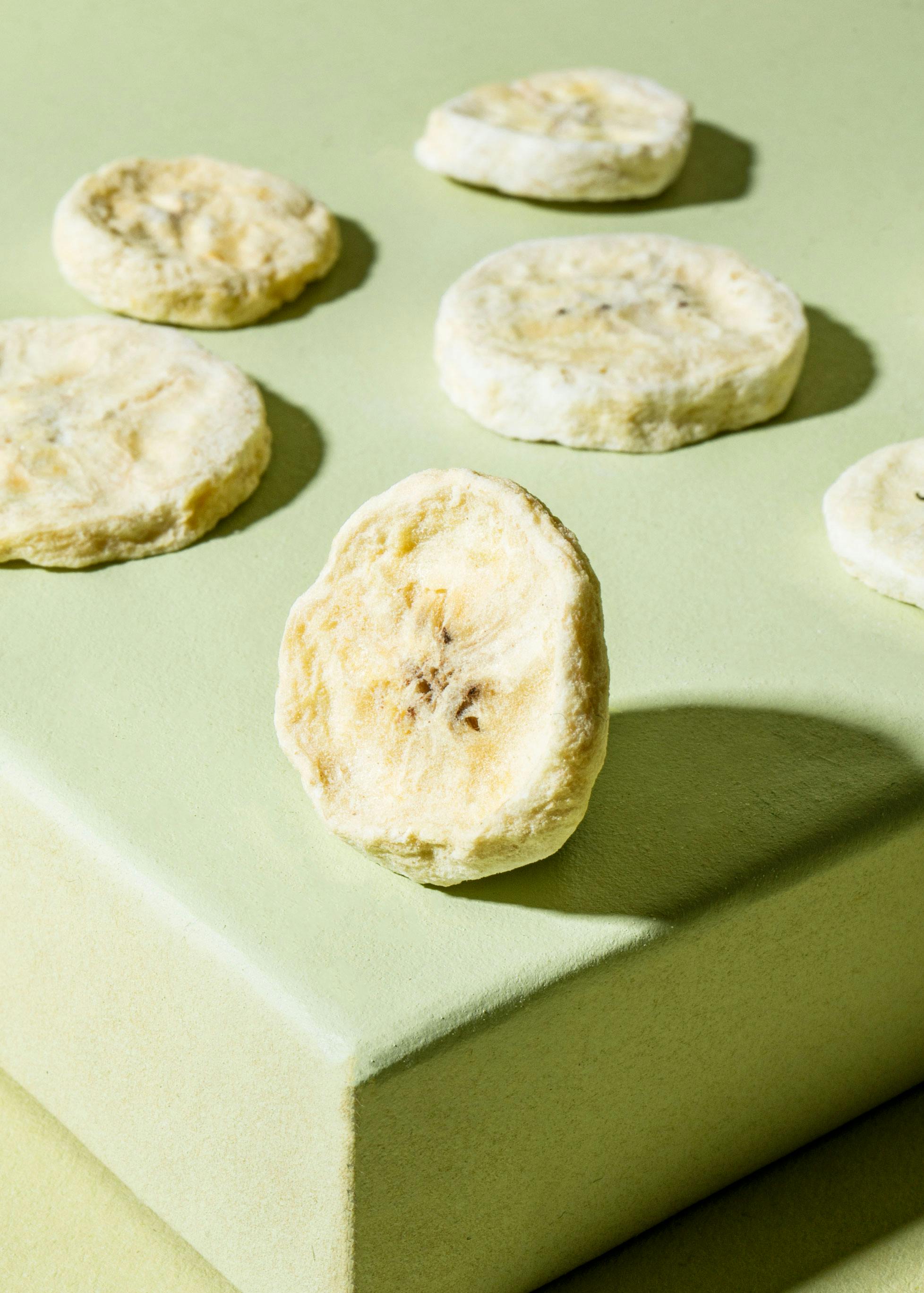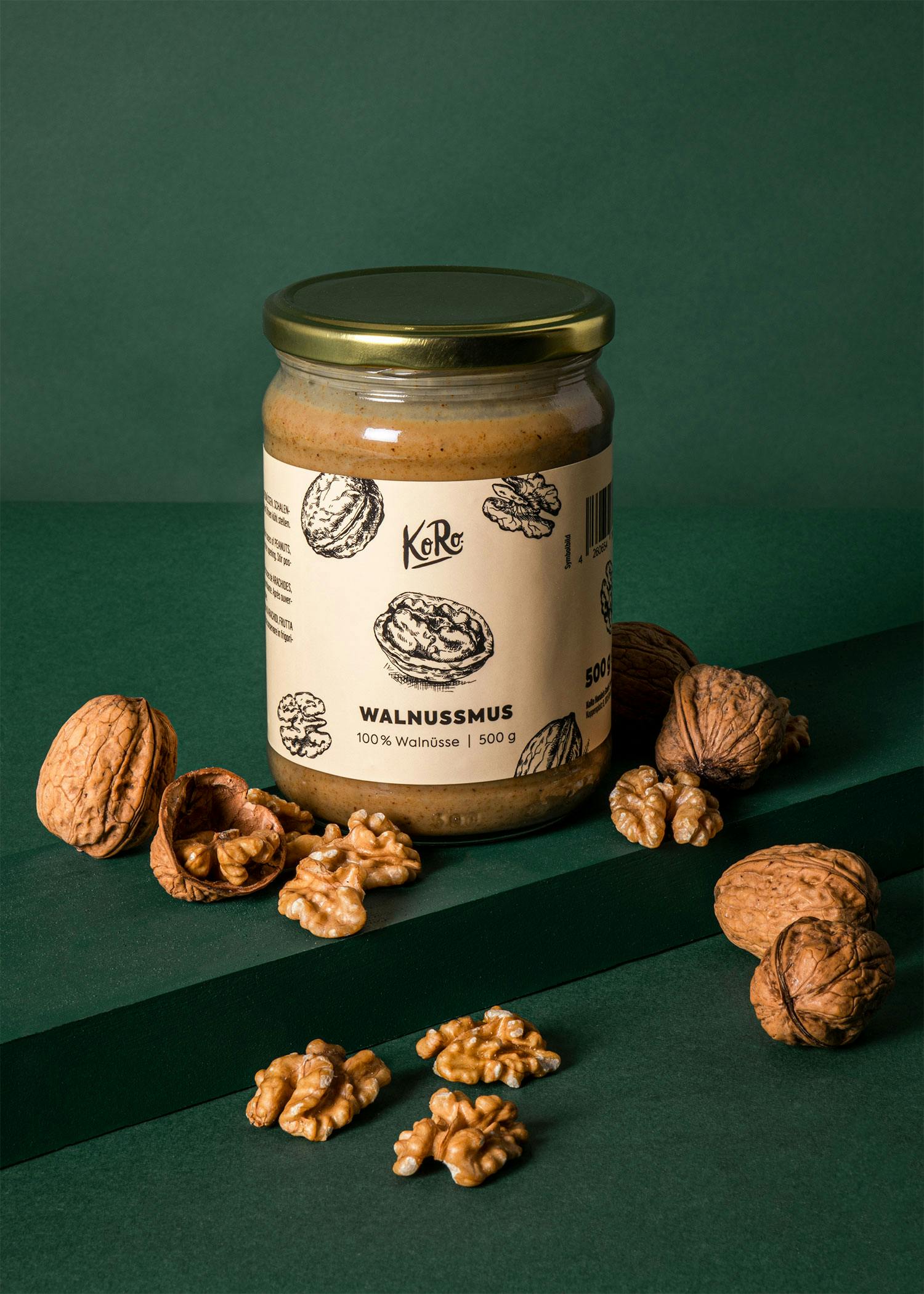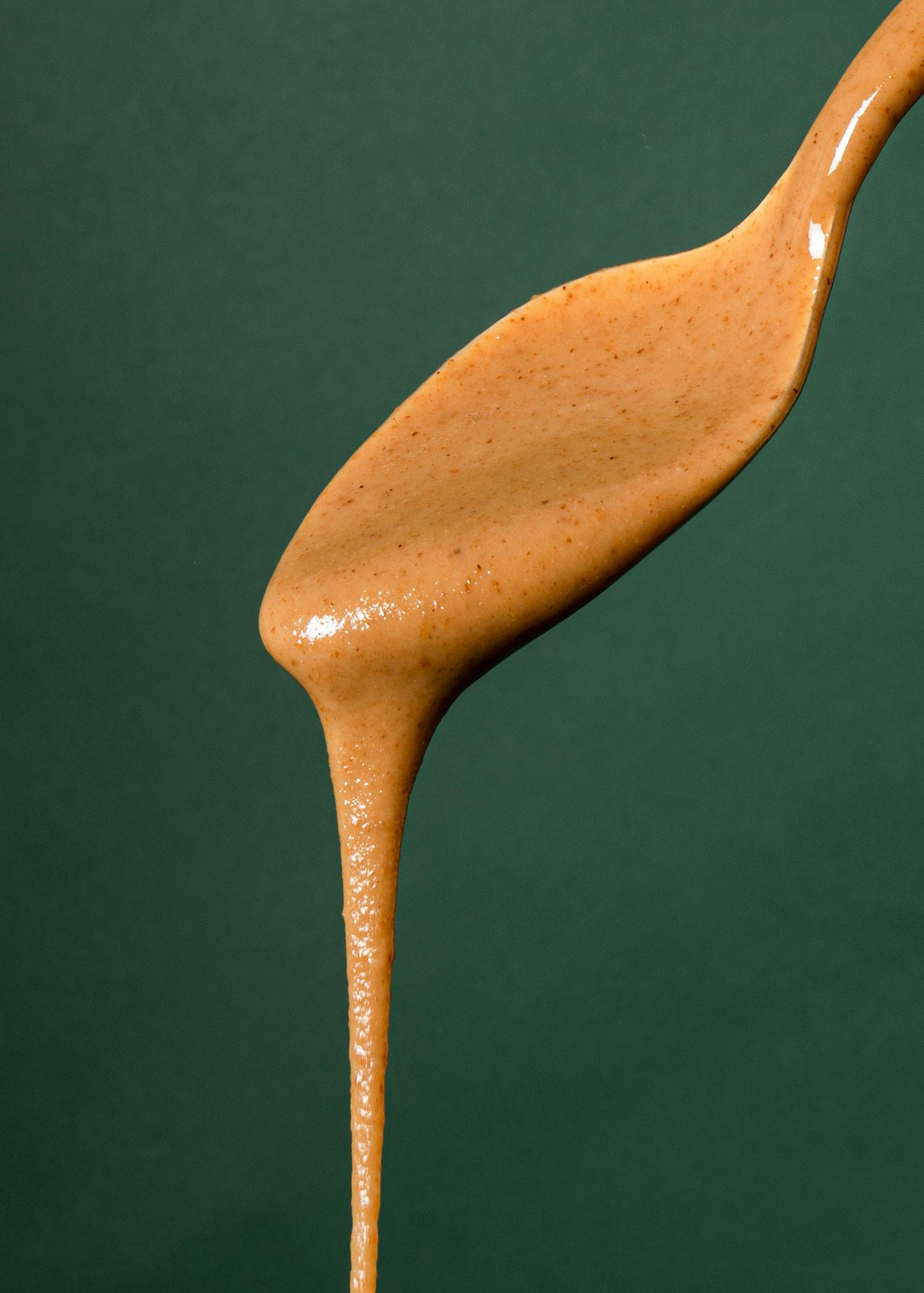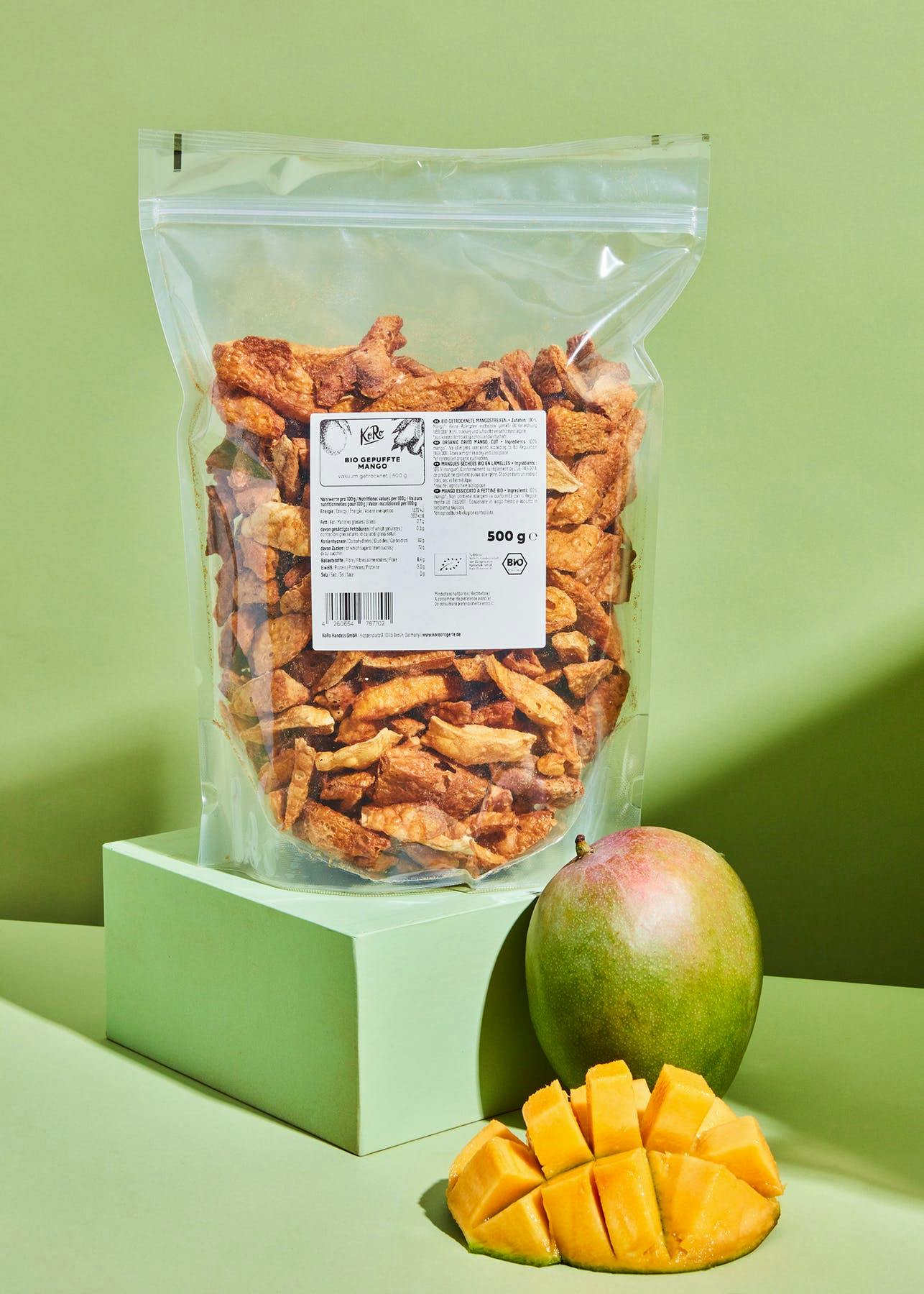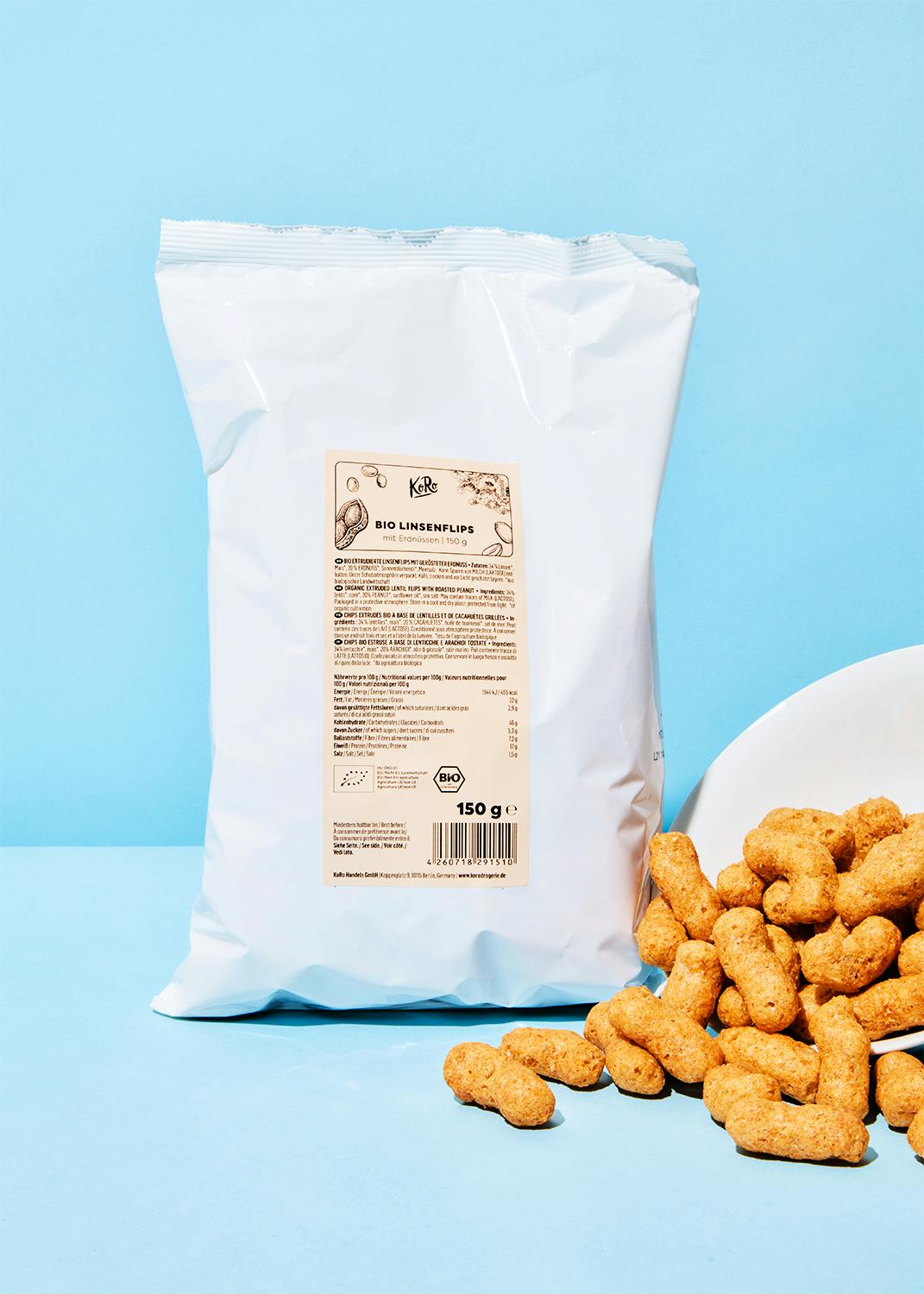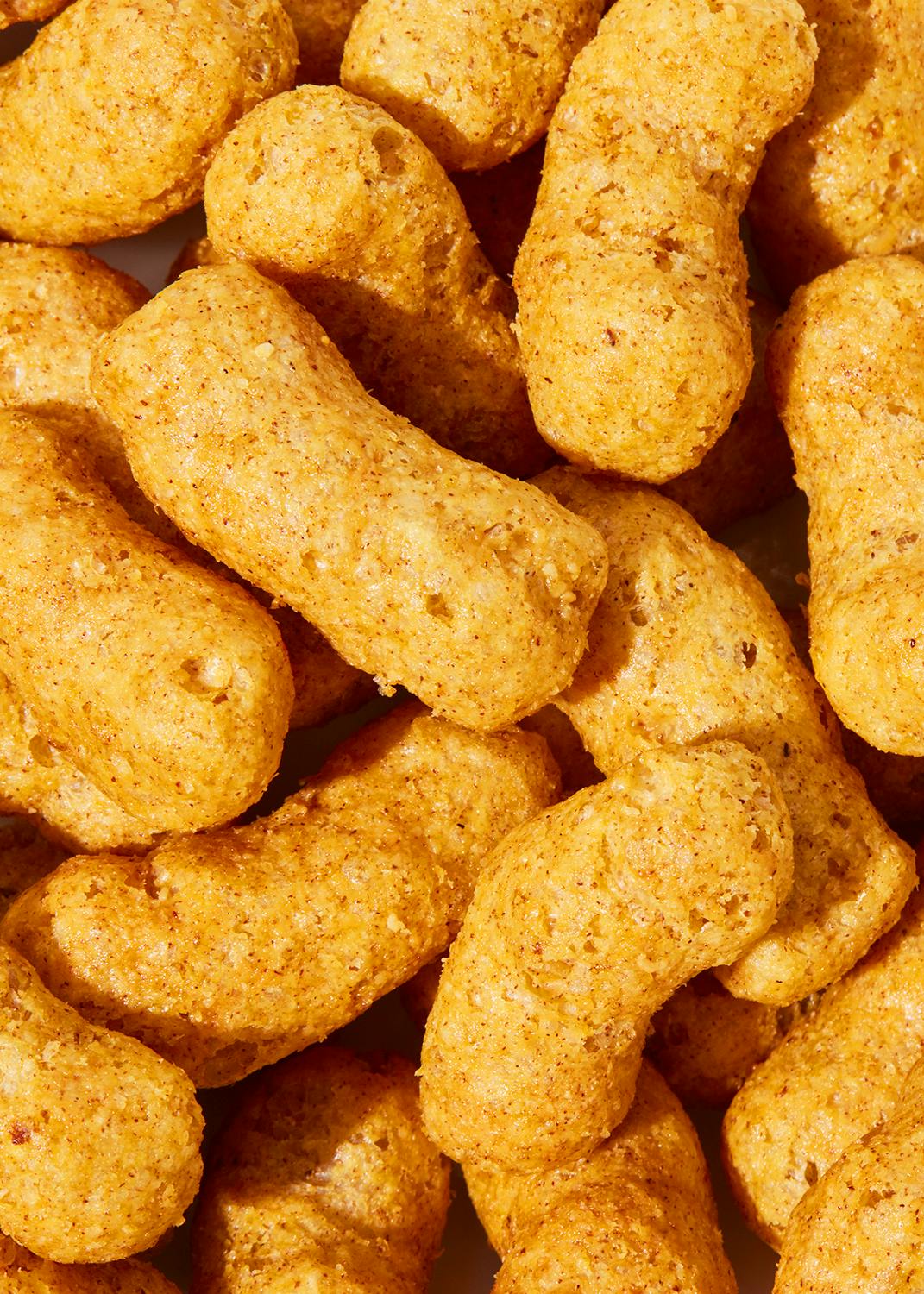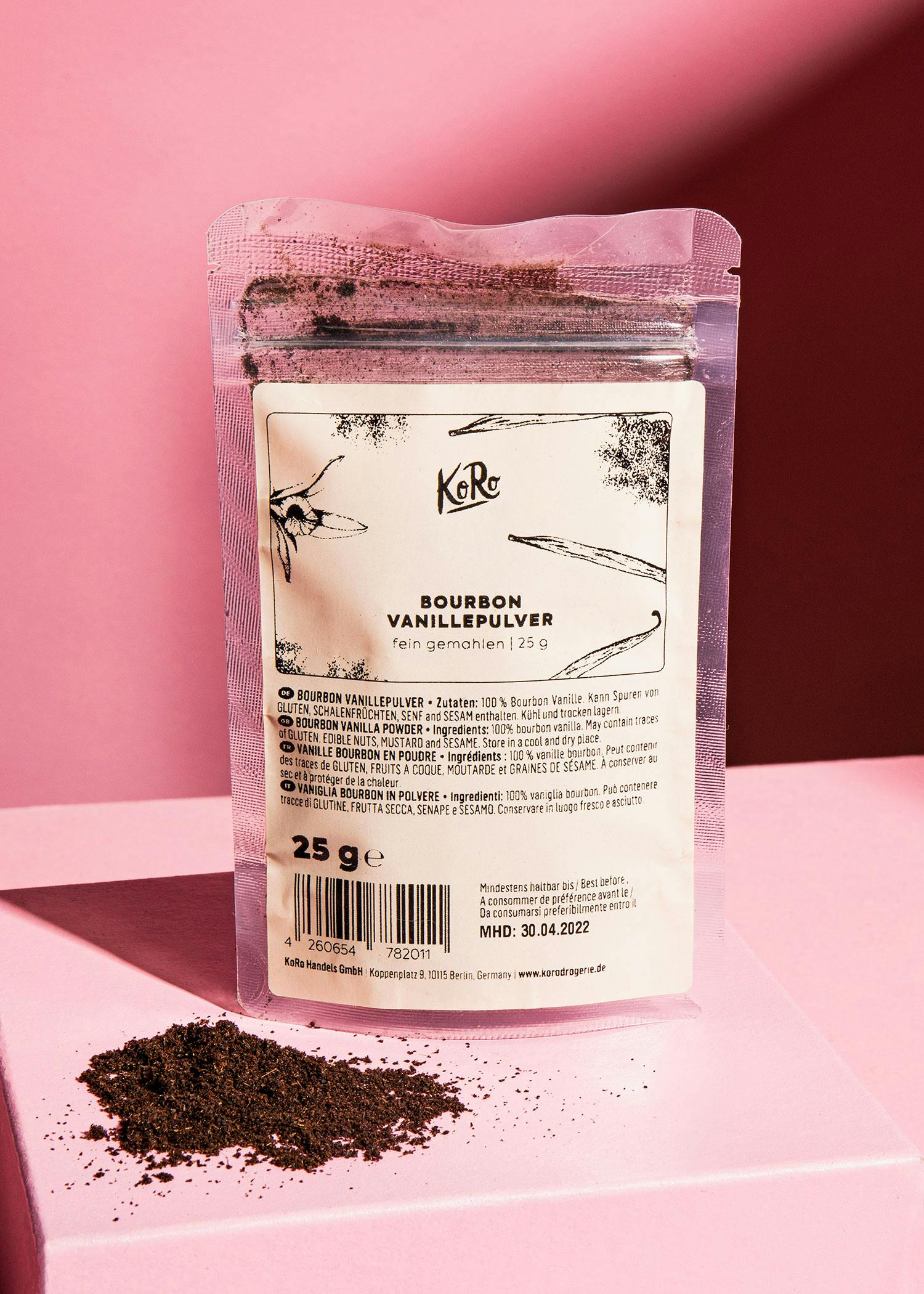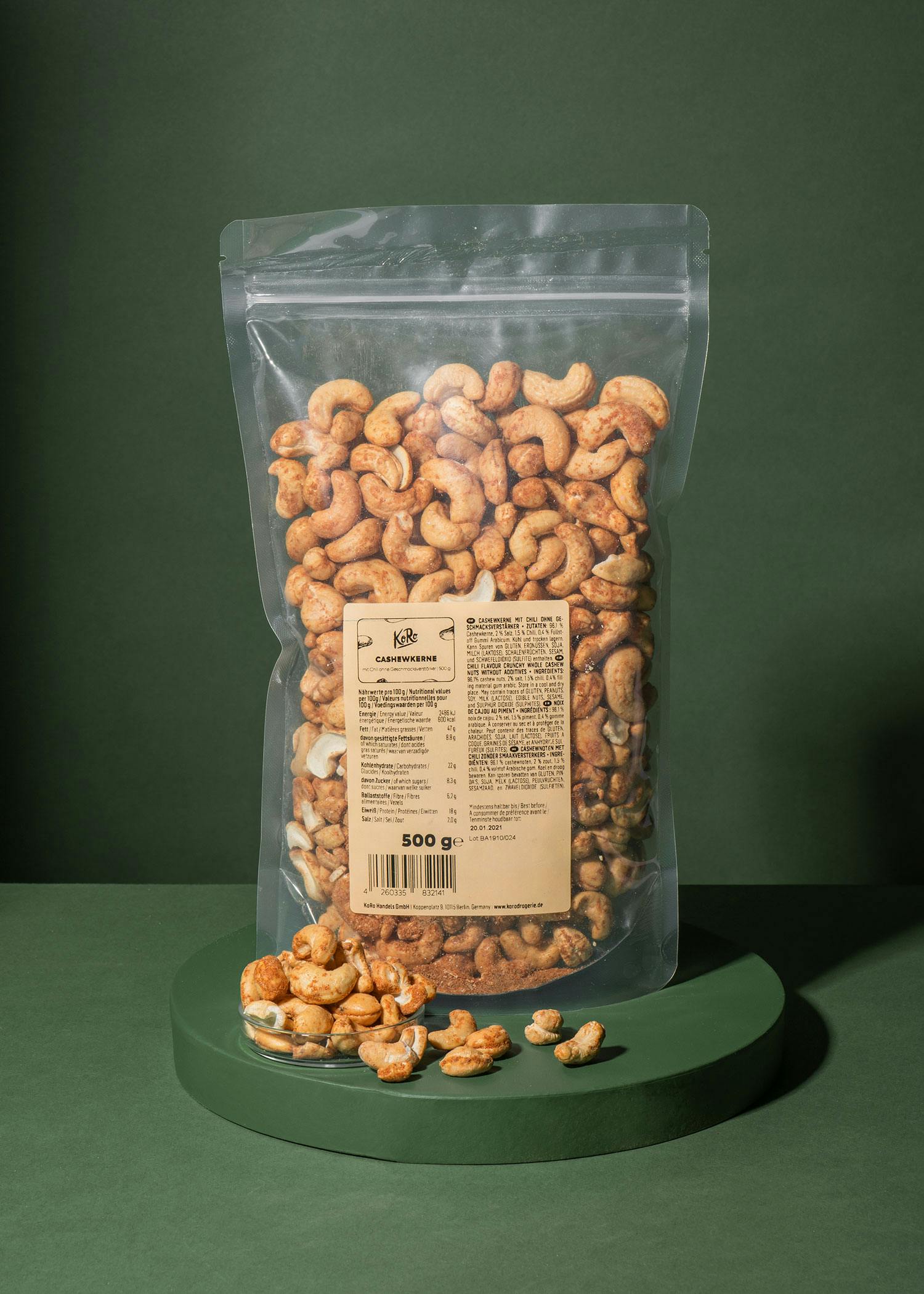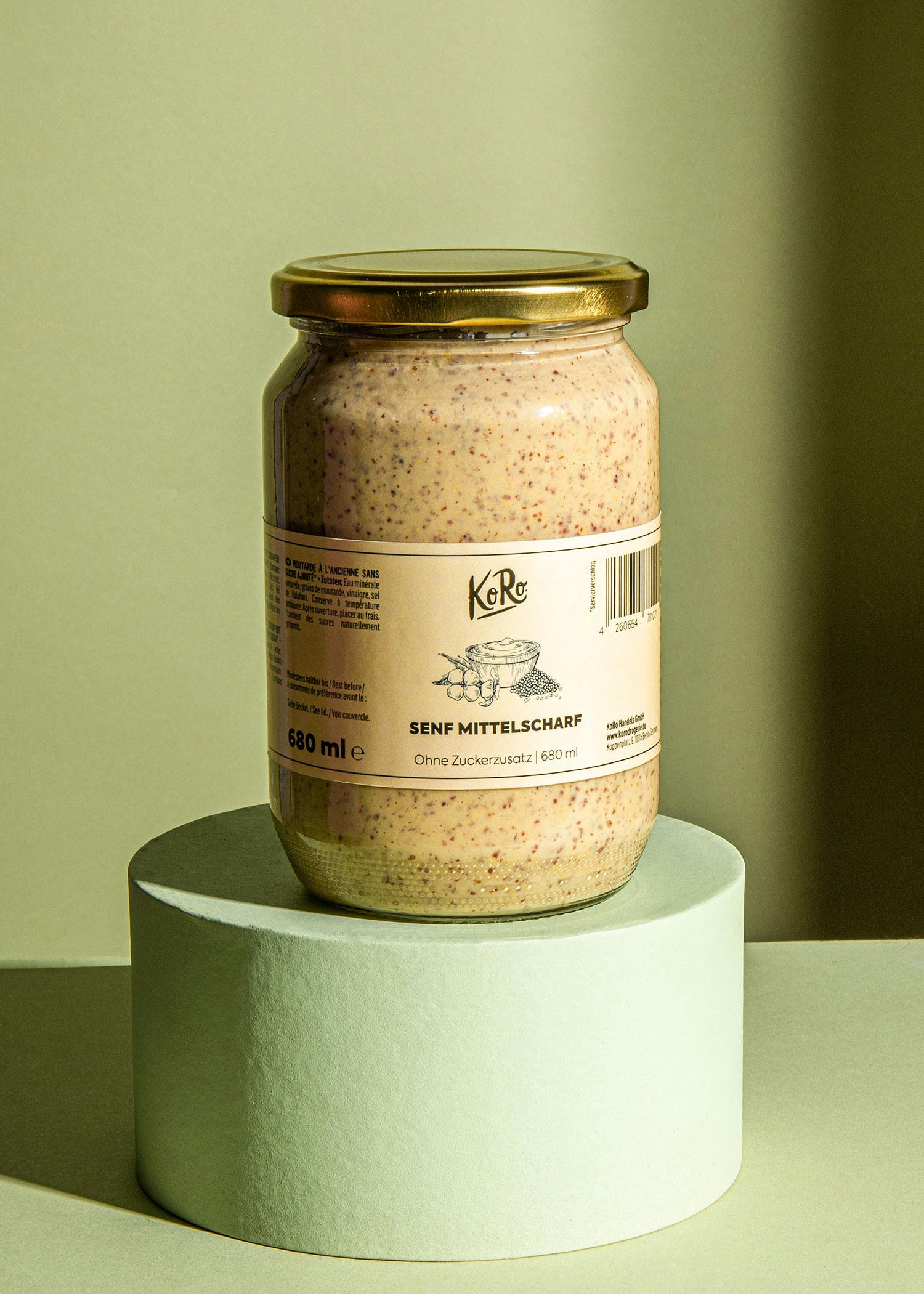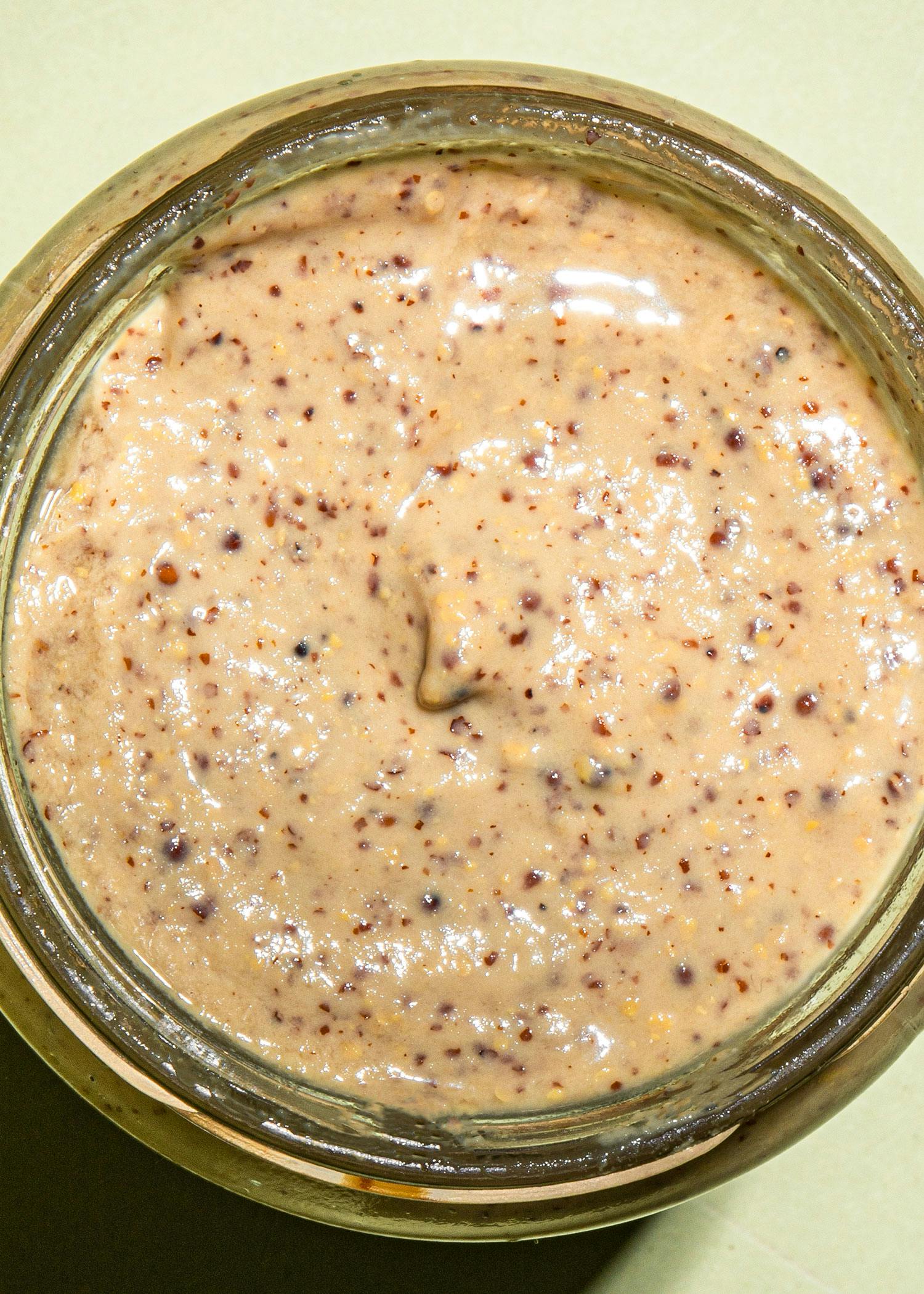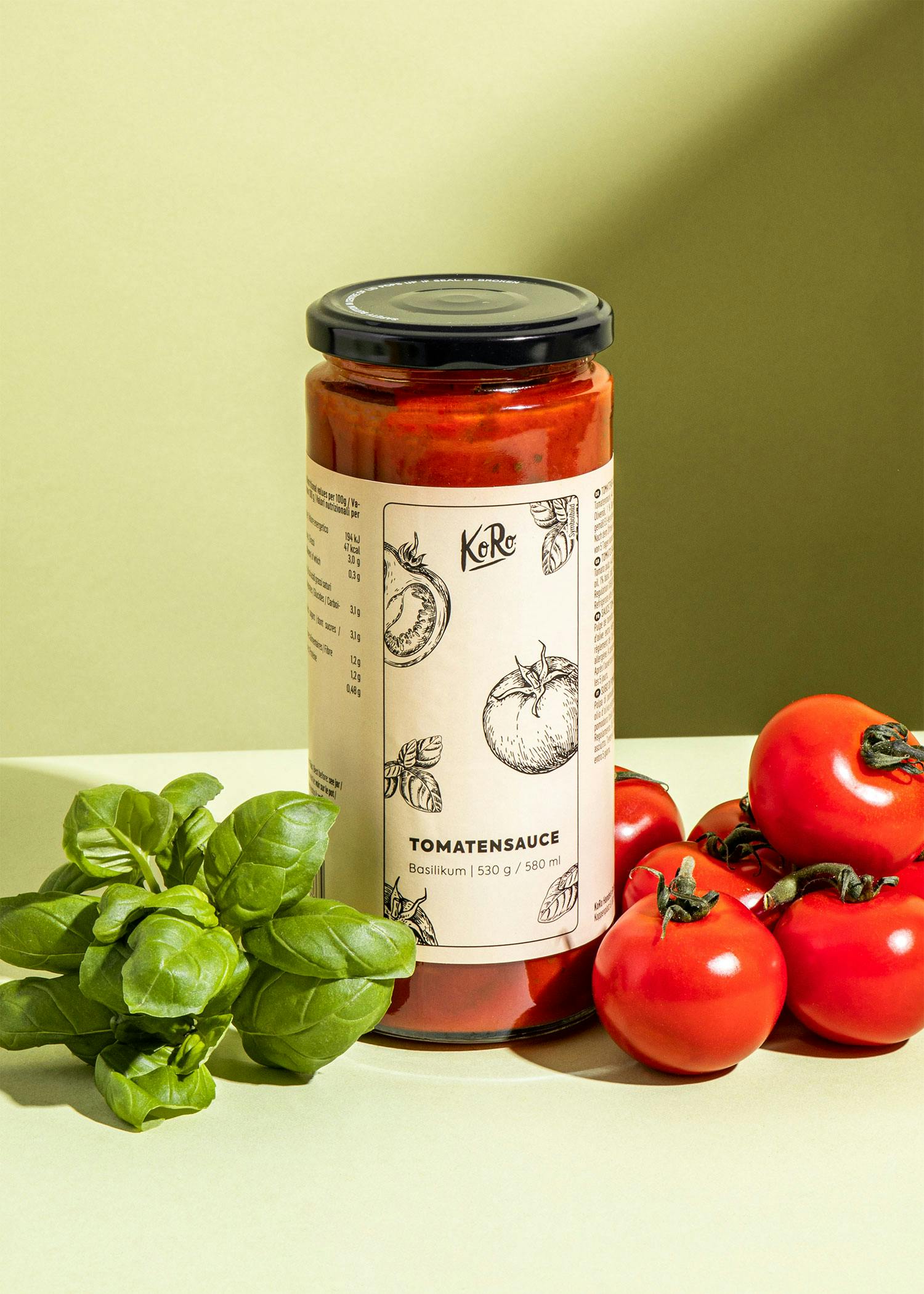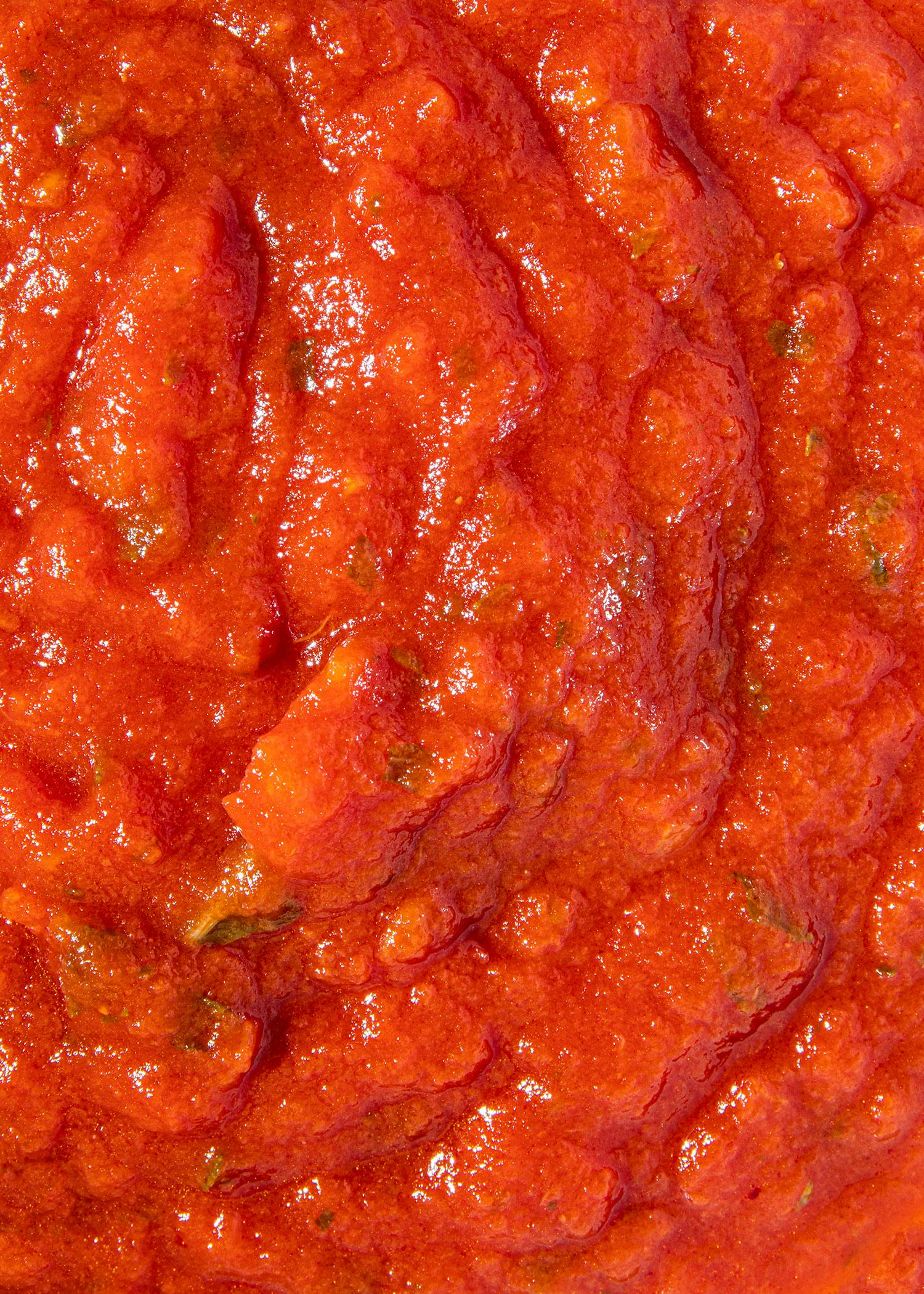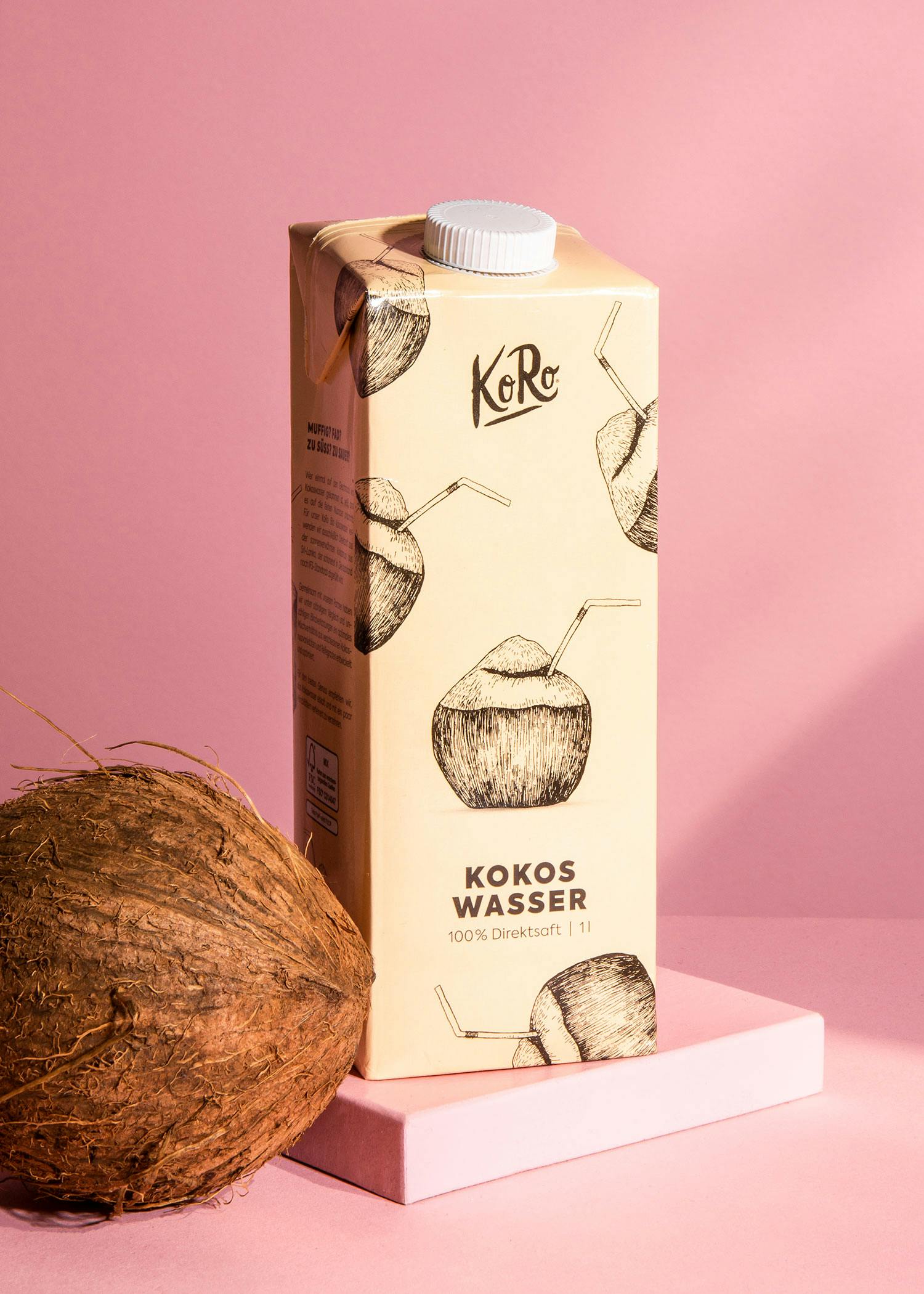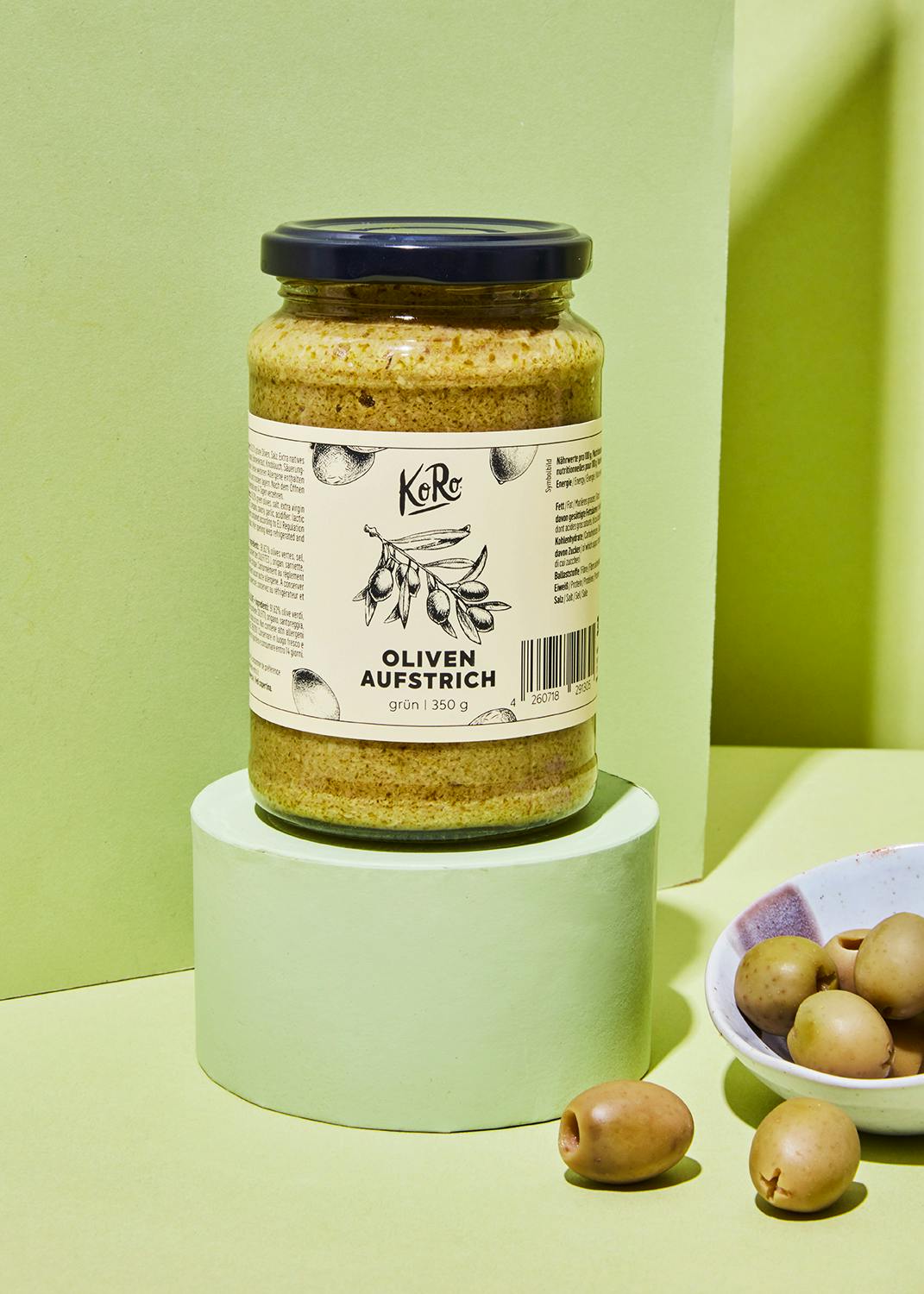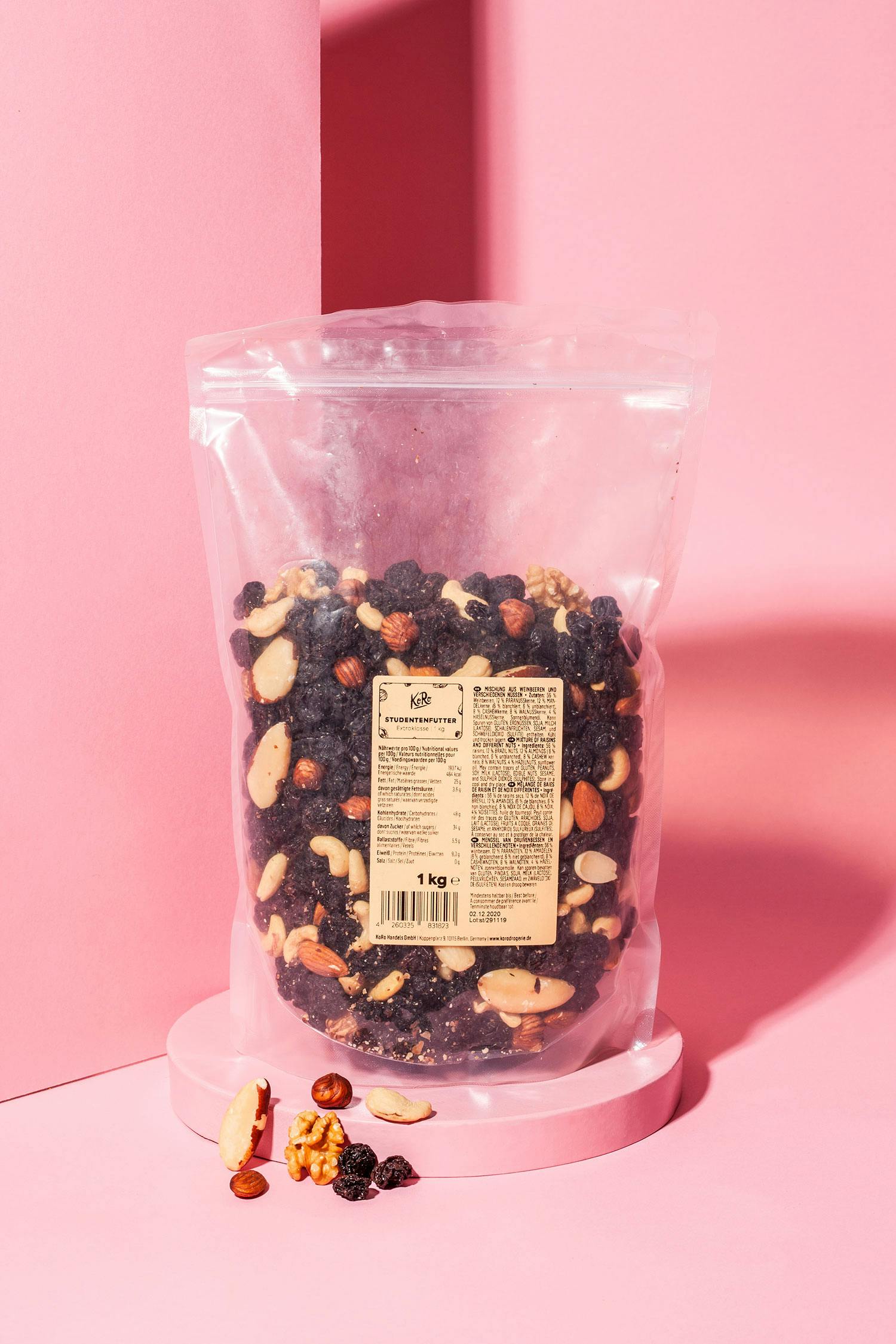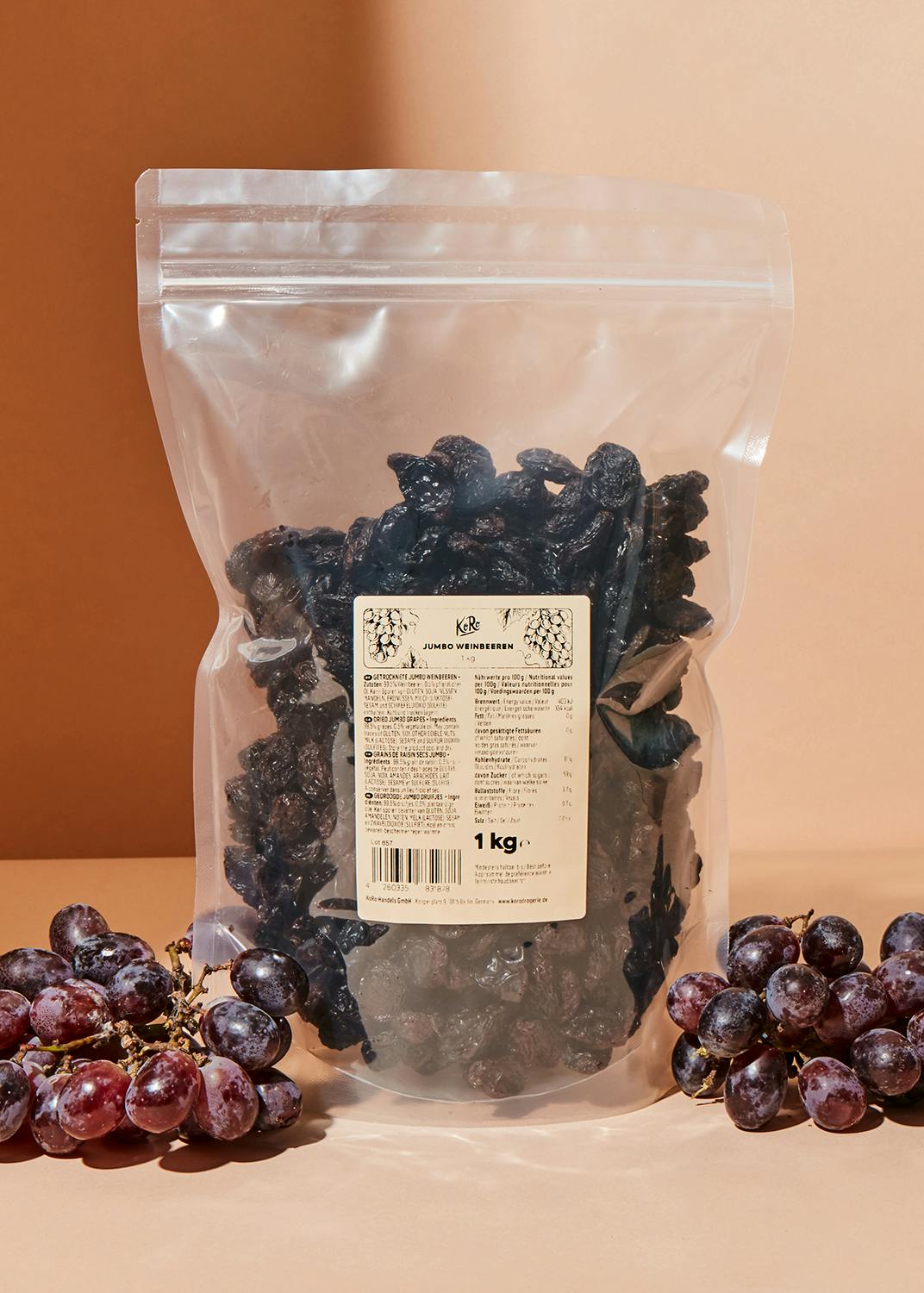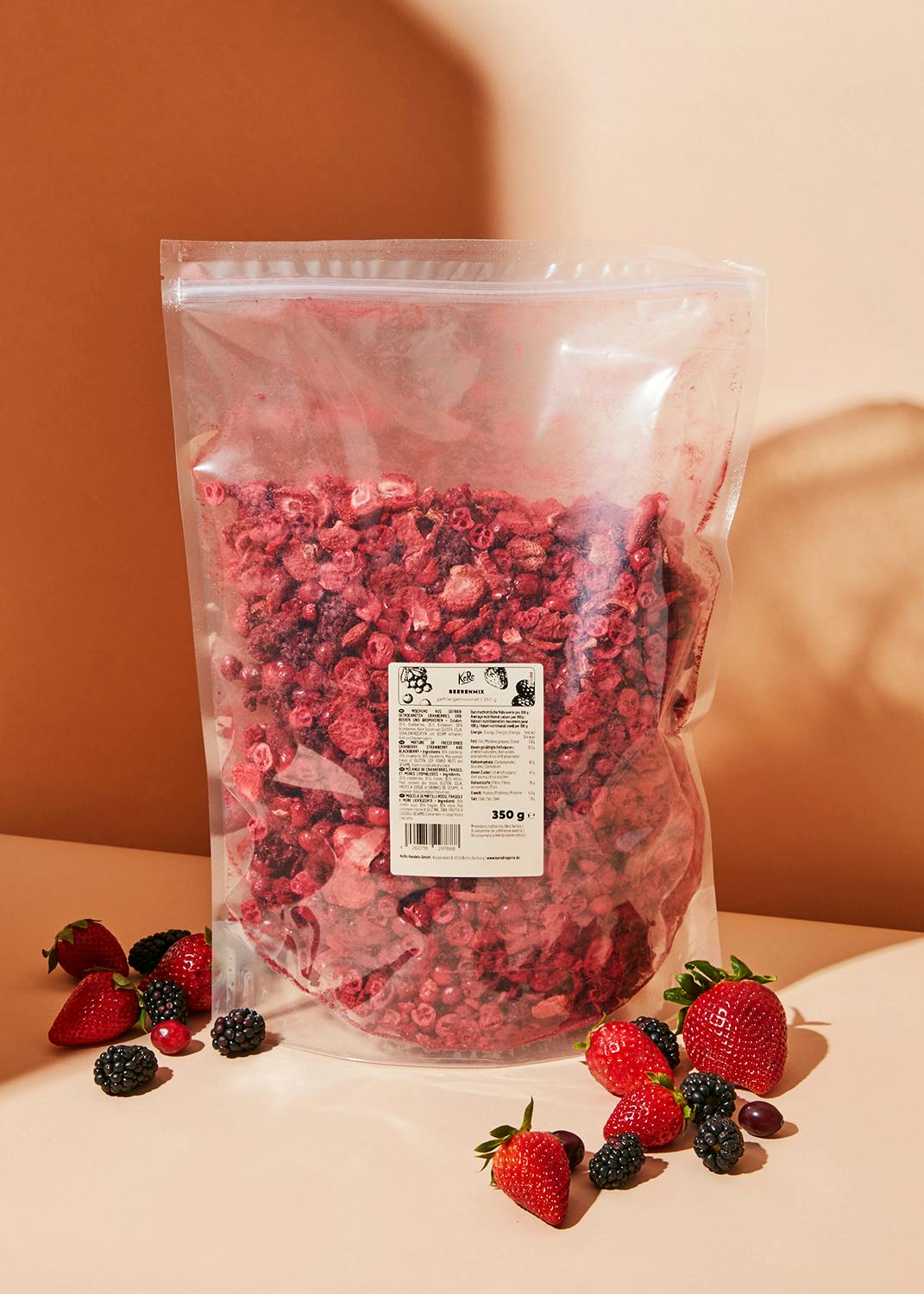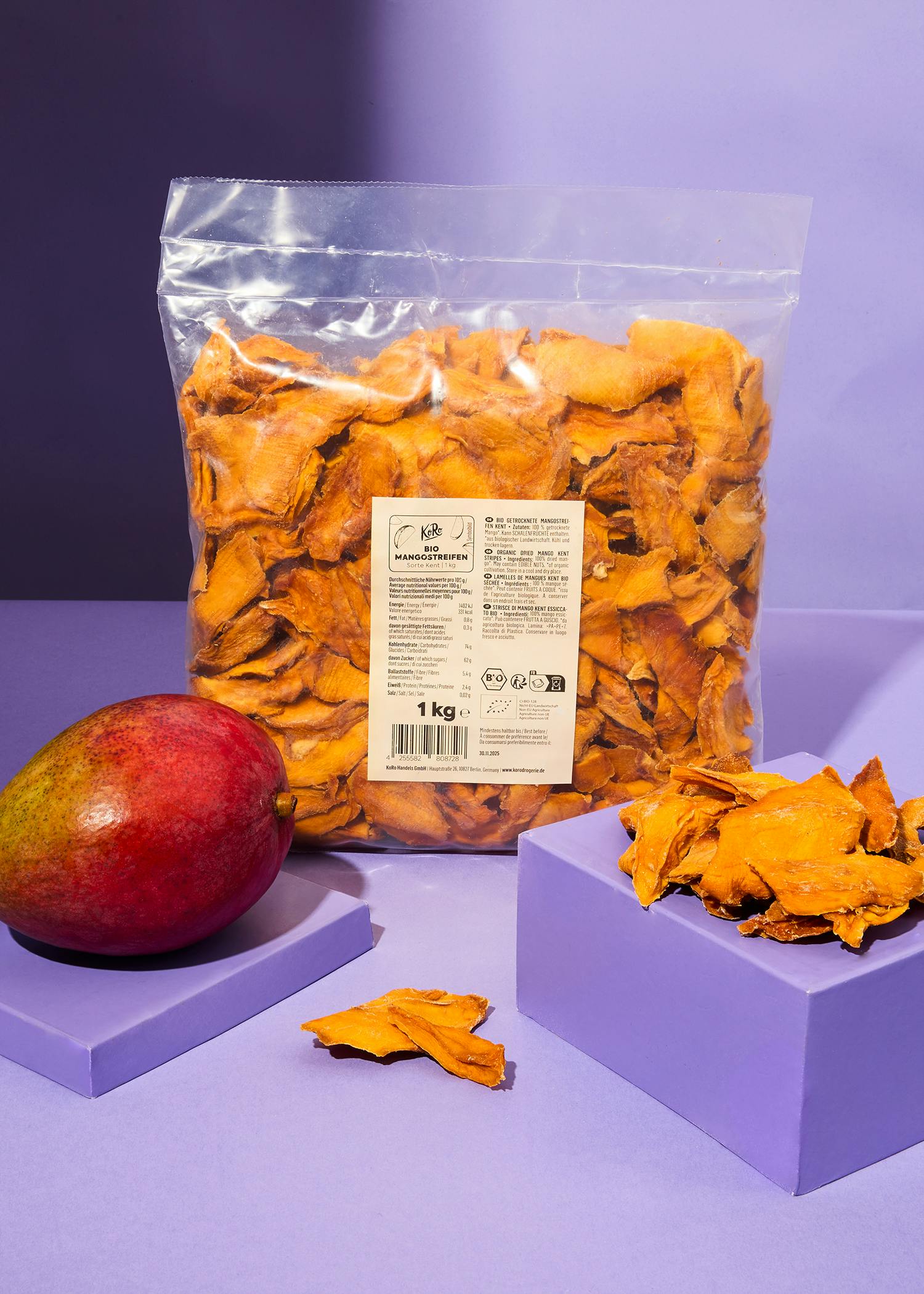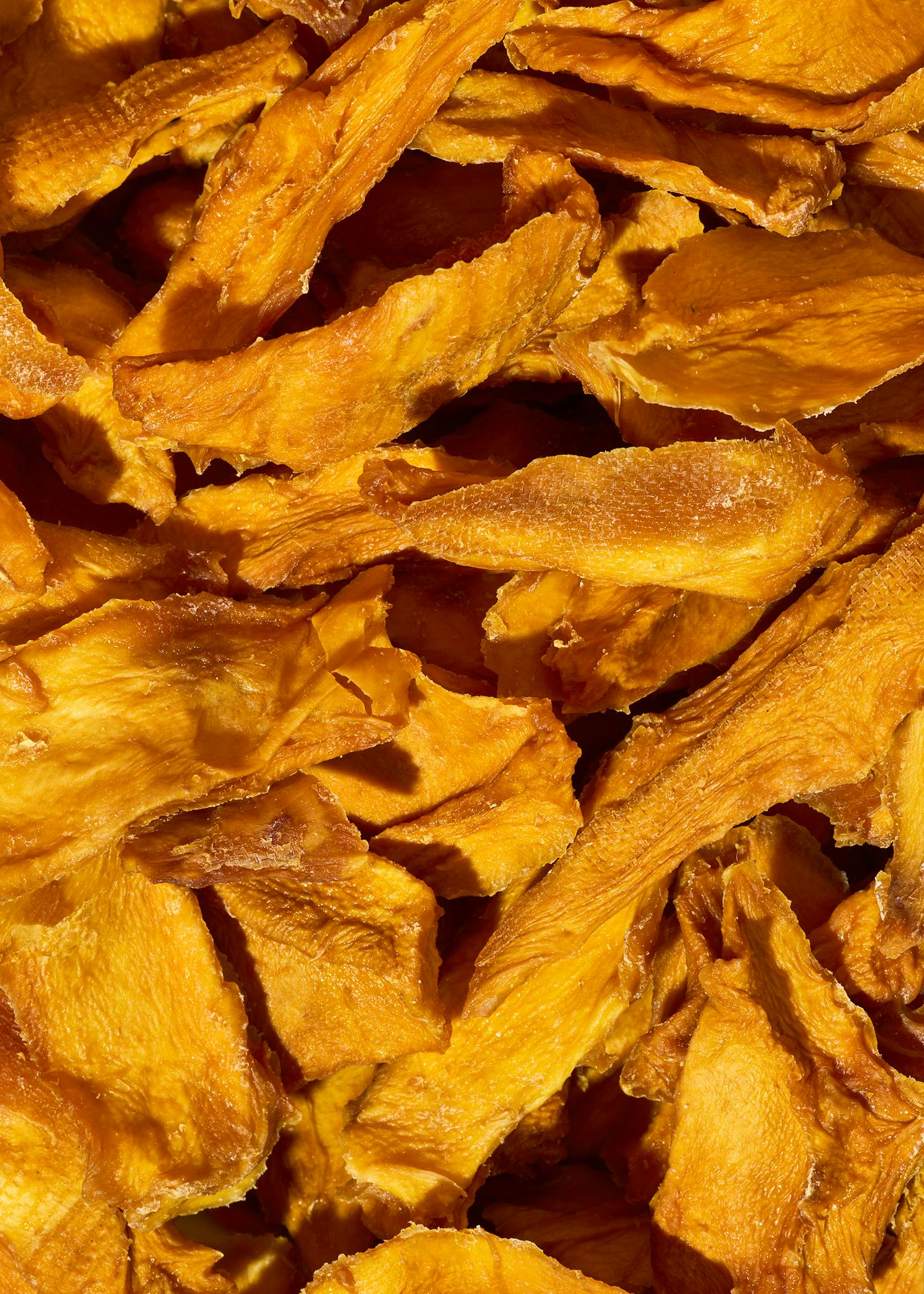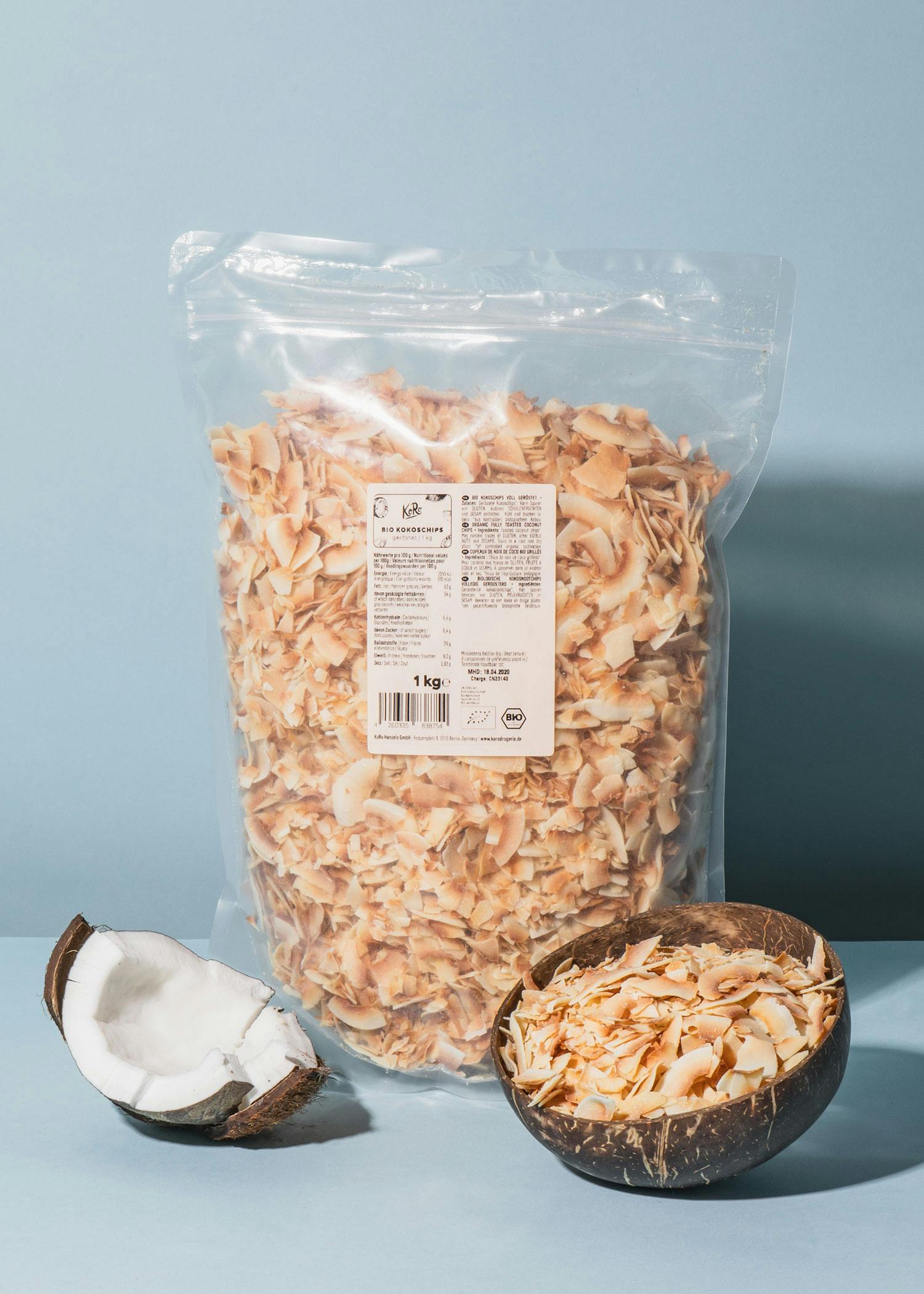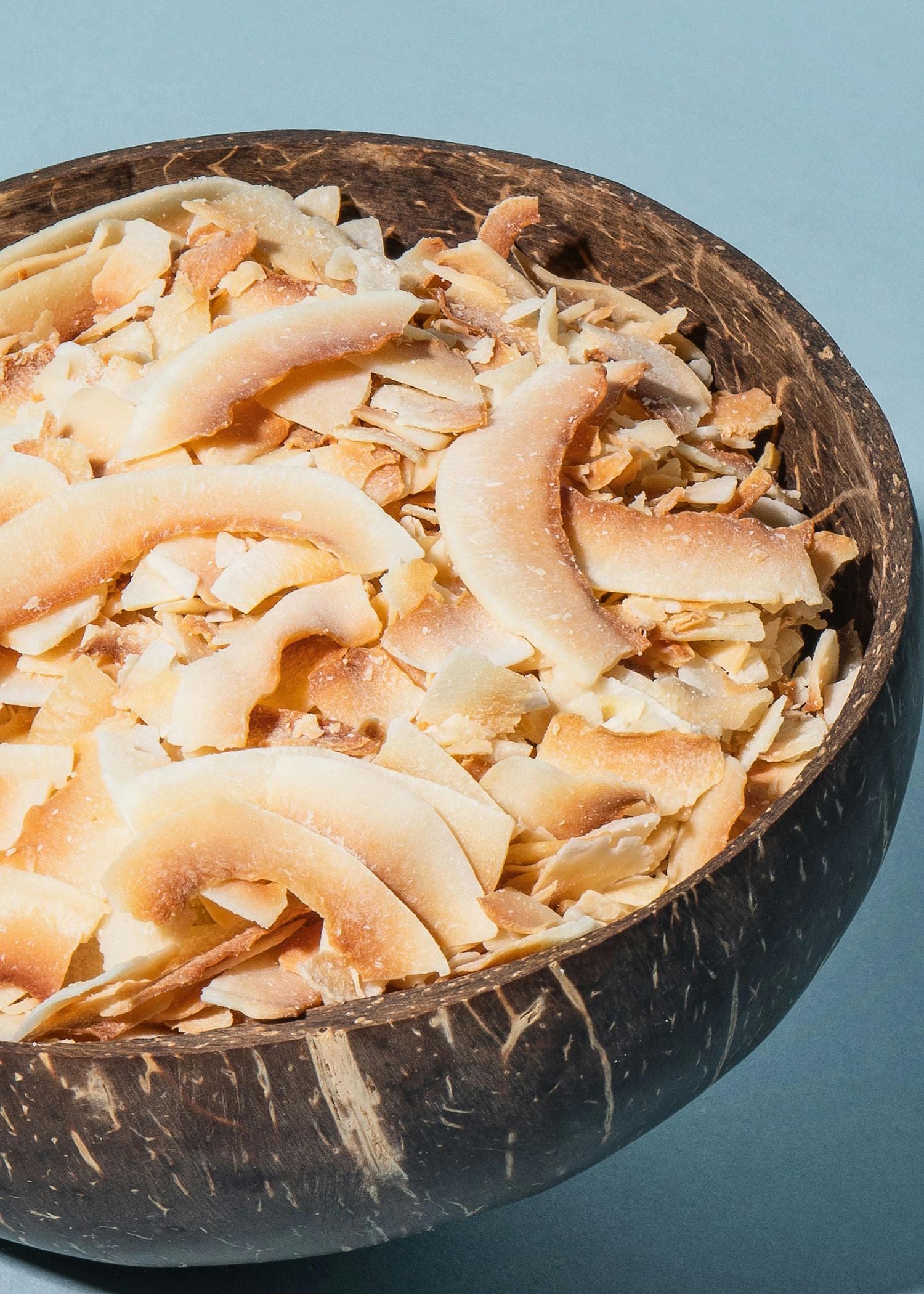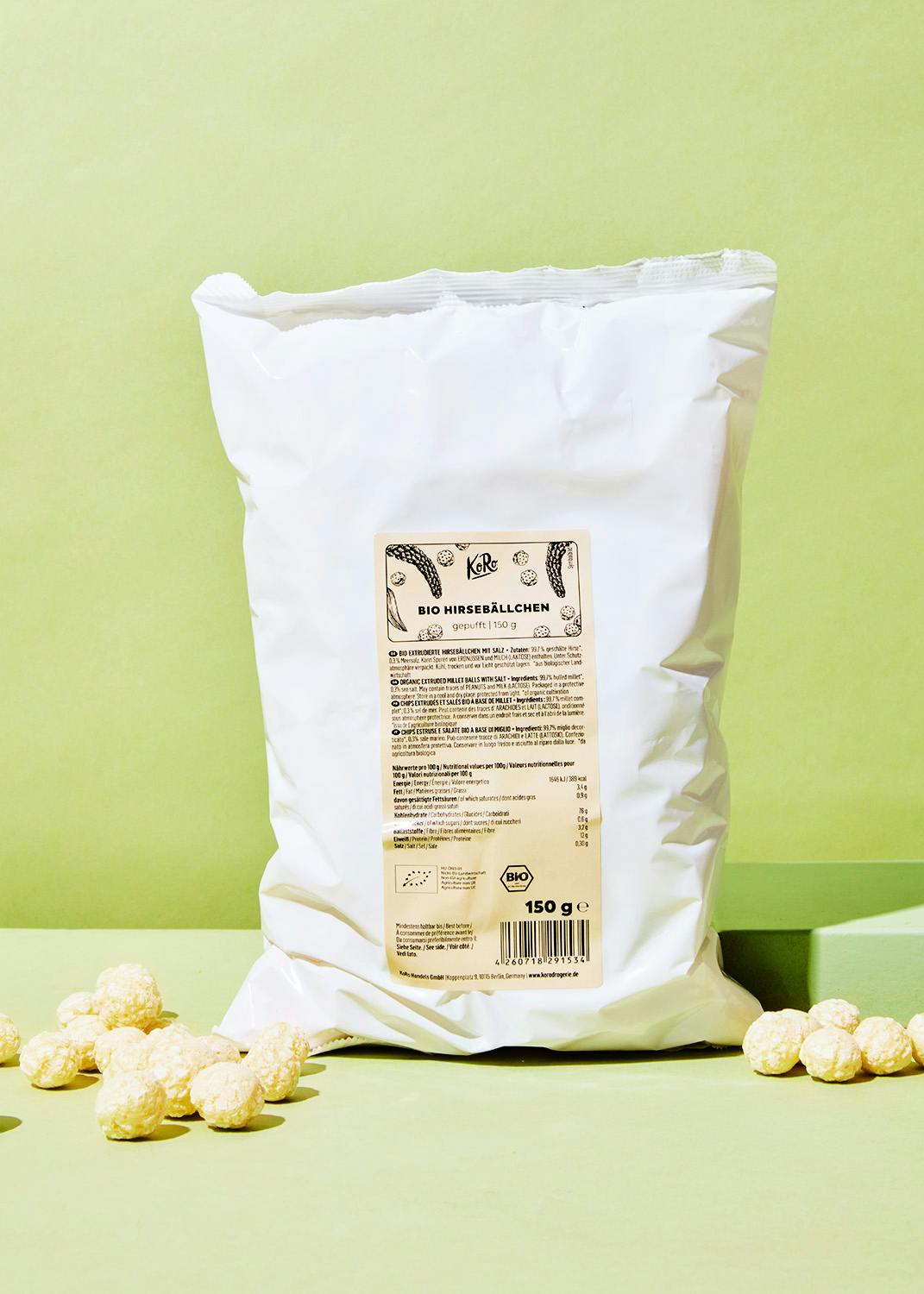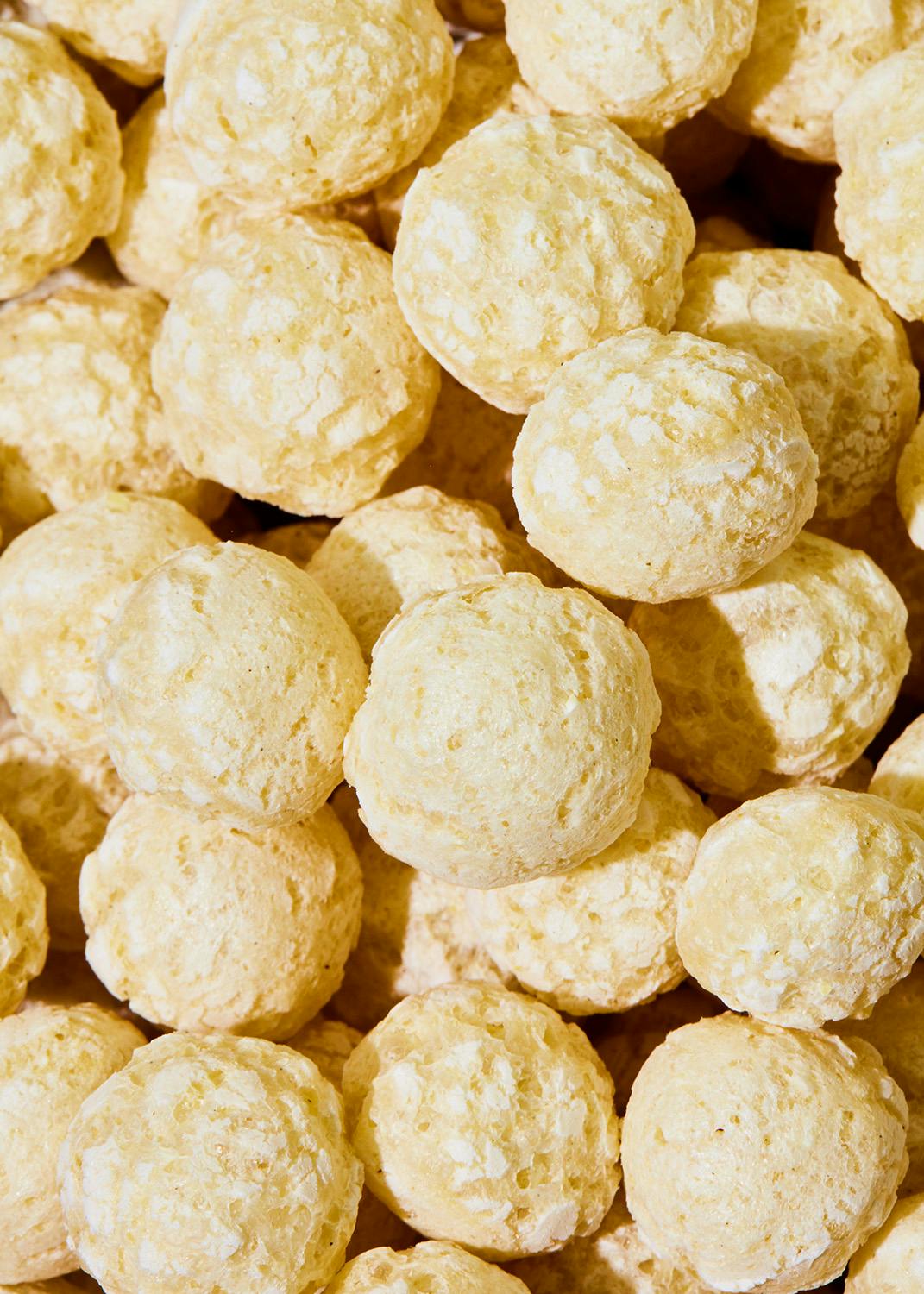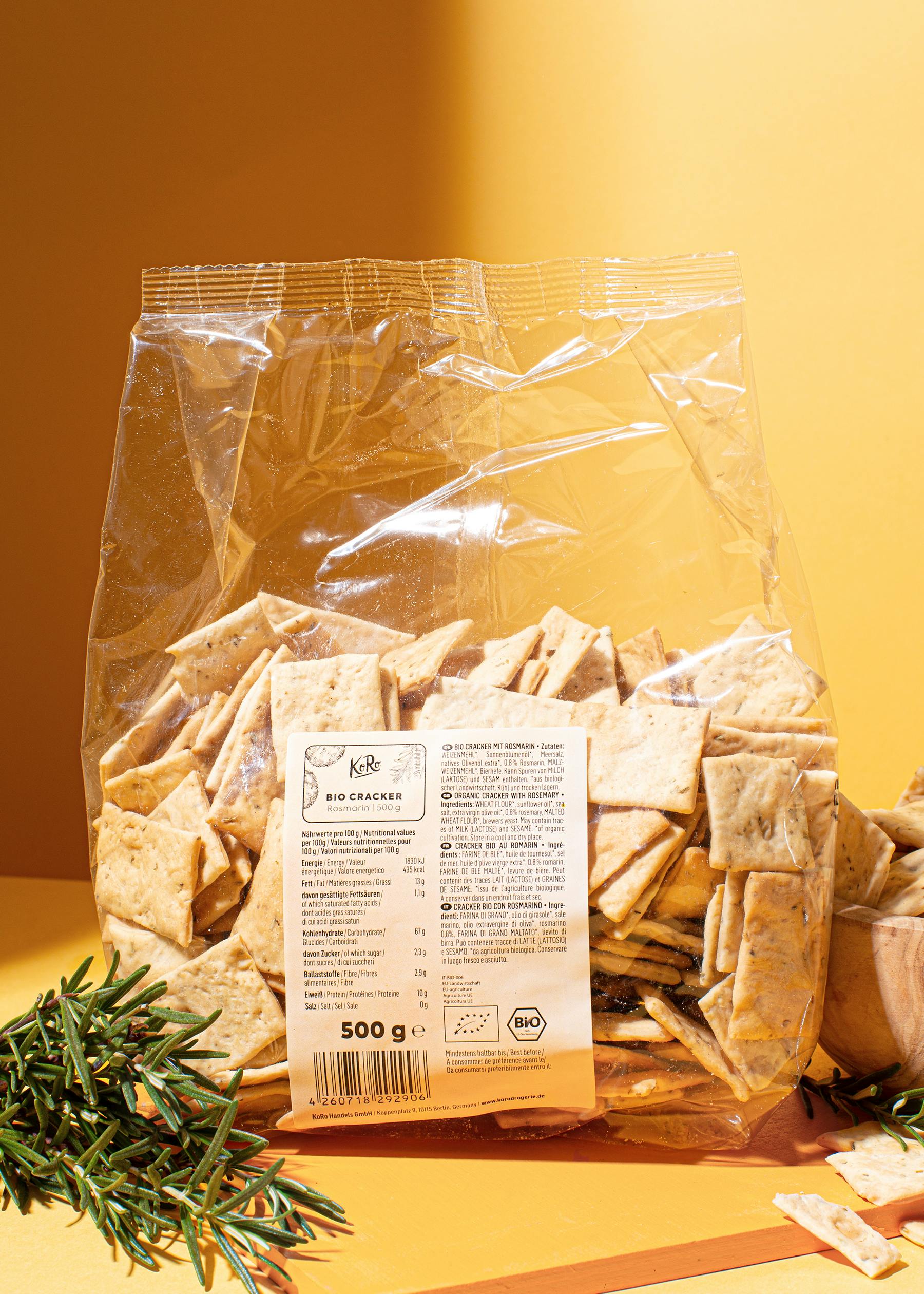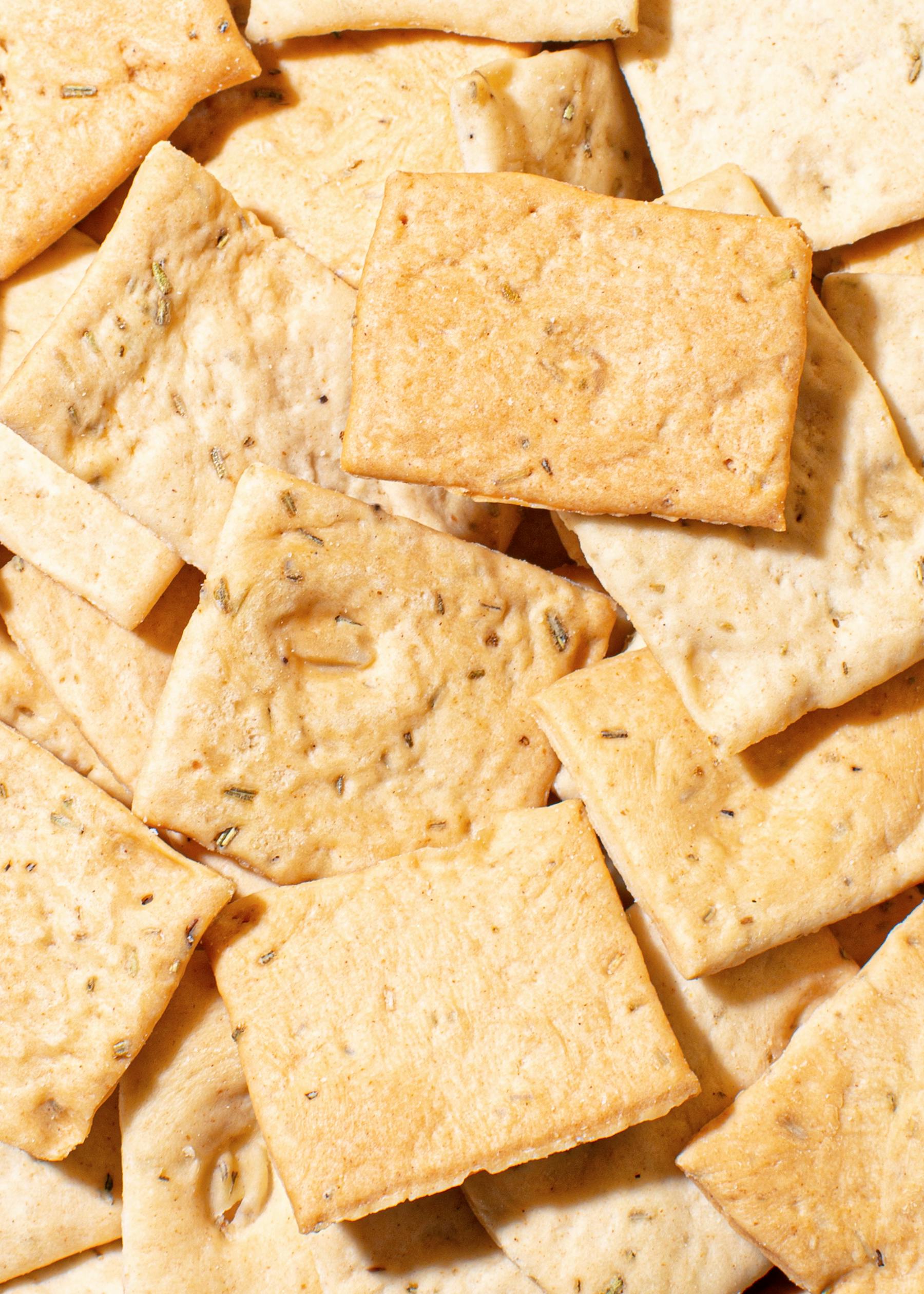Sin azúcar añadido
237 artículo(s)Contenido: 0.35 kilo (67,14 €* / 1 kilo)
Contenido: 0.5 kilo (22,00 €* / 1 kilo)
Contenido: 0.5 kilo (26,00 €* / 1 kilo)
Contenido: 0.5 kilo (22,00 €* / 1 kilo)
Contenido: 0.5 kilo (12,00 €* / 1 kilo)
Contenido: 0.5 kilo (12,00 €* / 1 kilo)
Contenido: 0.5 kilo (15,00 €* / 1 kilo)
Contenido: 0.4 kilo (11,25 €* / 1 kilo)
Contenido: 0.1 kilo (32,50 €* / 1 kilo)
Contenido: 0.055 kilo (40,91 €* / 1 kilo)
Contenido: 0.4 kilo (27,50 €* / 1 kilo)
Contenido: 3 litro (10,50 €* / 1 litro)
Contenido: 0.055 kilo (40,91 €* / 1 kilo)
Contenido: 0.2 kilo (13,75 €* / 1 kilo)
Contenido: 0.18 kilo (27,78 €* / 1 kilo)
Contenido: 0.18 kilo (26,39 €* / 1 kilo)
Contenido: 0.15 kilo (18,33 €* / 1 kilo)
Contenido: 0.2 litro (18,75 €* / 1 litro)
Contenido: 0.5 kilo (14,50 €* / 1 kilo)
Contenido: 0.5 kilo (21,00 €* / 1 kilo)
Contenido: 0.5 kilo (55,00 €* / 1 kilo)
Contenido: 0.5 kilo (26,00 €* / 1 kilo)
Contenido: 0.15 kilo (21,67 €* / 1 kilo)
Contenido: 0.025 kilo (700,00 €* / 1 kilo)
Contenido: 0.5 kilo (26,00 €* / 1 kilo)
Contenido: 0.68 litro (13,60 €* / 1 litro)
Contenido: 0.53 kilo (8,02 €* / 1 kilo)
Contenido: 0.35 kilo (15,00 €* / 1 kilo)
Contenido: 0.35 kilo (85,71 €* / 1 kilo)
Contenido: 0.15 kilo (13,33 €* / 1 kilo)
Contenido: 0.5 kilo (8,50 €* / 1 kilo)
Buy products with no added sugar
Losing weight, living a healthy life and living without sugar are not just popular New Year's resolutions, they are ubiquitous topics. Whether it's advice books, blog posts or podcasts – cutting sugar out of your life seems to be THE topic. An increasing number of products with less sugar are also being offered in supermarkets. But what is actually behind the trend and what alternatives are there if you don't want to give up sweet treats?
We think you're sweet enough as you are! So let's get rid of unnecessary added sugars. This applies to the majority of our huge range of products. We love something sweet every now and then, but it doesn't always need added sugars. Many of our products are naturally so sweet that they – and consequently you – lack for nothing.
Our most popular products with no added sugars:
- Organic Brooks mango strips*
- Freeze-dried strawberry slices*
- Organic peanut butter*
- Organic cocoa nibs
- Coconut chips with no added sugar*
- Vegan pesto verde
*contains sugar naturally
What does ‘no added sugar’ actually mean by law?
When you buy products labelled ‘no added sugar’, you may wonder why the nutrition declaration still lists sugar. To avoid any confusion, let's take a closer look at the term and see what it means by definition: the term ‘no added sugar’ is regulated by the EU Health Claims Regulation. It may only be used if no sugar is added to the product. In this case, sugar refers to both mono- and disaccharides (simple and double sugars, i.e. no refined household sugar but also no other ‘food’ used for its sweetening effect, such as apple juice concentrate, agave syrup or dates). Regardless of this, many foods, such as dried fruit or fruit, naturally contain (fruit) sugar. ‘No added sugar’ may be used in this case. Often, manufacturers then additionally refer to the naturally occurring sugar with the claim “naturally contains sugar”.
Why are dried fruits so sweet even without added sugar?
You may have also noticed that fruit tastes even sweeter in dried form than when it is fresh. This is because the naturally occurring fructose is concentrated by the removal of water during drying. We often take advantage of this and therefore usually do not add any further sweetness to our favourites. See for yourself the naturally sweet taste of our range of dried fruits, our puffed fruits, fruit powders or freeze-dried fruits. Our dried dates are also a sweet classic with a wide range of uses. They are also great for baking, for example.
What happens to sugar in the body and why avoid it at all?
Your body does not need industrial sugar to survive. Yet, on average, each person consumes 30 kilograms of it every year. This value has increased considerably compared to the past. The World Health Organisation (WHO) recommends no more than 25 grams per day. For natural sugars, such as fructose from fruit and vegetables, the WHO does not recommend an upper limit for daily consumption.
When we eat, the digestion process begins immediately, during which the sugar chains contained in carbohydrates are broken down into their components. This continues until only simple sugars remain. From the intestine, these then pass directly into the bloodstream and the blood sugar rises. The body then releases insulin again. Table sugar causes the blood sugar to rise faster than fructose. Sugar is not bad per se, but we simply consume too much of it.
Carbohydrates are energy suppliers for the human body. The body uses them in the form of glucose or glycogen, for which the carbohydrate chains must first be split. Glucose is then available as an energy reserve. Humans can process short-chain carbohydrates faster than long-chain carbohydrates because they have to break down fewer chain links. This is why short-chain carbohydrates cause blood sugar levels to rise faster. Long-chain carbohydrates keep you feeling fuller for longer because they are processed step by step, causing the blood sugar level to rise more slowly.
Is sugar addictive?
You probably know the feeling: once you start eating sweet things, you can hardly stop. Scientists even talk about a ‘possible addictive potential’. The fact is, you get used to sweetness very quickly. If you consume a lot of it and sweeten everything that comes your way, a banana will eventually not seem sweet enough. On the other hand, if you go without sugar for a while, a simple apple will seem like a sweet treat. To help people live a lower-sugar life, our shop is full of wonderful household sugar alternatives. Why not give them a try:
What can I cook without sugar?
If you love the classic spaghetti with tomato sauce, you can stop shopping for sugar-filled ready-made sauces in the supermarket. Instead, use our tomato sauce without unnecessary additives. You can also easily make your own sauces or salad dressings and refine them with our medium-hot mustard. Fast food usually contains a lot of added sugar. Why not make your own alternatives? We recommend organic seitan. You can use it in vegan kebabs, meat dishes or as a burger patty. The ratatouille shakshuka with chickpeas also manages without refined sugar, thanks to the sweetness of the coconut blossom.
As you can see, there are plenty of recipes for delicious food without refined sugar.
What can I snack on without sugar?
We have, of course, thought of that. We have many delicious ready-to-go snacks with no added sugar, such as freeze-dried cranberries, which naturally contain enough sugar for a pleasant sweetness. Other sugar-free, sugar-sweet snacks include our popular student trail mix in a 1-kg pack, our vegan protein bar chocolate brownie, our protein bar deluxe with pistachio butter, and our tropical freeze-dried mango bits.
Of course, you can also make your own sugar-free sweets. You can find inspiration in our recipe tool. How about homemade Bliss Balls, vegan apple cake, or chocolate brownies, for example? It's also easy to make your own cereal bars and simply use fruit puree or dried fruit for sweetening. It's not just children who like the taste. You can even find marzipan with no added sugar in our range! This makes baking without refined sugar no problem at all.
How can I replace sugar?
If you want to replace conventional refined sugar but still like it sweet, there are many alternatives such as agave syrup, apple puree, or honey. At KoRo, you will also find many great alternatives for refining muesli, cakes, pancakes, or as a drizzle for your latte macchiato:
- Organic coconut blossom syrup
- Organic date syrup
- Organic maple syrup
- Deglet Nour dates
- Organic date sugar
As always, the general rule is: balance is the key. We don't want to demonise sugar completely, but we are proud to be able to offer you so many alternatives to white sugar.
